Rabbits and guinea pigs are more than just adorable companions. They're intelligent, social, and full of personality. But to truly thrive, they need more than love and cozy cages—they need a proper diet built around their unique nutritional needs. And while these small pets share similar eating habits, there are important differences.
Click Here For a Guide to Understanding Your Rabbits Diet.

Getting their diet right is essential for keeping their digestive systems functioning properly and ensuring long-term health. That means understanding what goes into a balanced meal plan, which foods to avoid, and how to adjust based on age or health conditions.
This feeding guide breaks down everything you need to know about keeping your rabbit or guinea pig healthy and happy—starting with the most essential part of their diet: hay.
The Power of Hay in Your Pet's Diet
Hay is the backbone of both a rabbit's and guinea pig's diet. It's not just important—it's essential. Without it, their digestive systems and dental health can quickly go downhill. These animals are grazers by nature, and hay gives them the roughage their bodies are designed for.

The best type of hay for daily feeding is grass hay. That includes varieties like Timothy, Orchard, and Meadow hay. Grass hay is high in fiber, low in protein and calcium, and contains important nutrients like vitamins A and D. Fiber is critical for healthy digestion, and the coarse texture helps wear down continuously growing teeth.
To keep things interesting—and to find your pet's favorite—consider offering a sample pack of different grass hays. Many rabbits and guinea pigs enjoy variety, and rotating hays can keep them engaged at mealtime.
Understanding Rabbit Guinea Pig Nutrition
While their diets overlap in many areas, rabbit guinea pig nutrition has a few important differences you'll need to account for. The biggest one? Vitamin C. Guinea pigs can't produce their own, so they need a reliable source in their daily intake. Rabbits, on the other hand, synthesize their own vitamin C naturally and don't need supplementation.
Both animals need a diet primarily of high-fiber hay—this should make up around 80% of their daily intake. They also benefit from leafy greens, certain vegetables, and small amounts of fortified pellets. Treats should be occasional and chosen with care.
Here's a simple breakdown of the core components of rabbit guinea pig nutrition:
Hay: 80% of the diet for both species
Fresh Vegetables: 10-15% of the diet
Pellets: 5% or less (as a supplement, not a staple)
Treats and Fruits: Occasional only (1–2 times per week)
One way to ensure your rabbit or guinea pig is eating enough hay is to provide a pile roughly the size of their body daily. It may sound like a lot, but these small animals graze constantly, and unlimited access to hay keeps their digestive systems moving and their teeth in check.
Vegetables: Daily Freshness and Variety
Once hay is established as the main part of the diet, vegetables come next. They add hydration, flavor, and nutrients to your rabbit or guinea pig's meals. Fresh greens should be served daily—ideally, a variety of greens to give your pet different textures and tastes.
Good options include romaine lettuce, parsley, cilantro, dill, basil, mint, and arugula. Guinea pigs especially enjoy bell peppers, which are also high in Vitamin C. Just be sure to remove the seeds before serving. Carrots can also be offered in small amounts as a treat.
As a rule, offer no more than 2 cups of fresh vegetables per 6 pounds of body weight daily. That's plenty to provide flavor and nutrients without upsetting their digestive balance. And don't forget—grass hay is the only food that can be fed free-choice.
For a full list of safe vegetables, check with your vet or refer to trusted resources like the PetMD guide to feeding guinea pigs.
What to Know About Pellets
Pellets can be helpful, but they're not essential and should never be the focus of the diet. Think of them more like a multivitamin than a meal. Many commercial pellet blends include dried fruit, seeds, or colorful bits that appeal to the pet owner more than the pet. These are best avoided.
Look for plain, compressed hay-based pellets with no added sugar, dairy, or artificial flavorings. A high-quality pellet should list Timothy hay or another grass hay as the first ingredient. That's how you know it's suitable for daily use.
Portion-wise, most adult rabbits and guinea pigs only need 1 to 2 tablespoons of pellets per day. That small amount gives a boost of nutrition without replacing the essential fiber from hay. You can even use the pellets as a morning treat—it's a simple way to monitor appetite and overall health. If your pet normally rushes to eat them but suddenly loses interest, it might be time for a check-up.
Vitamin C: A Guinea Pig's Special Requirement
Guinea pigs are unique in the small pet world because they cannot make their own Vitamin C. Without enough of it, they risk developing scurvy—a condition that causes weakness, swollen joints, and poor appetite. While some vegetables contain Vitamin C, the amount can be unpredictable and drops quickly once cut or exposed to air.
This is where supplements come in. Many guinea pig owners choose to offer a chewable Vitamin C tablet or mix a liquid supplement into their pet's water or food. Just be careful with flavored drops in water bottles—some pets dislike the taste and may stop drinking. And guinea pigs can't go long without hydration.
Always consult your exotic animal vet to determine the right dosage. Generally, guinea pigs need 25–50mg of Vitamin C daily, depending on age and health.

Hydration Matters: Don't Forget the Water
Fresh water is just as important as food. Whether you use a bowl or a sipper bottle, your pet must always have access to clean, cool water. Change it daily and clean containers often to prevent bacterial buildup.
Some pets have strong preferences—rabbits often like ceramic bowls, while guinea pigs might prefer bottles. If you're unsure what your pet prefers, try offering both first. Just make sure the bowl is sturdy enough not to tip, and the sipper bottle is positioned so it's easy to reach. For more tips, this blog post on water bowls vs. bottles covers the pros and cons of each.
Also, if your rabbit or guinea pig spends time outside in a playpen or enclosure, don't forget to bring their water. Dehydration can happen quickly, especially in warmer weather.

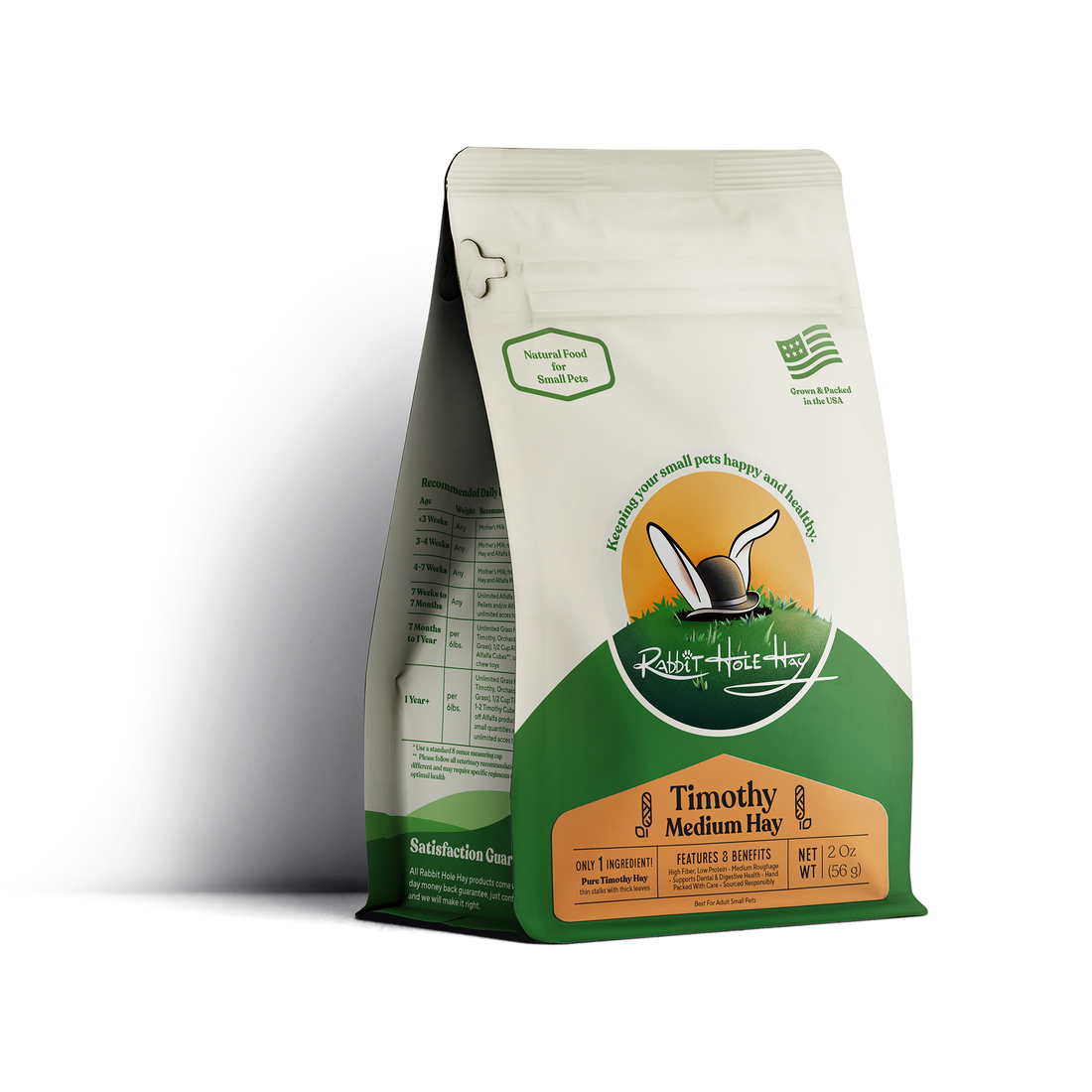
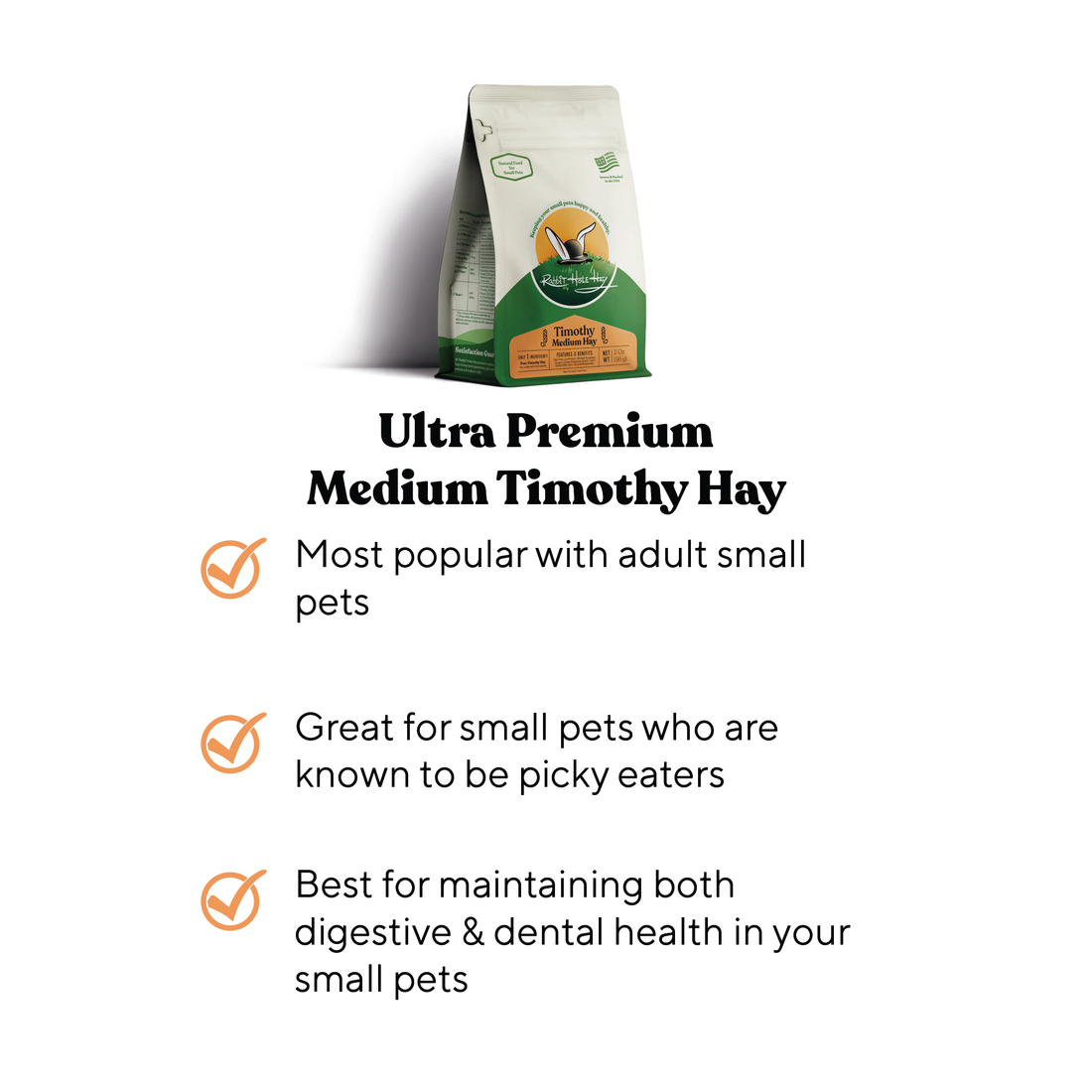
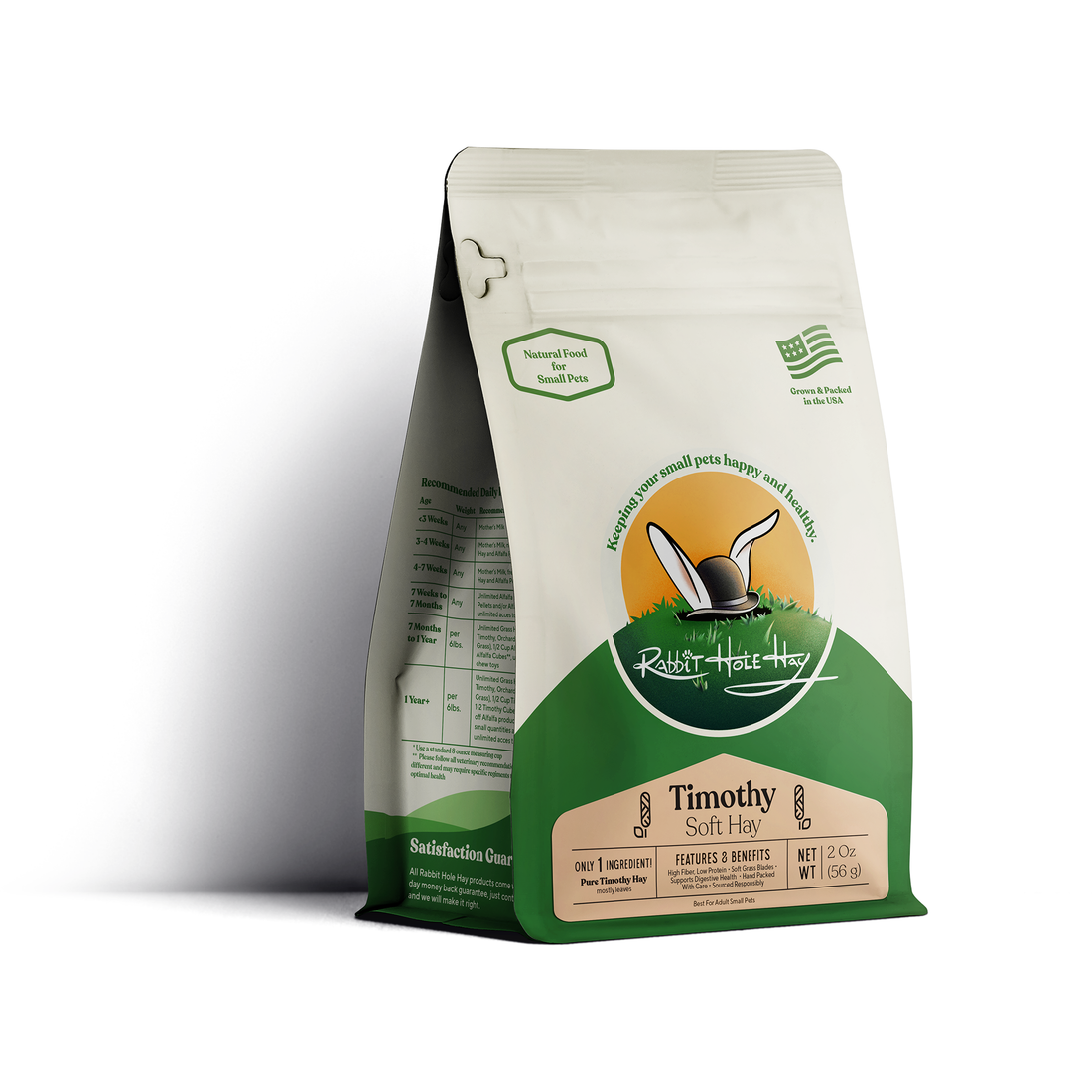
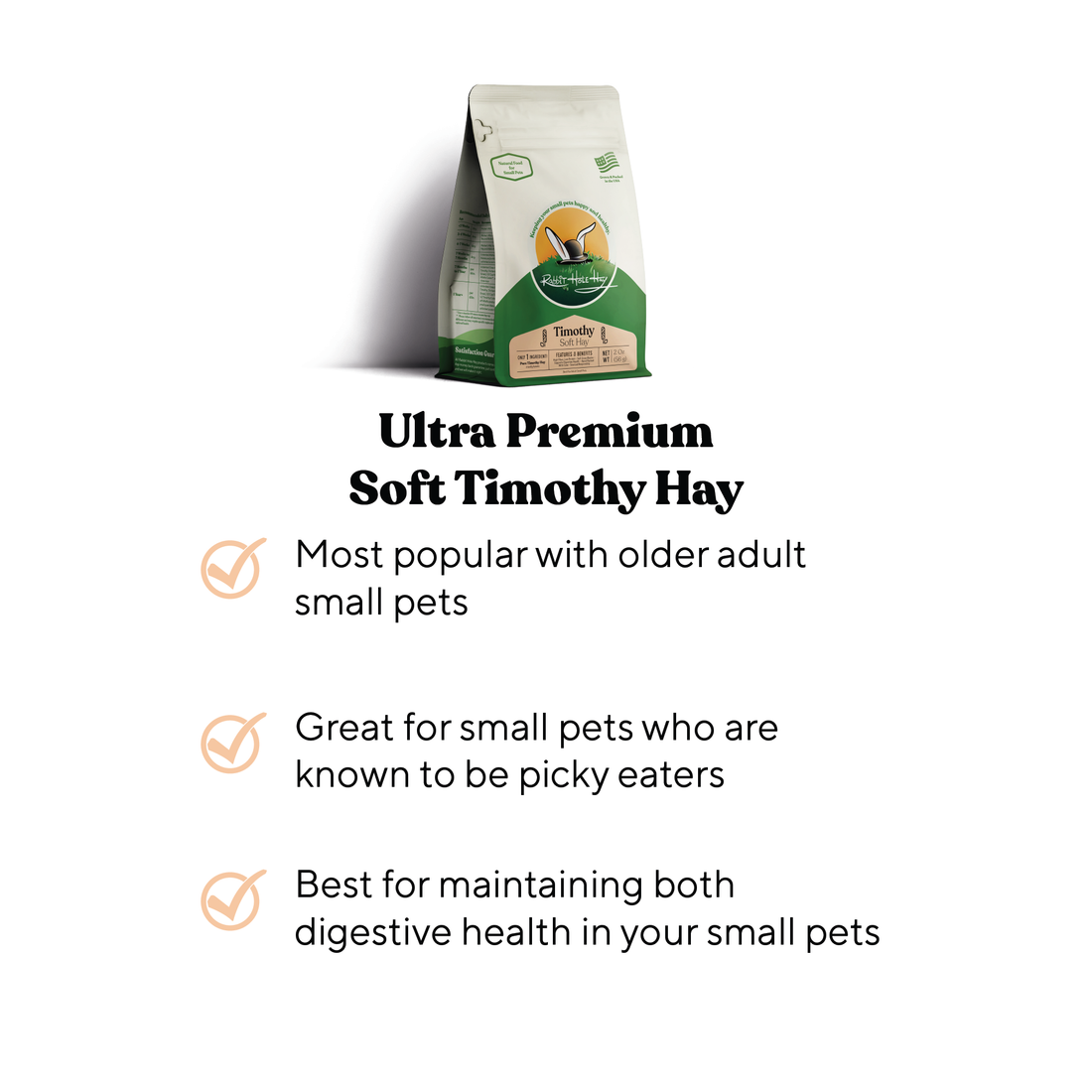
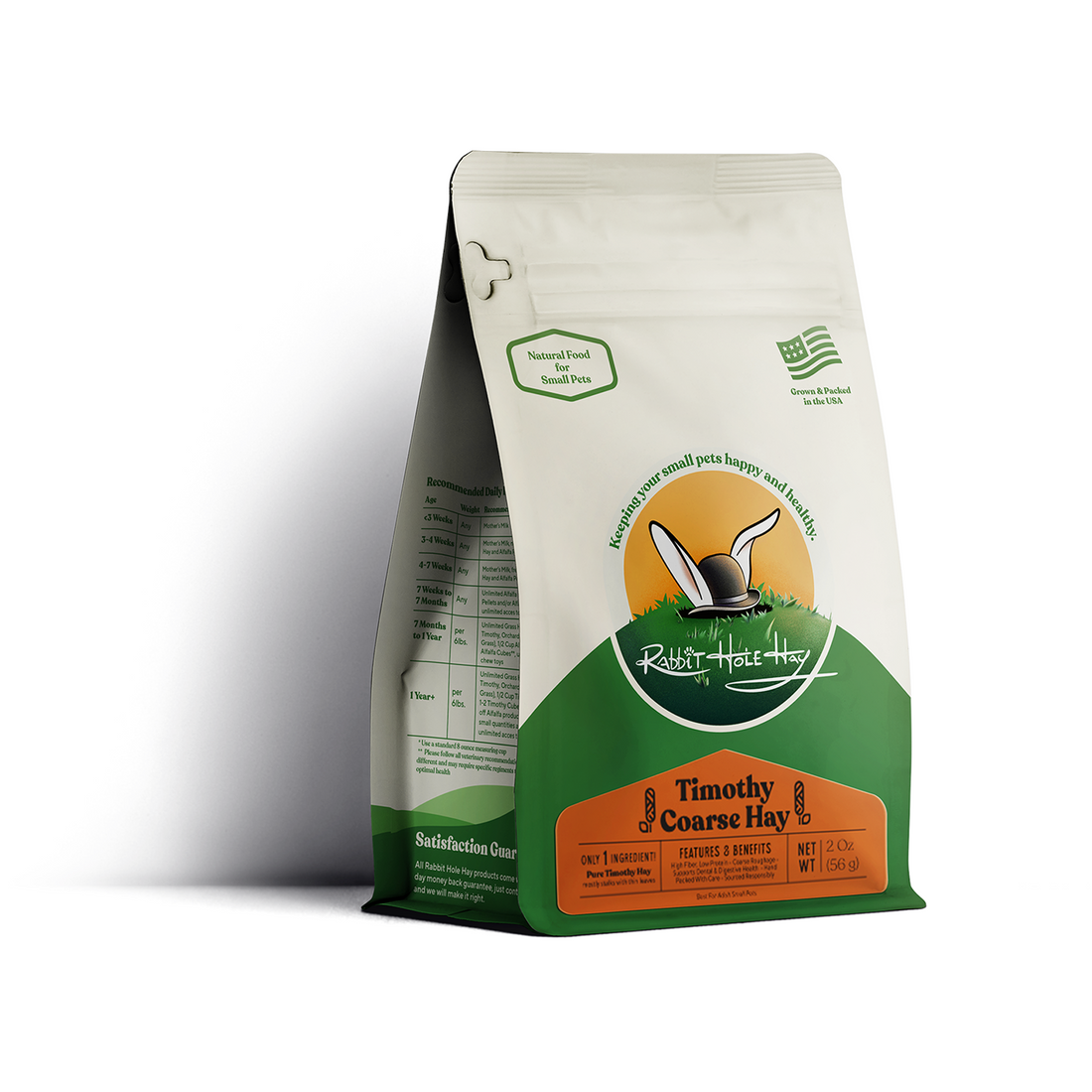
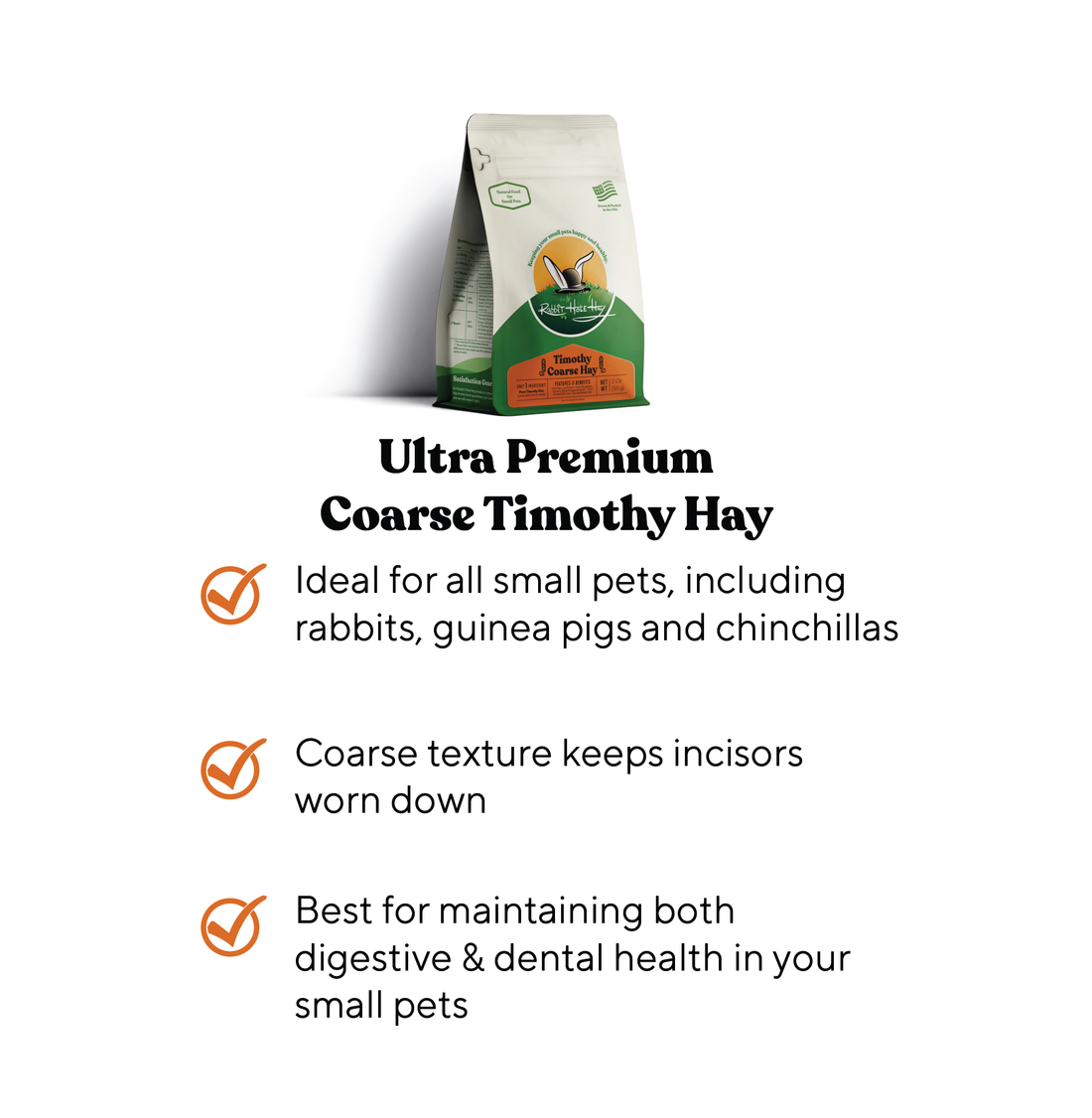
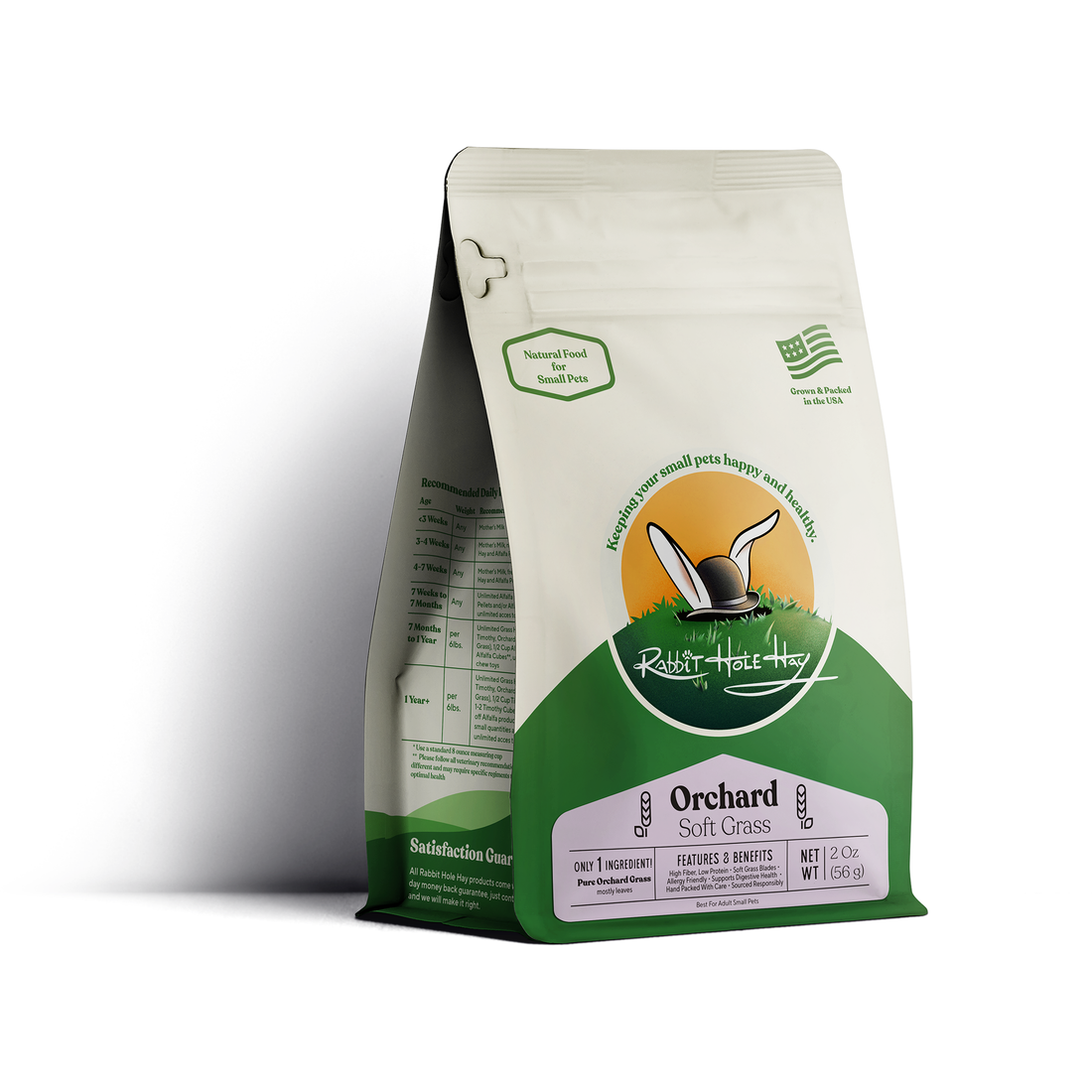
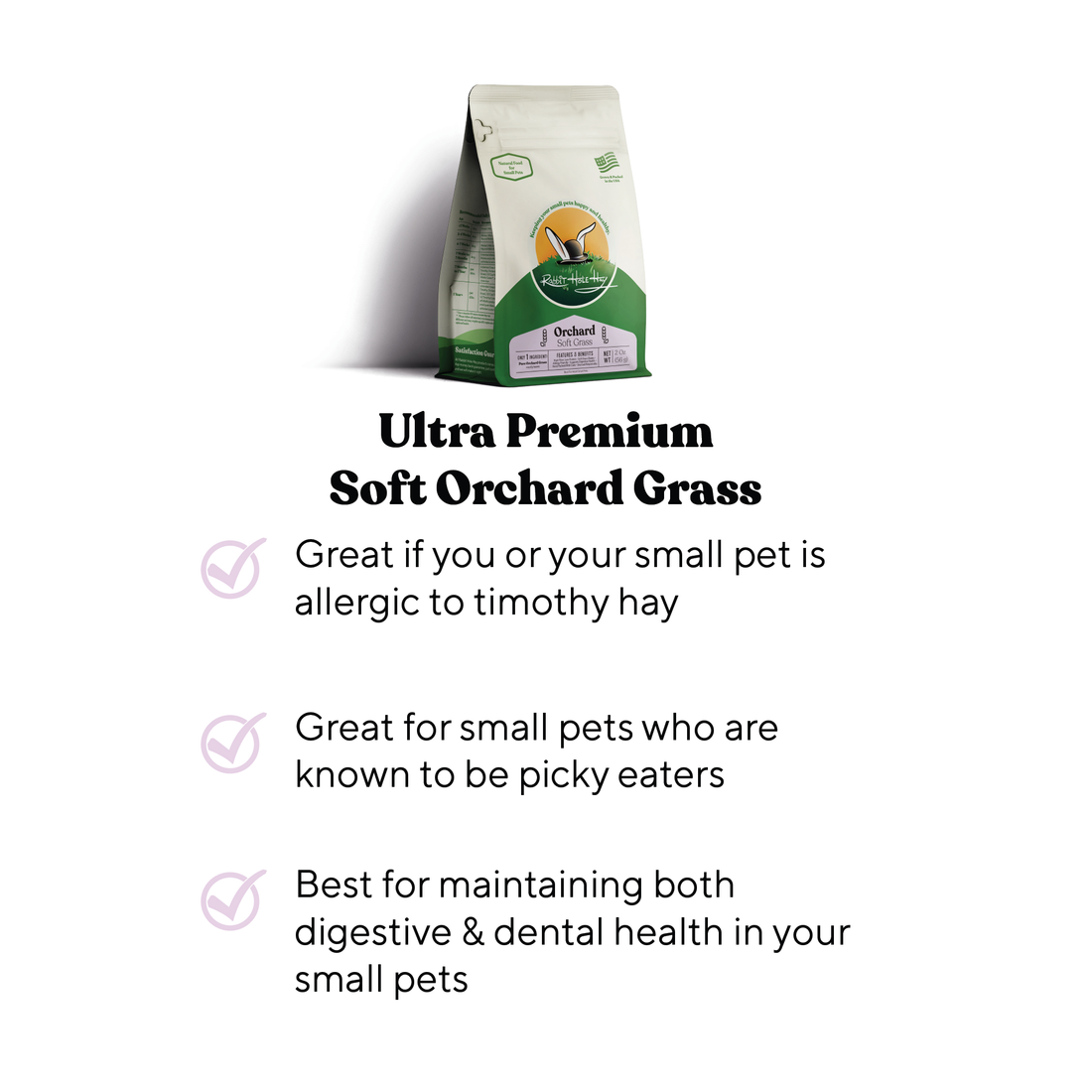
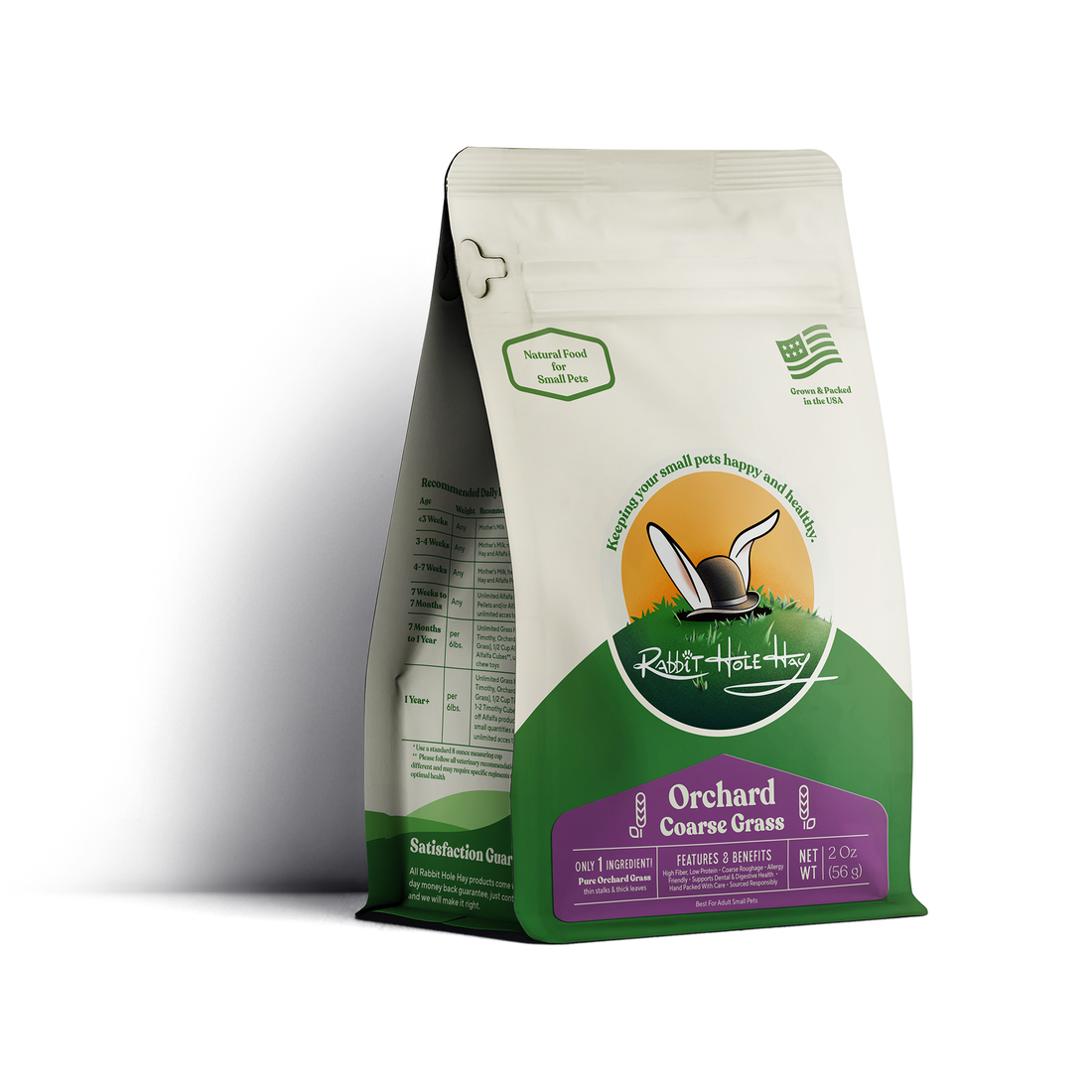
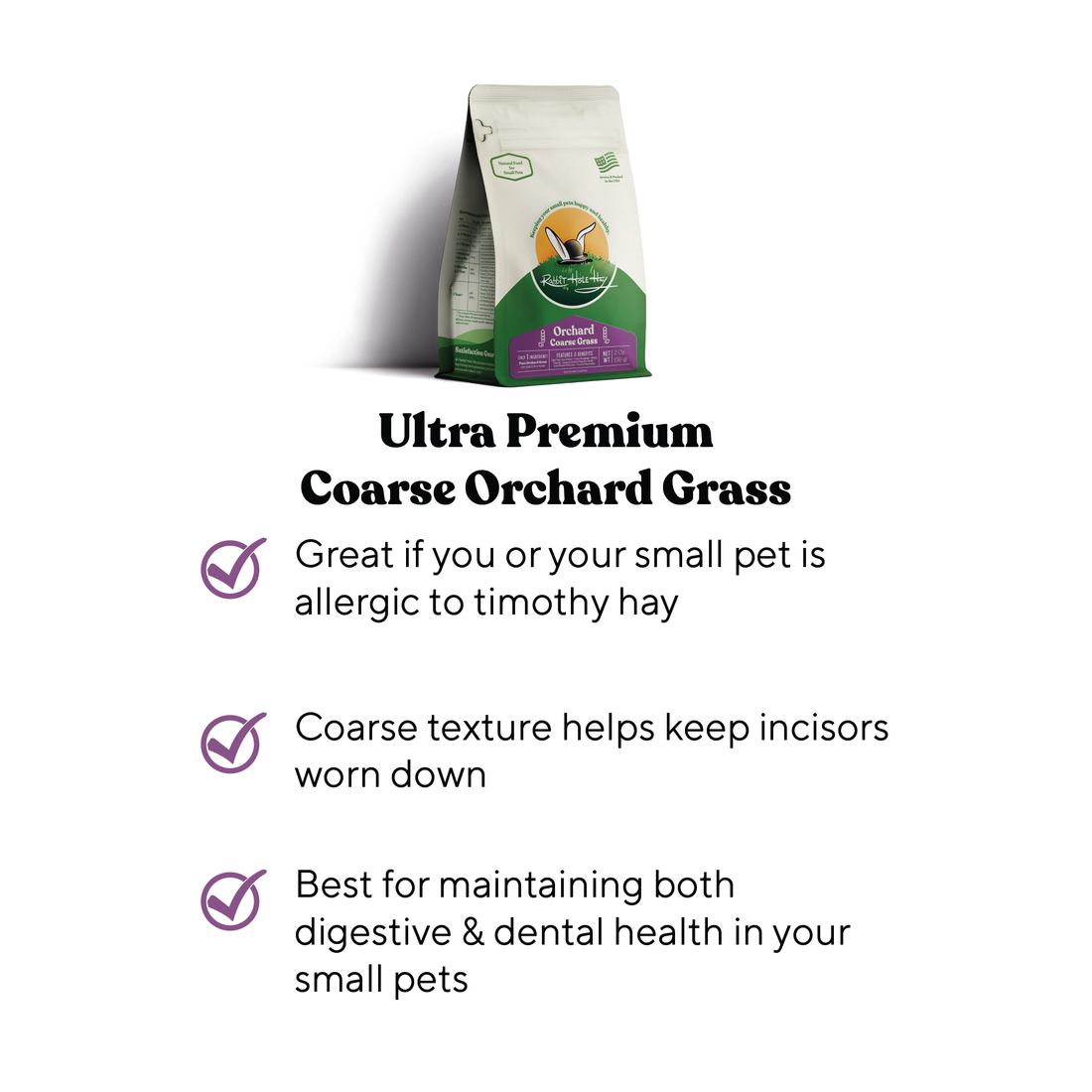
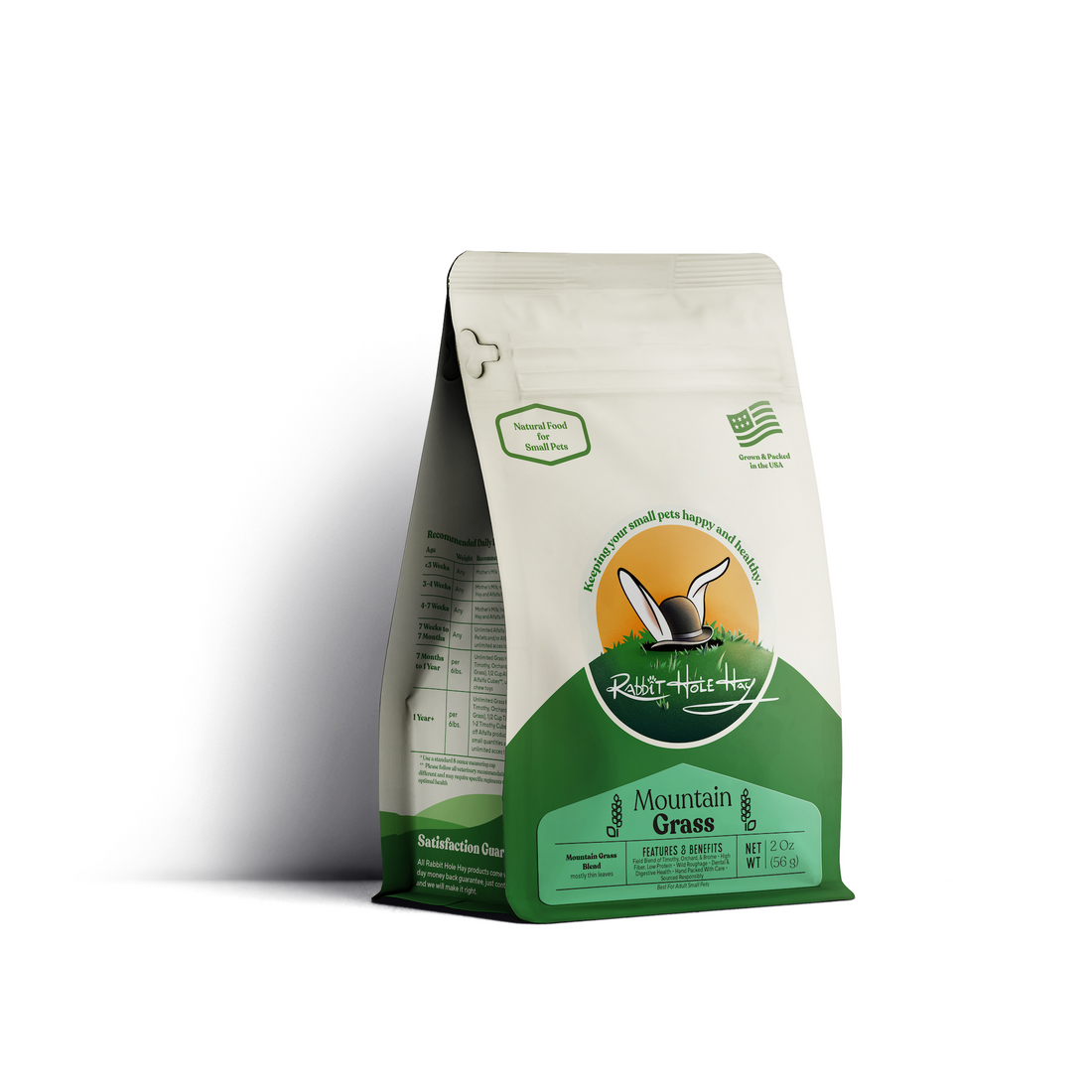
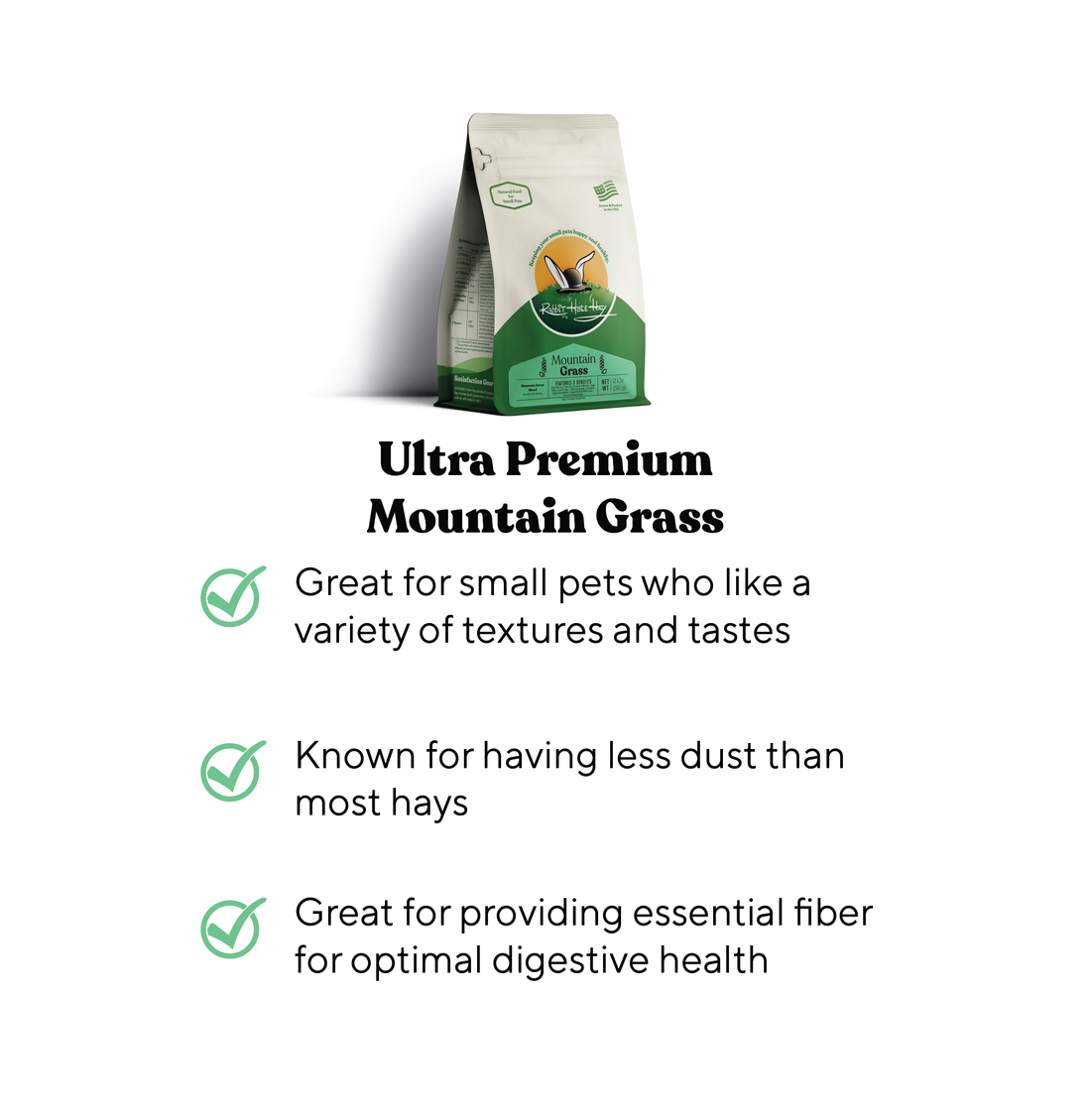
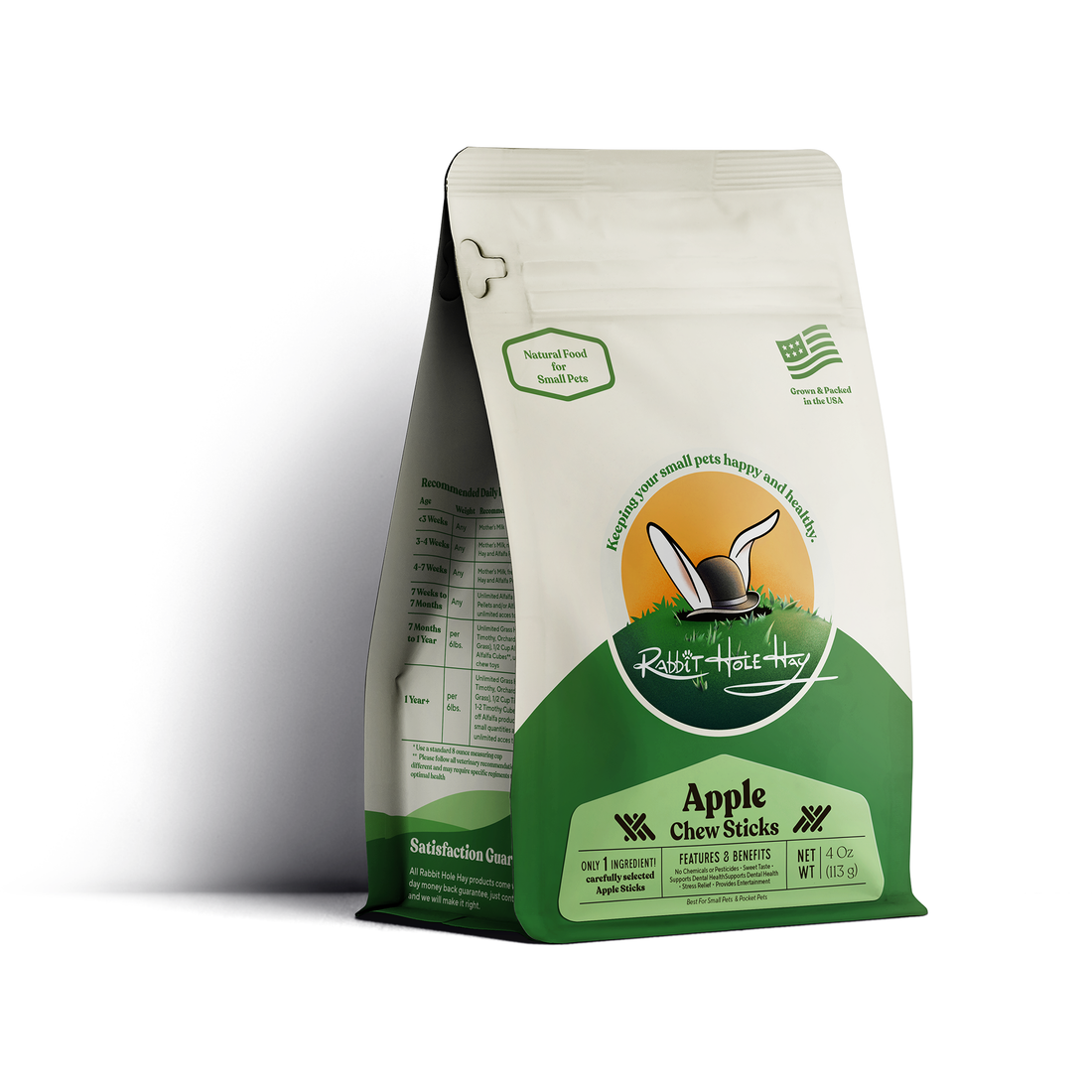
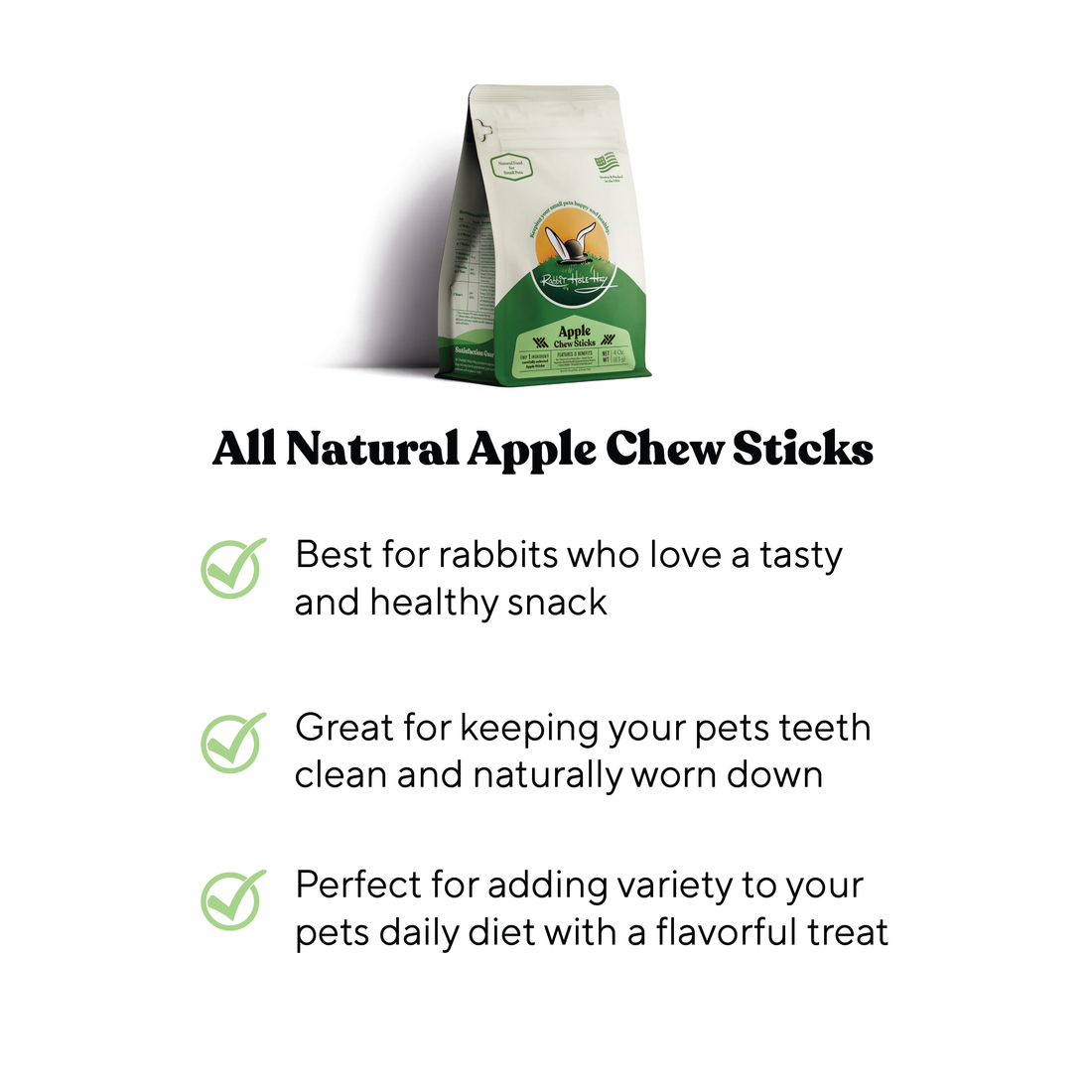


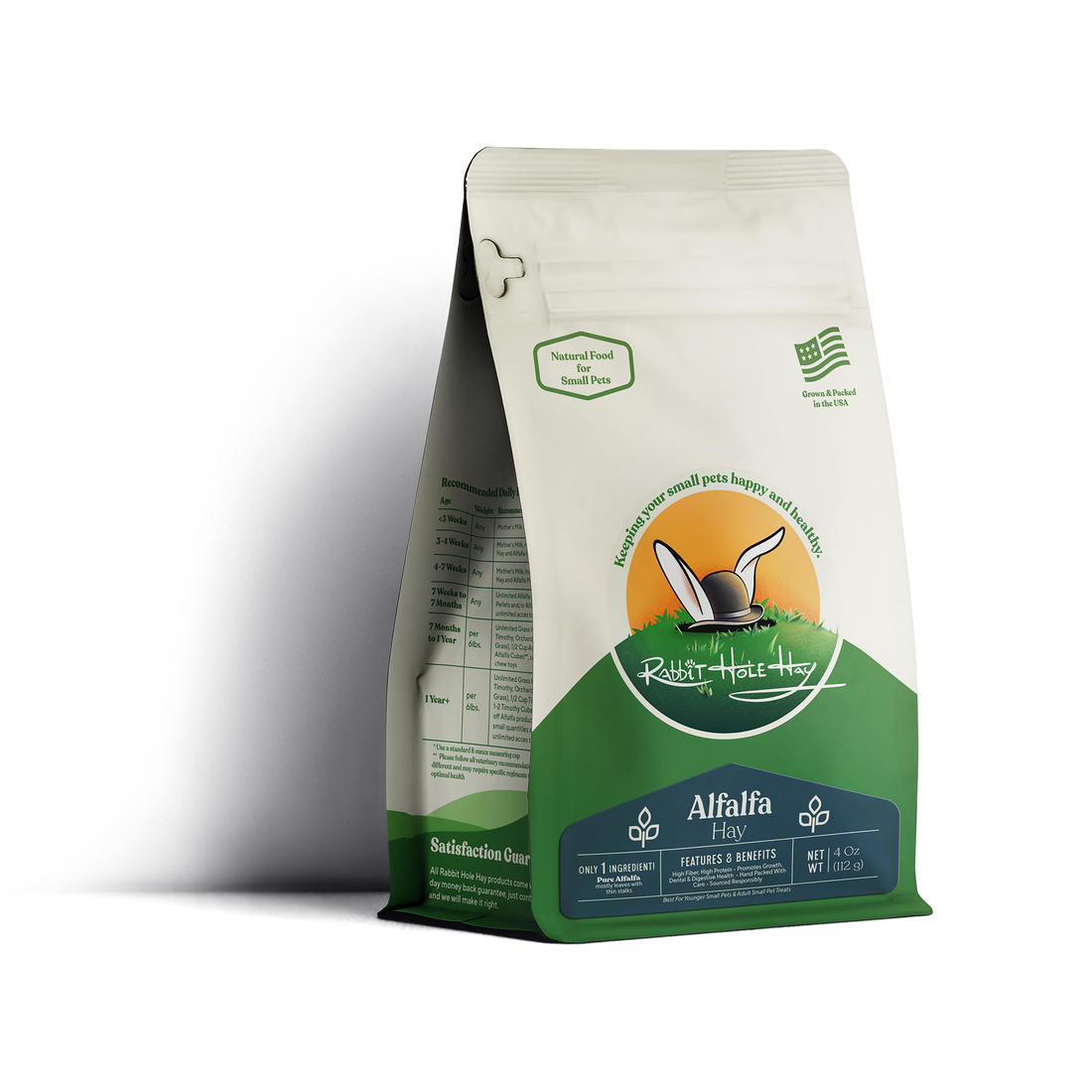
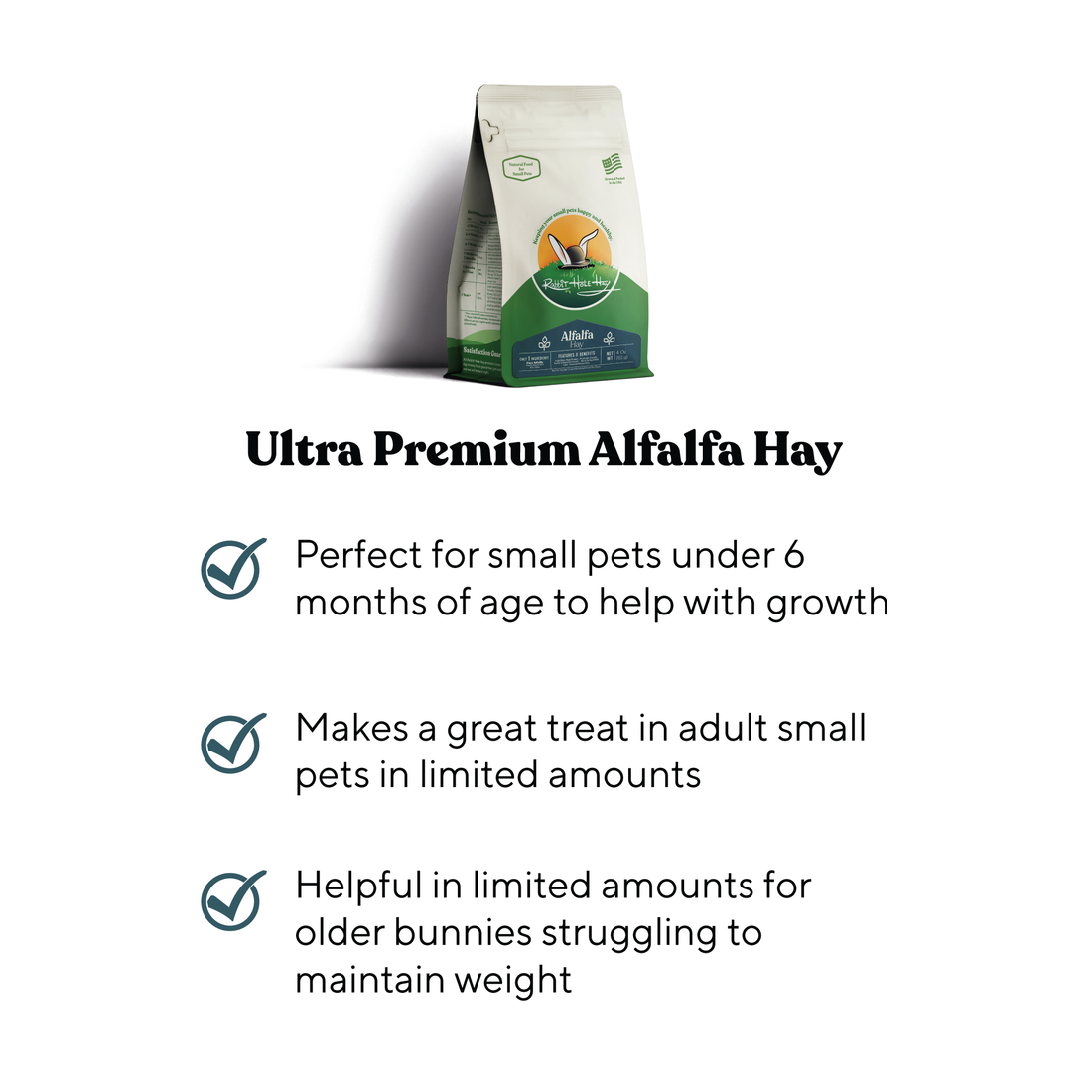
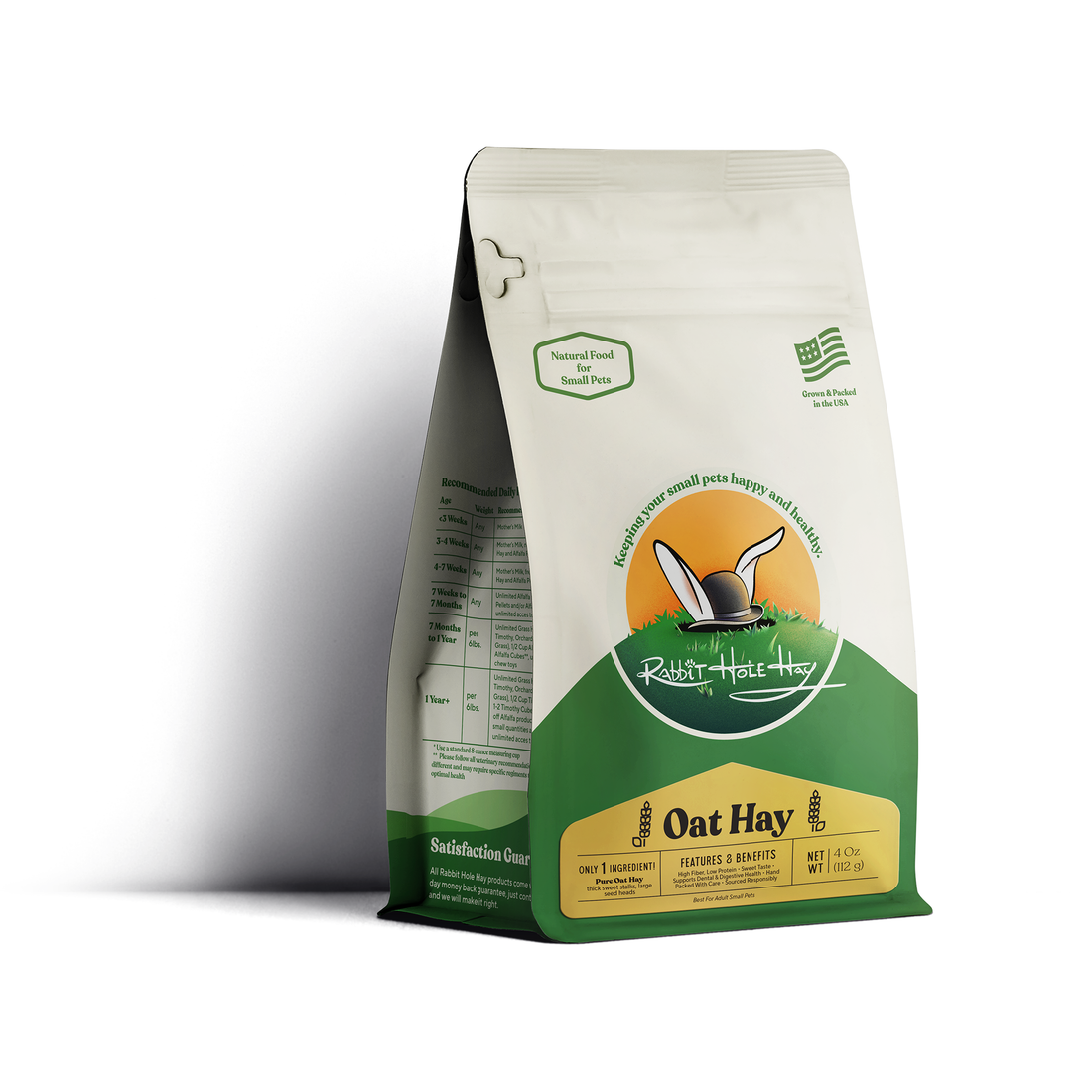
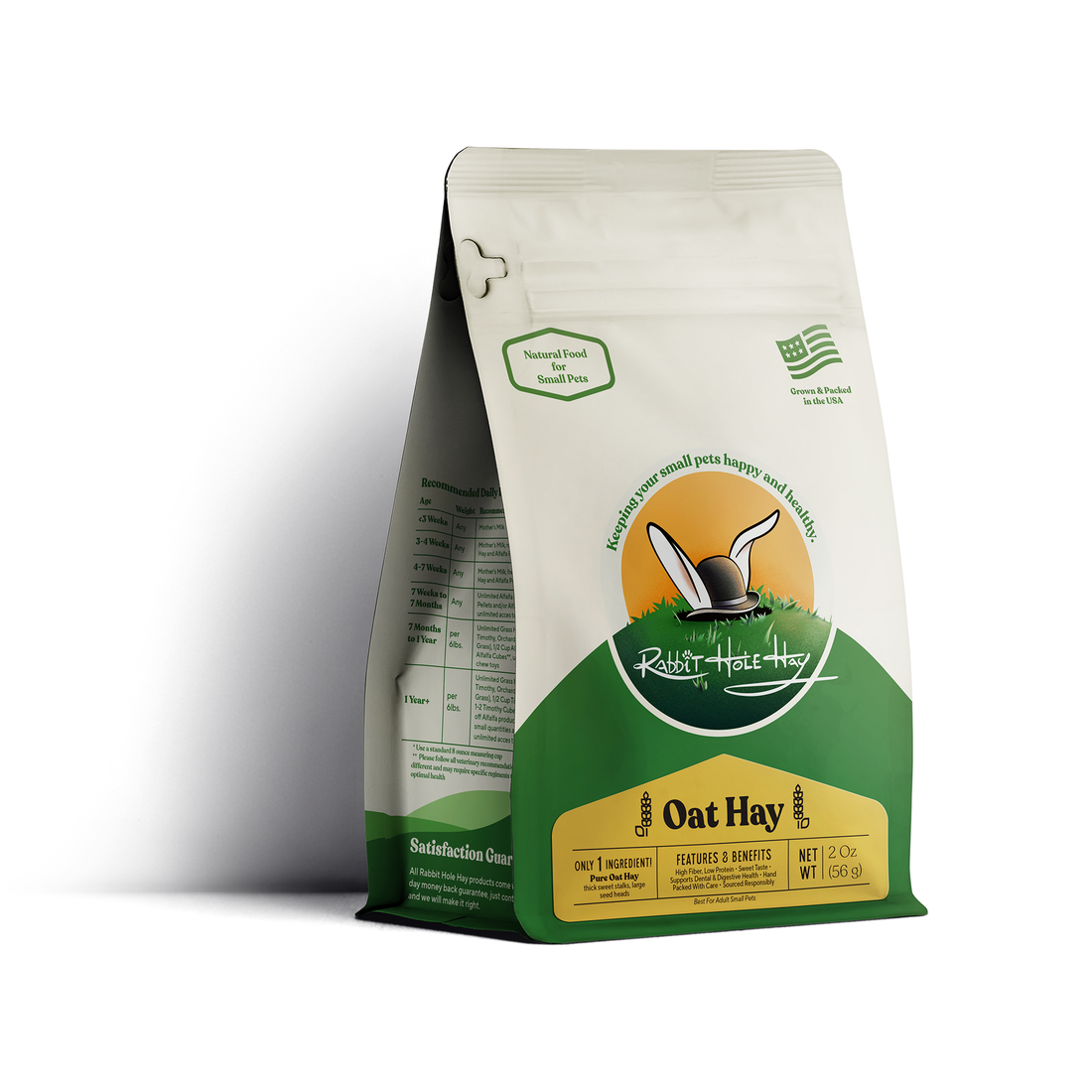
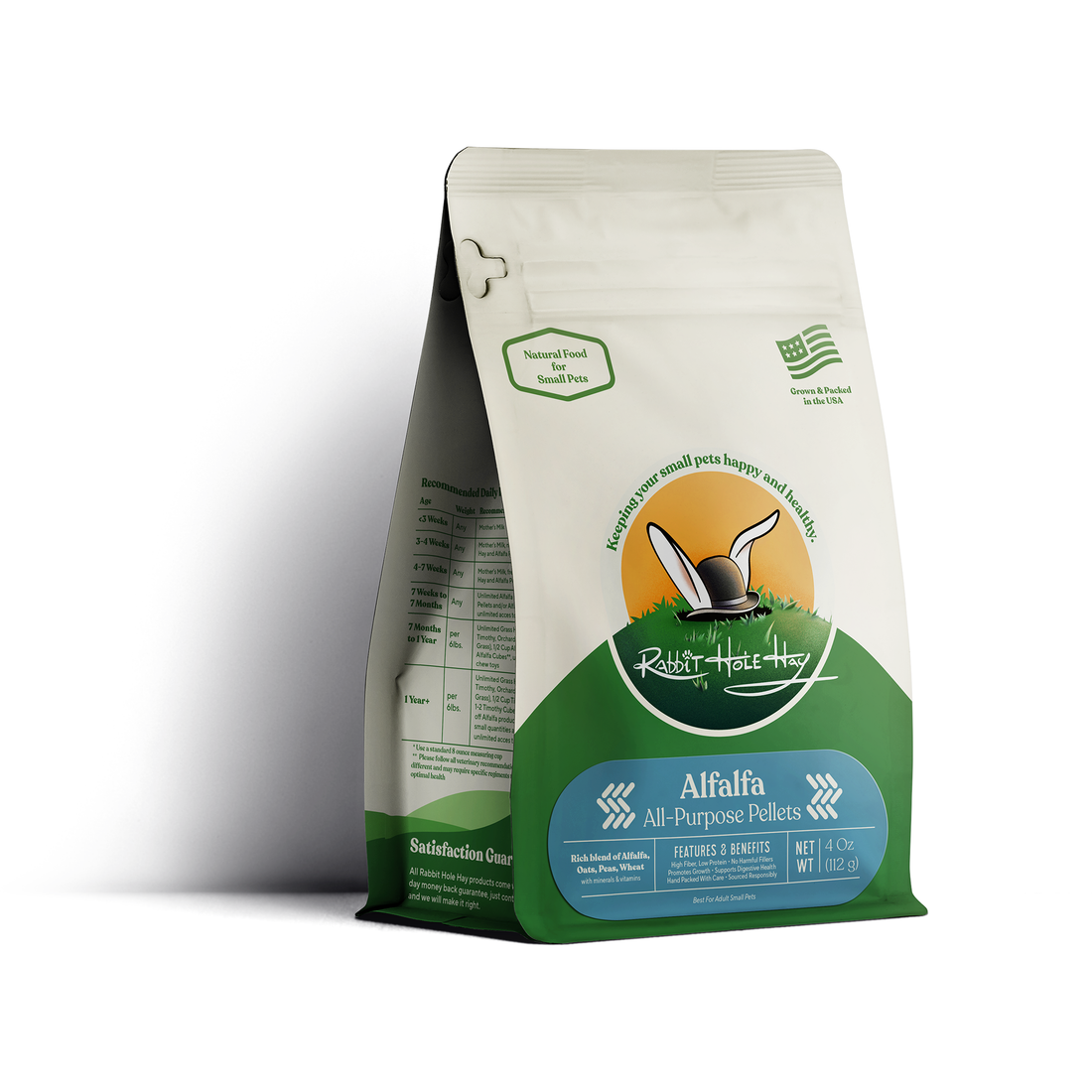
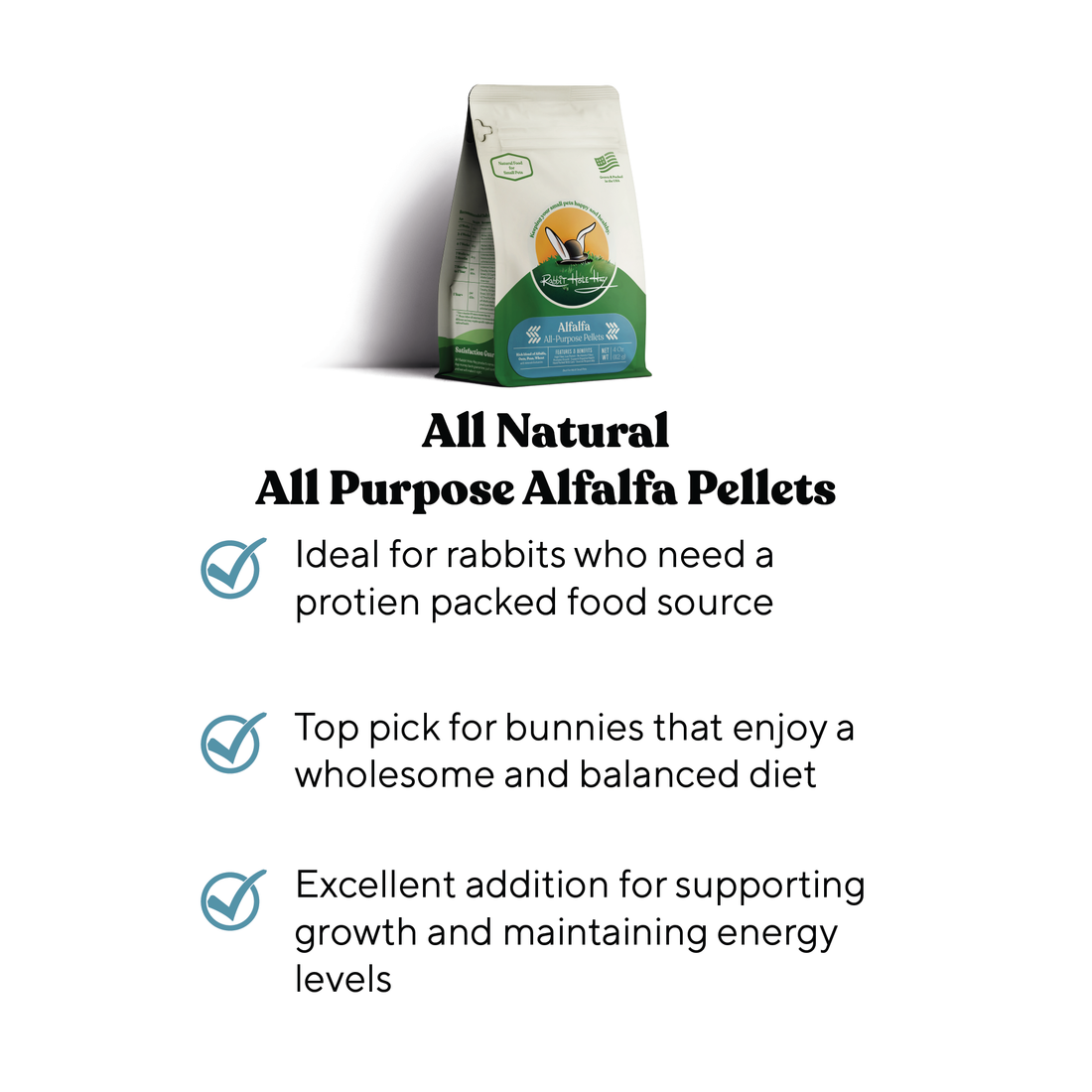
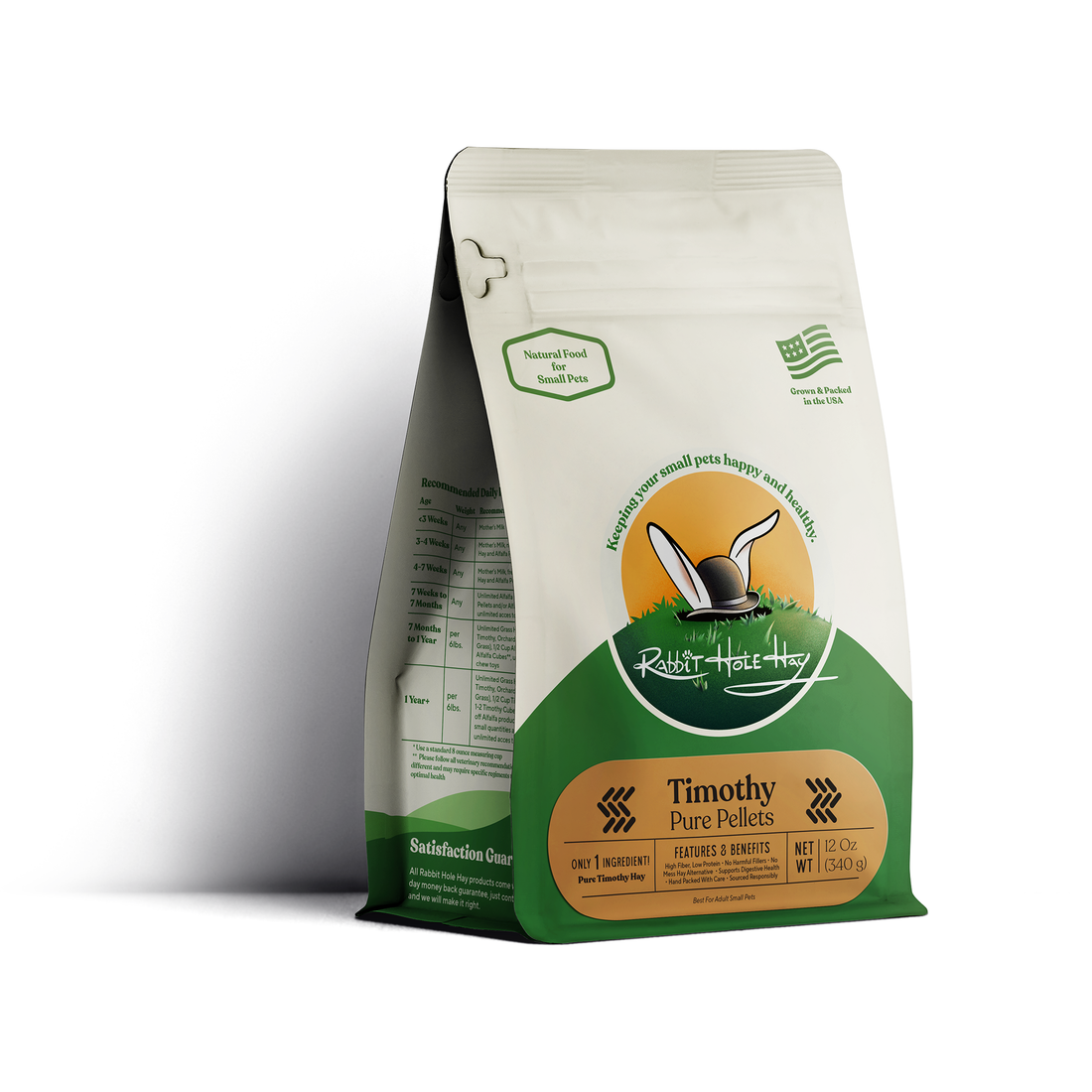
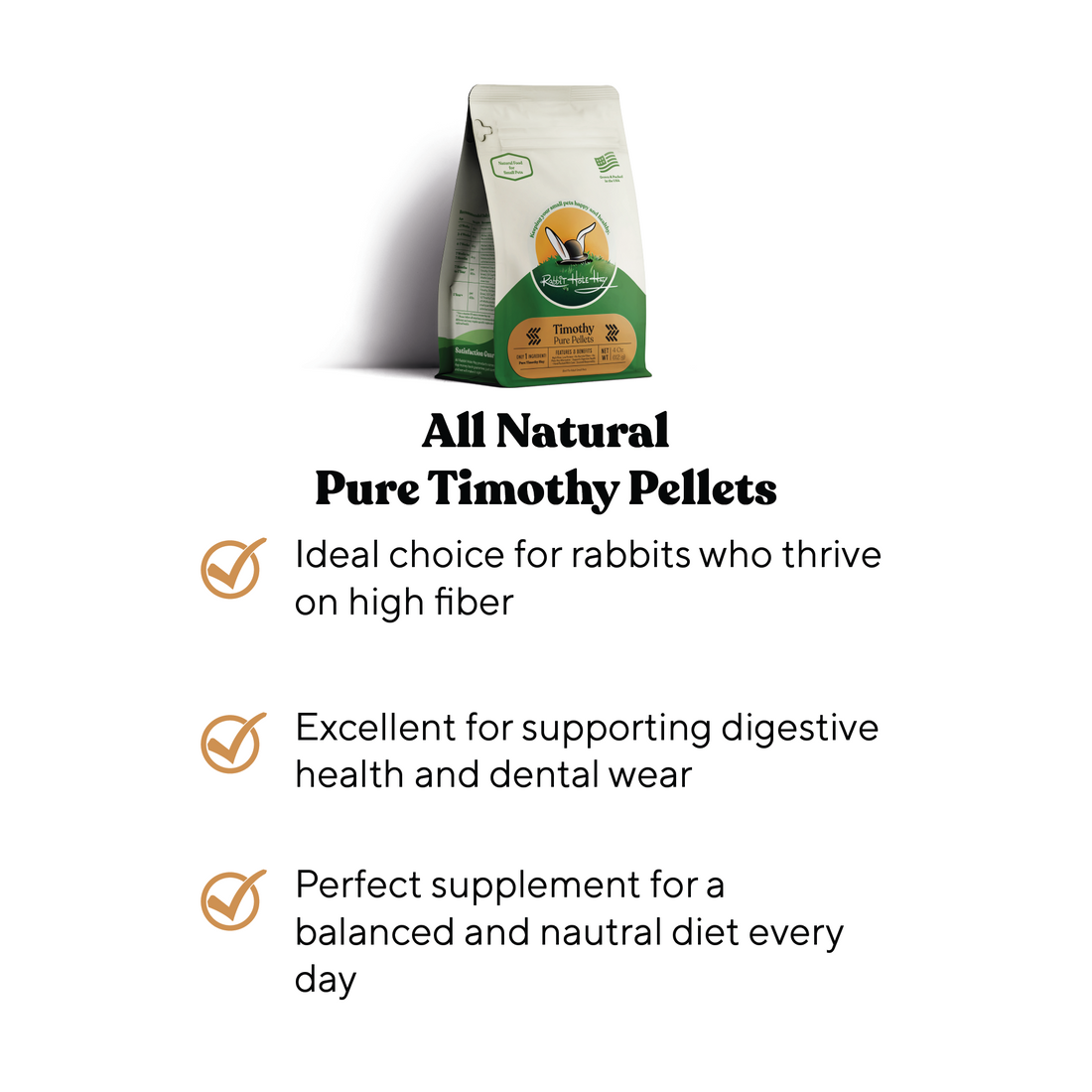
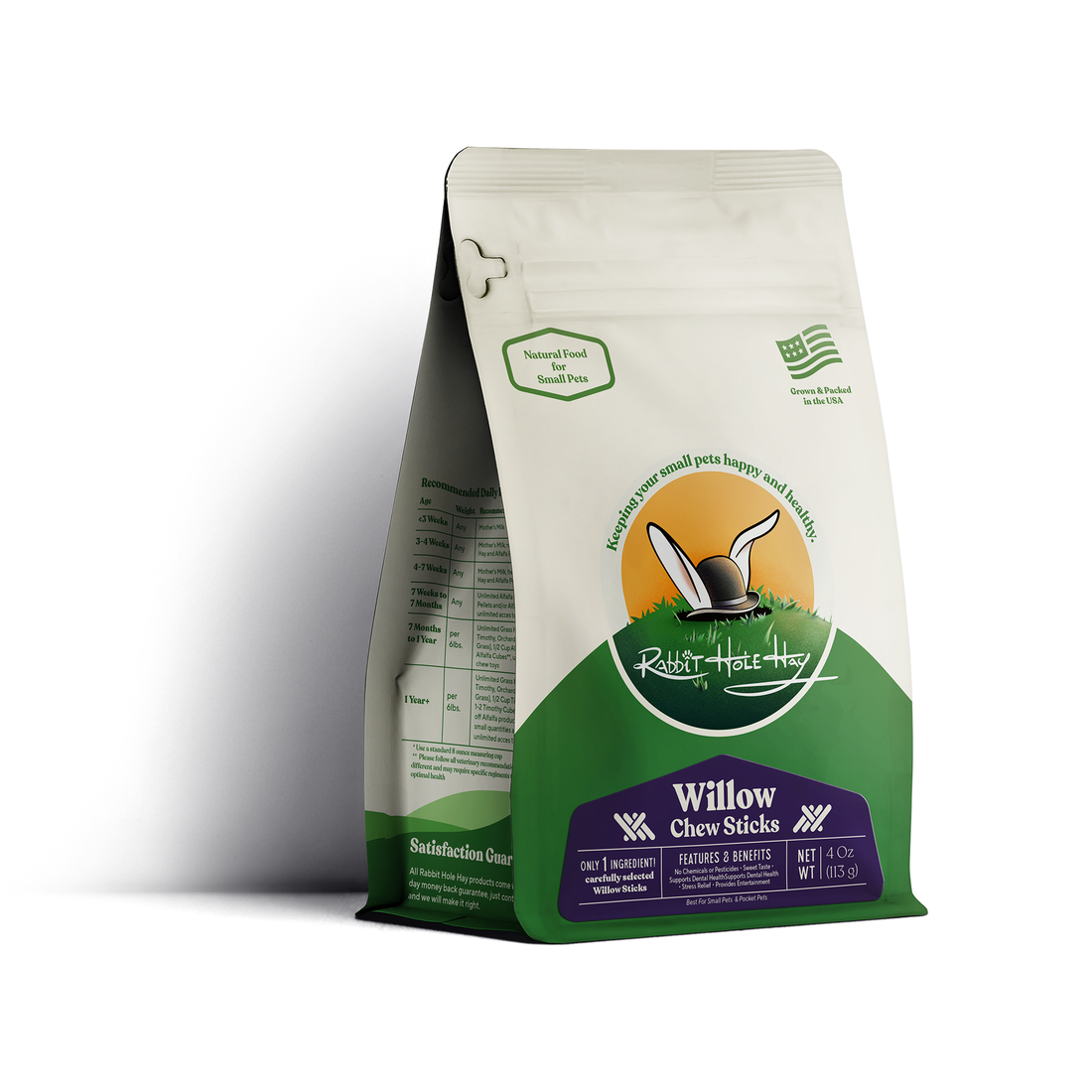
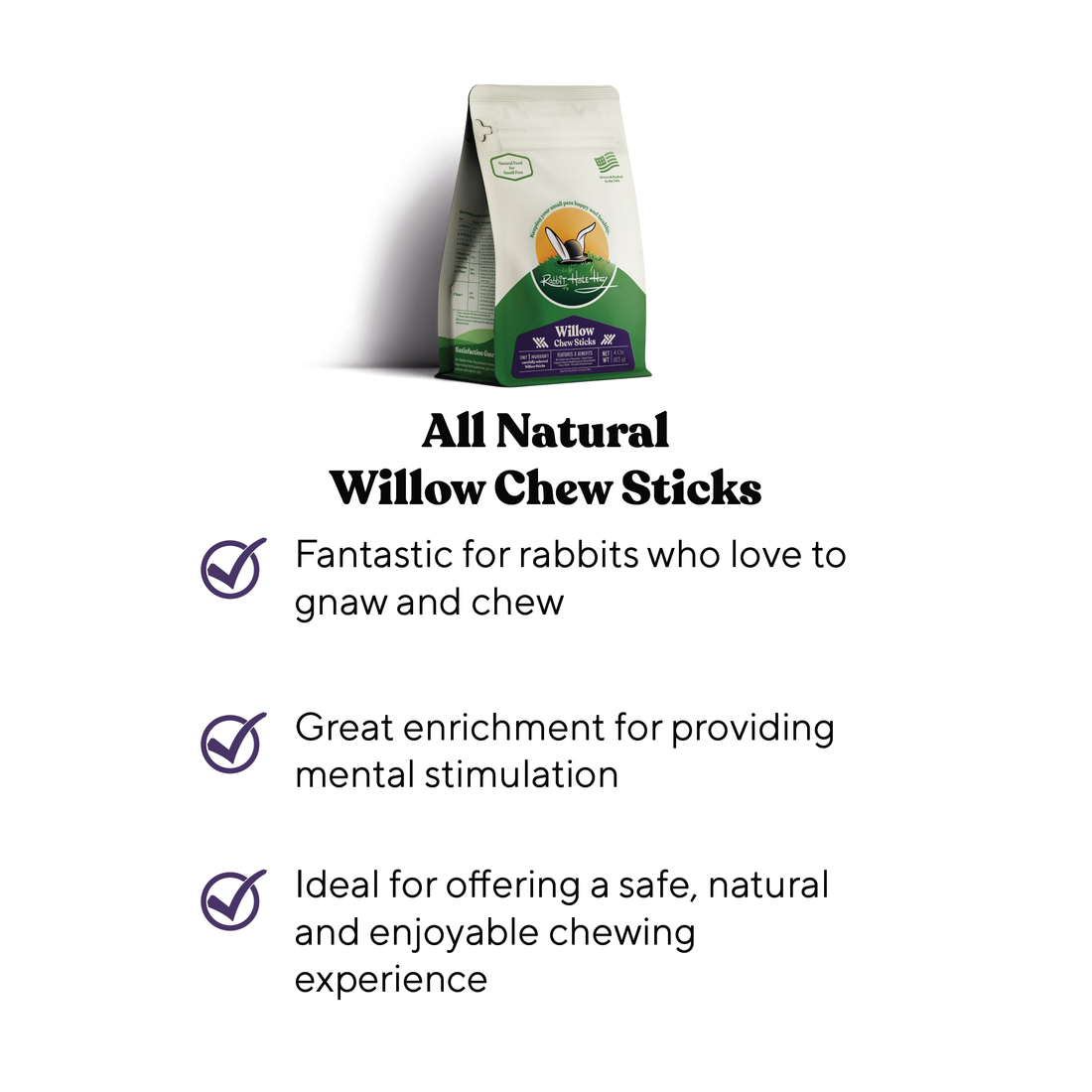
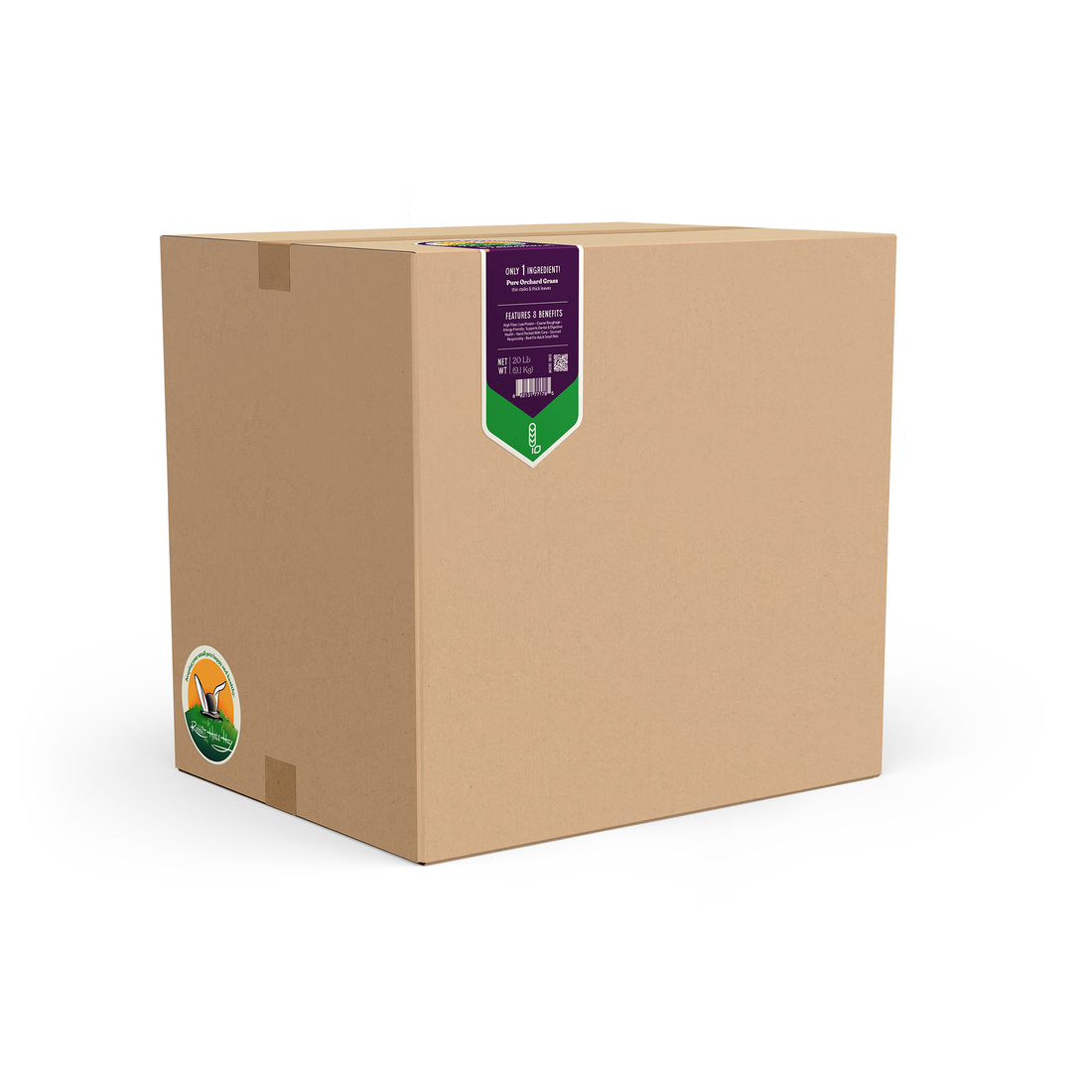
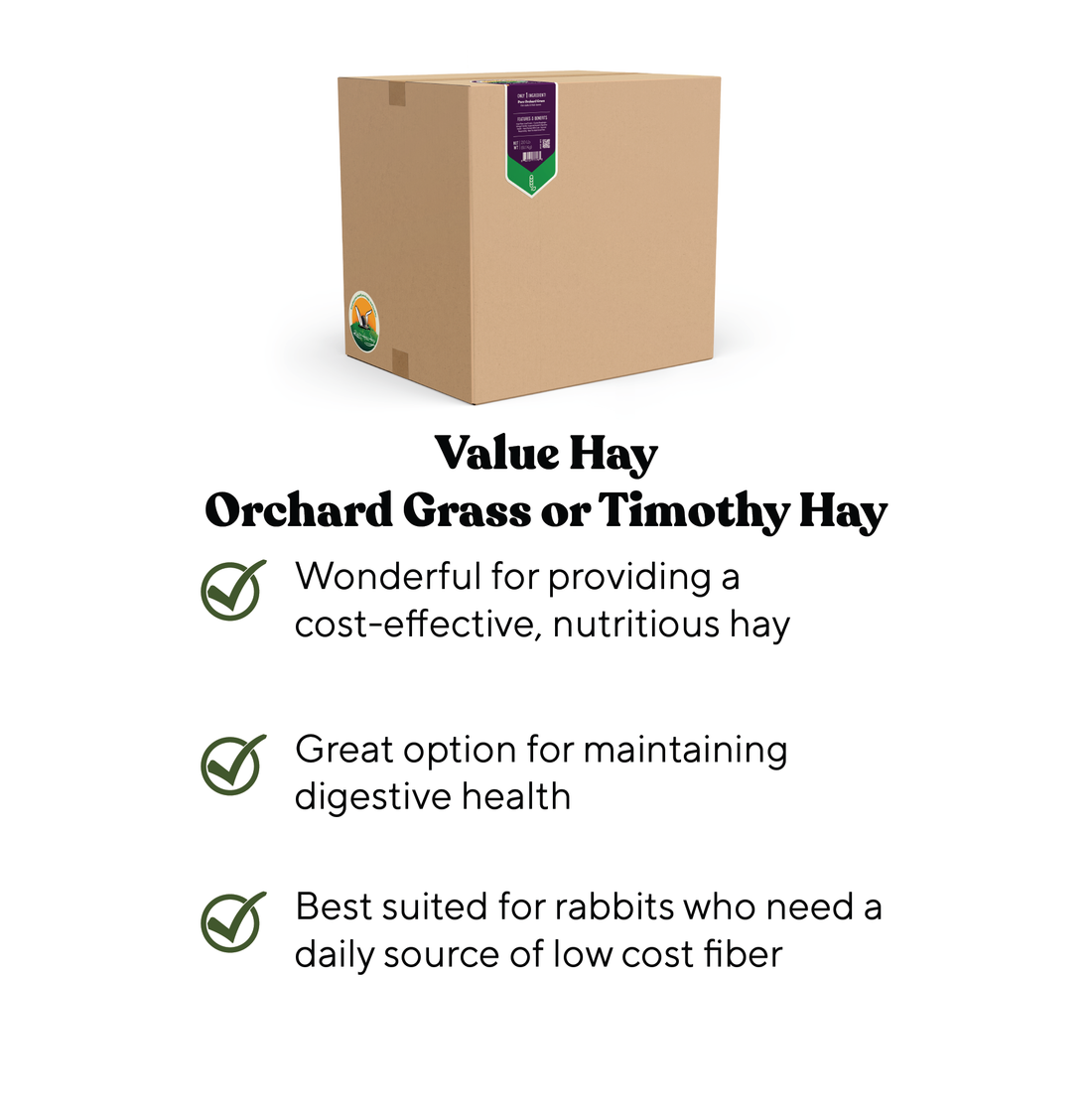
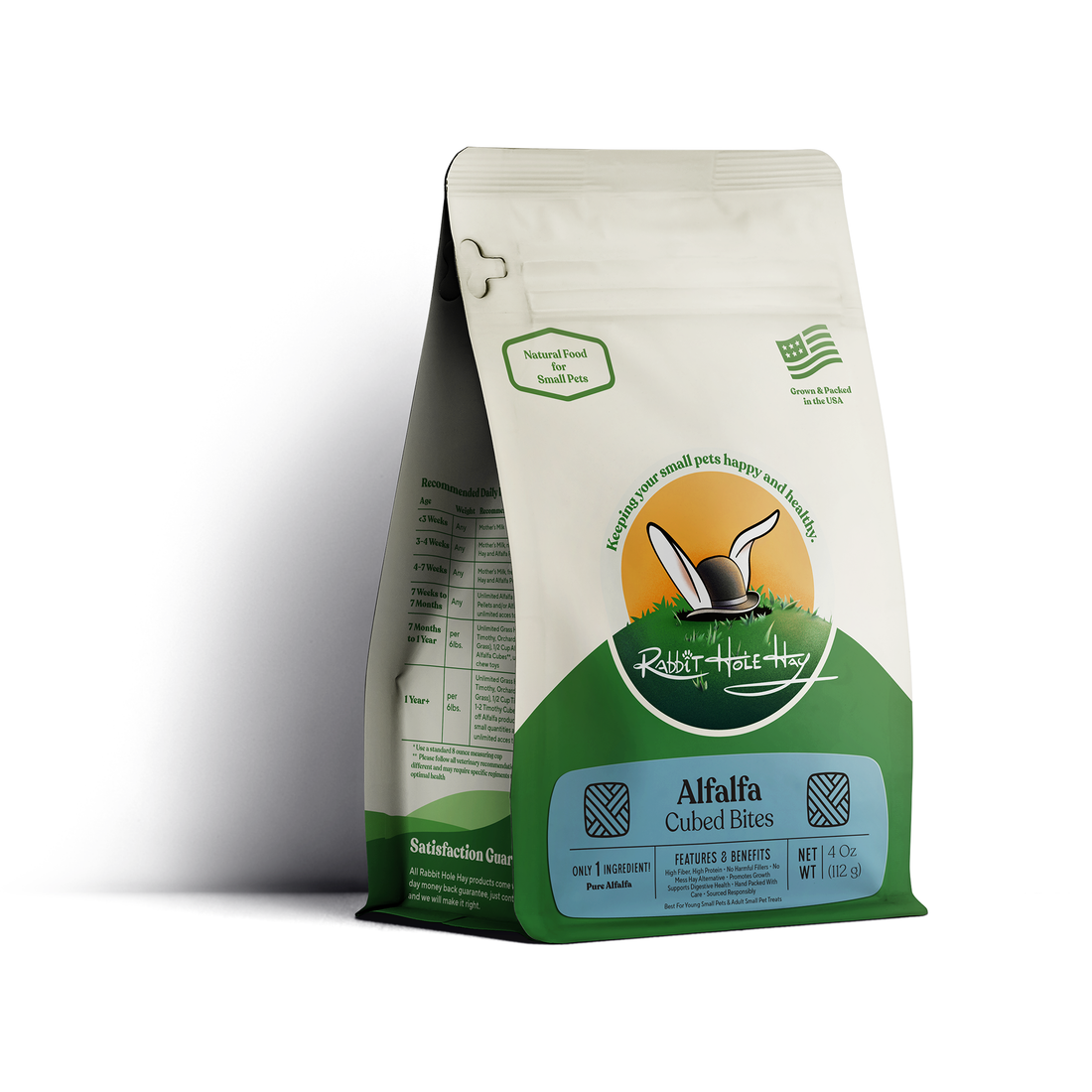
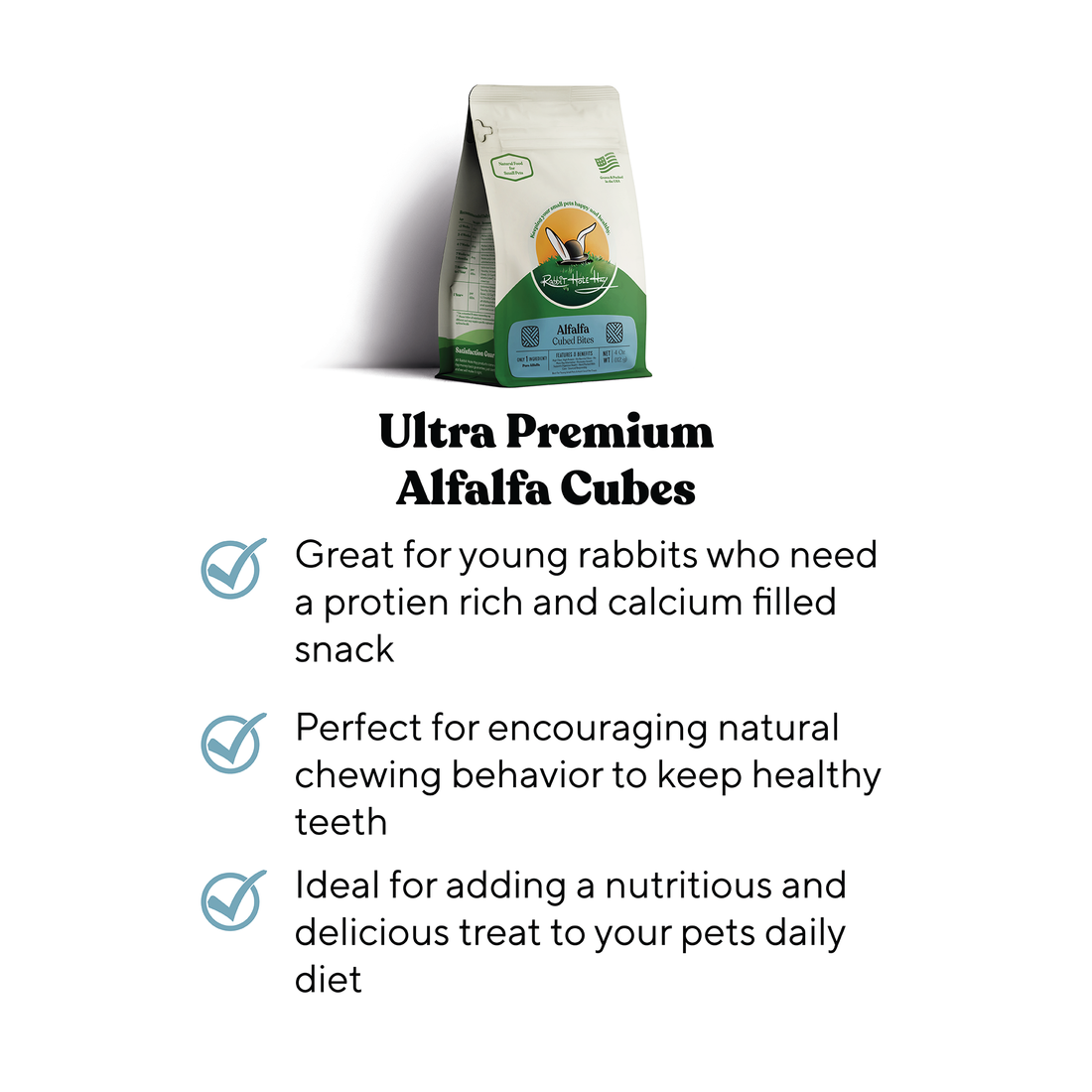
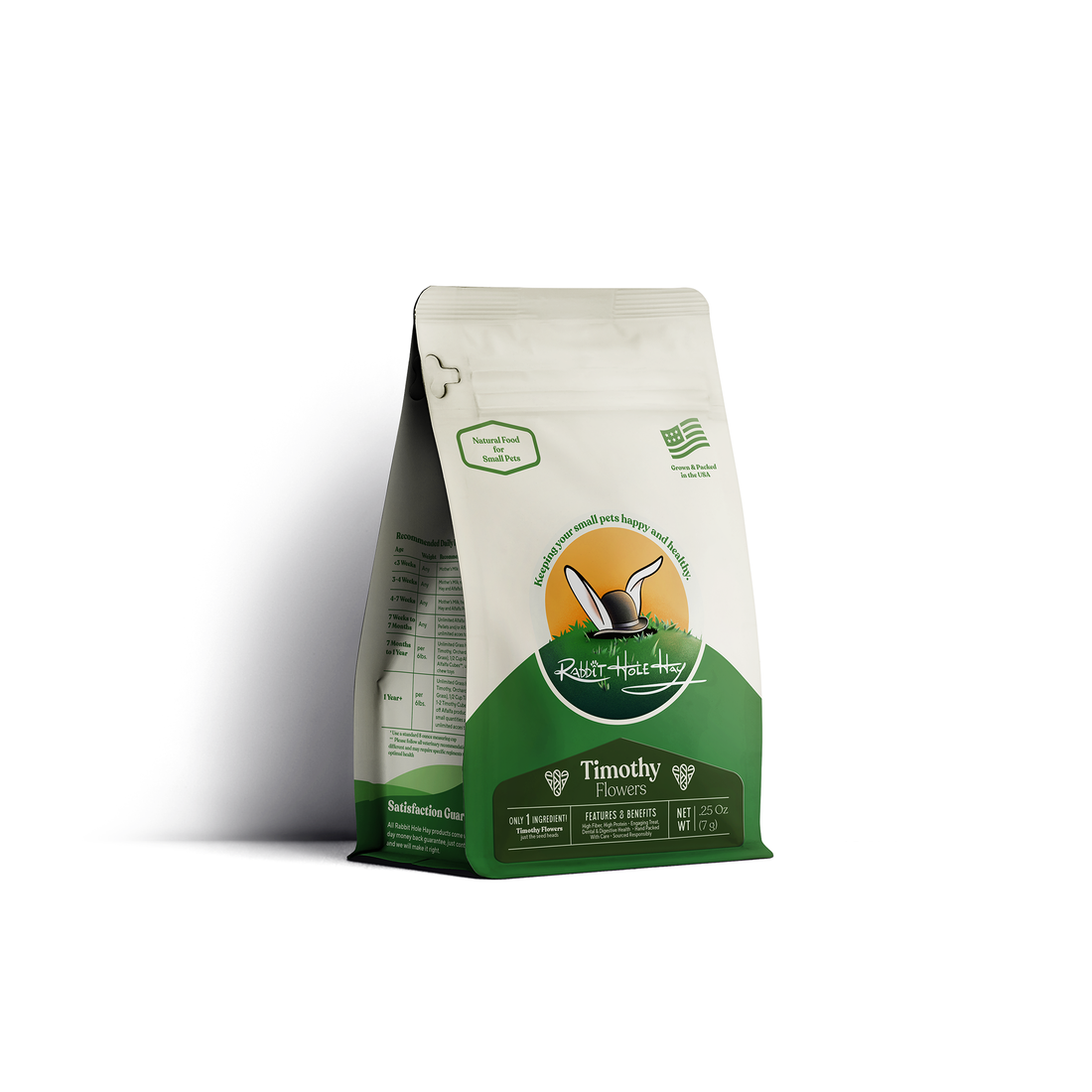
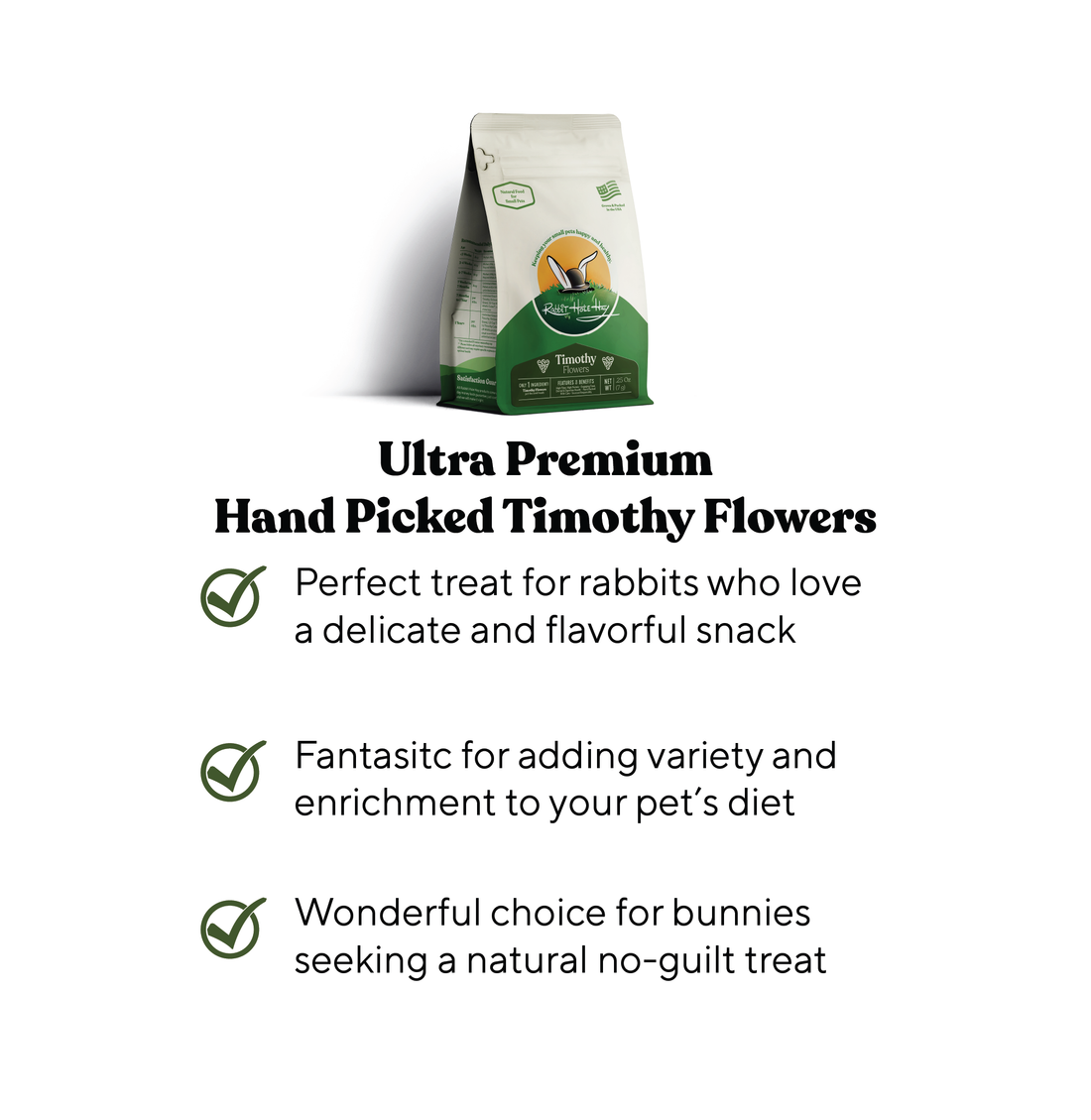
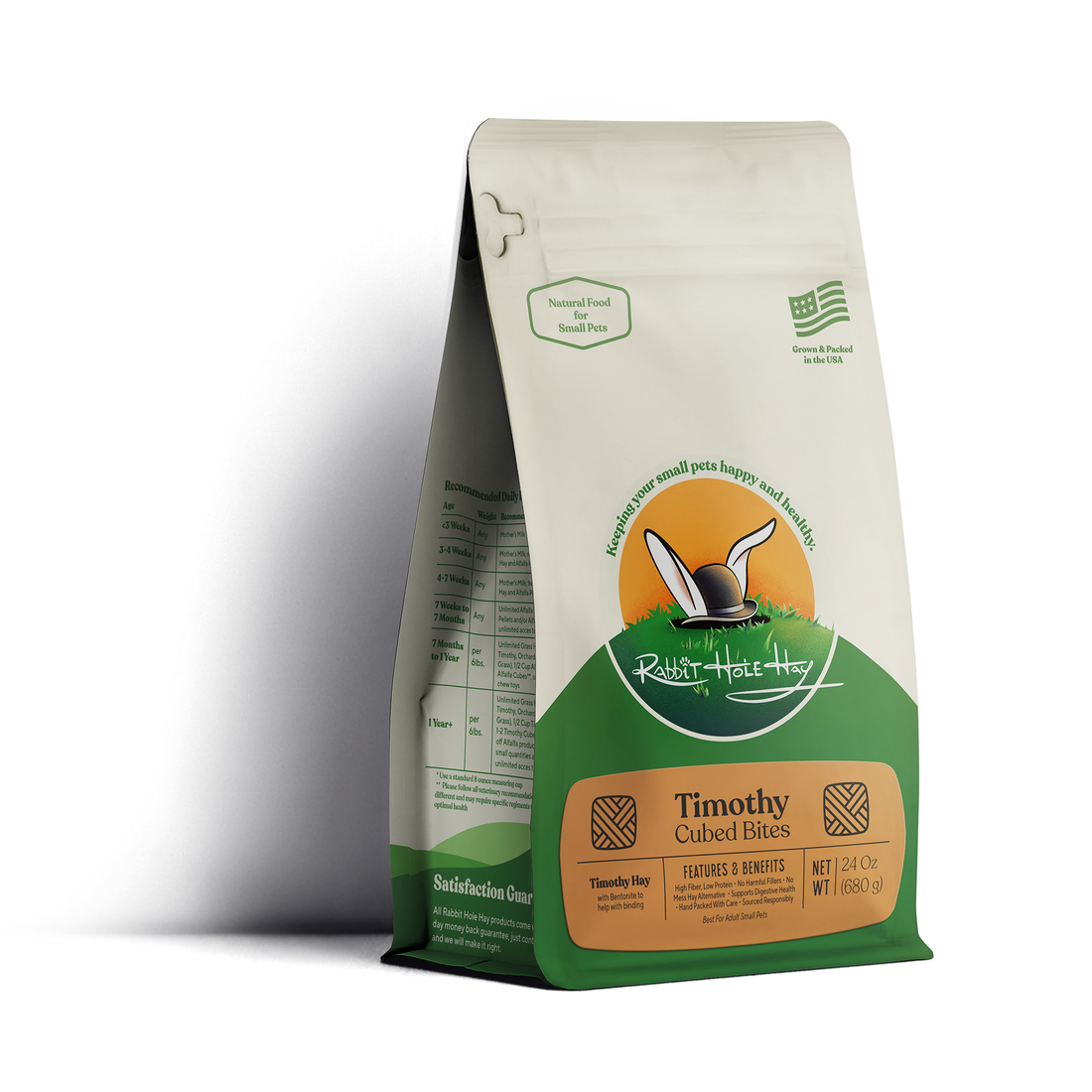
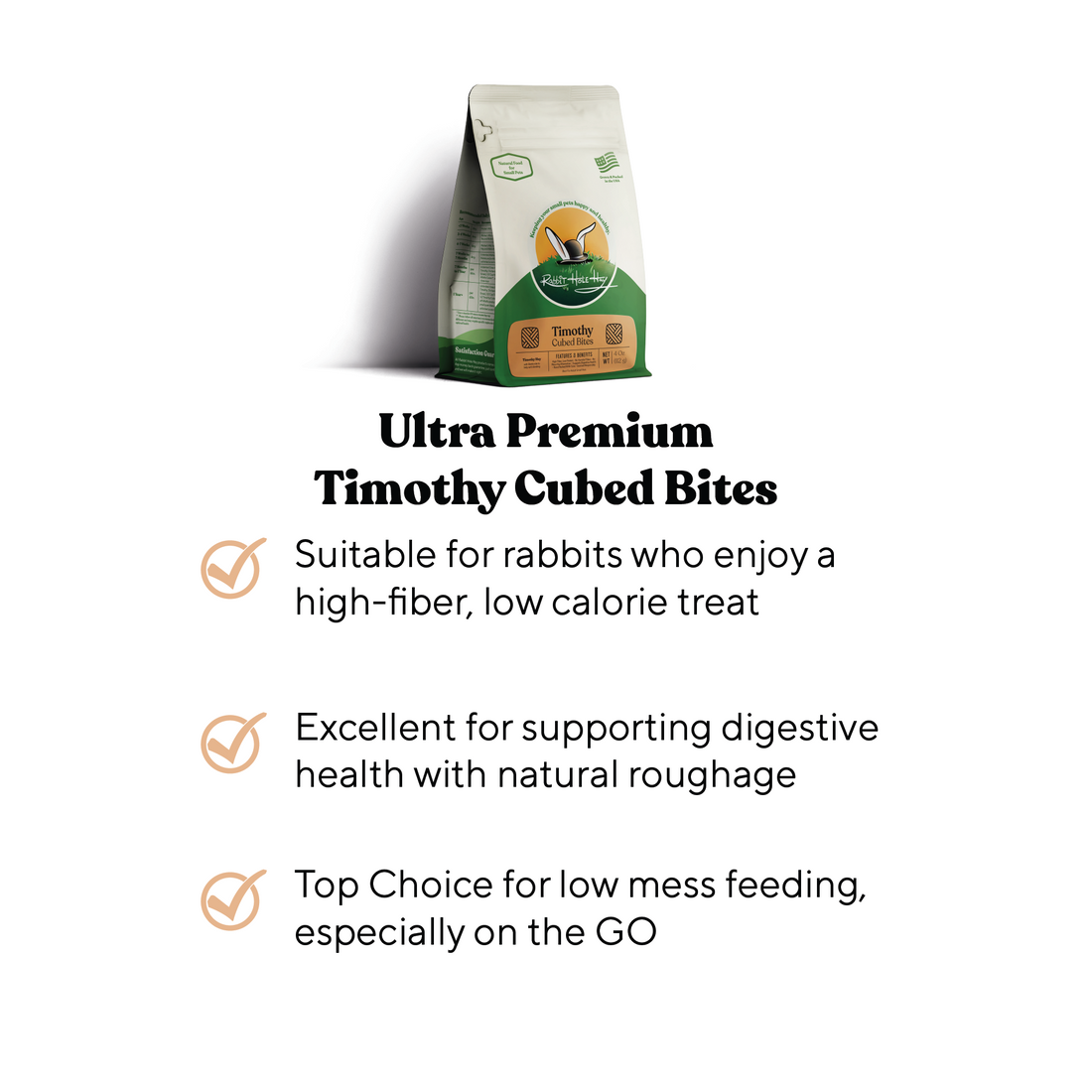
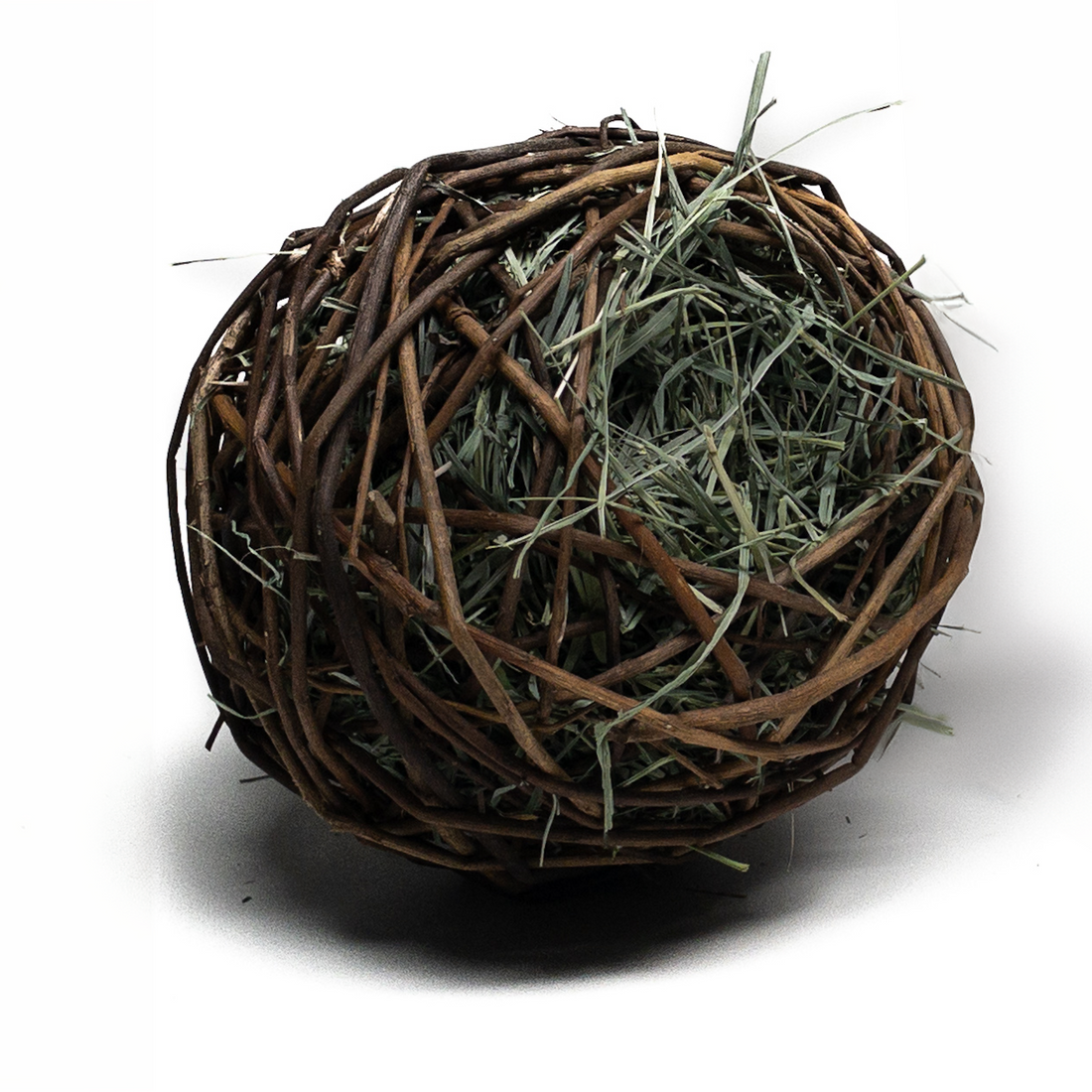
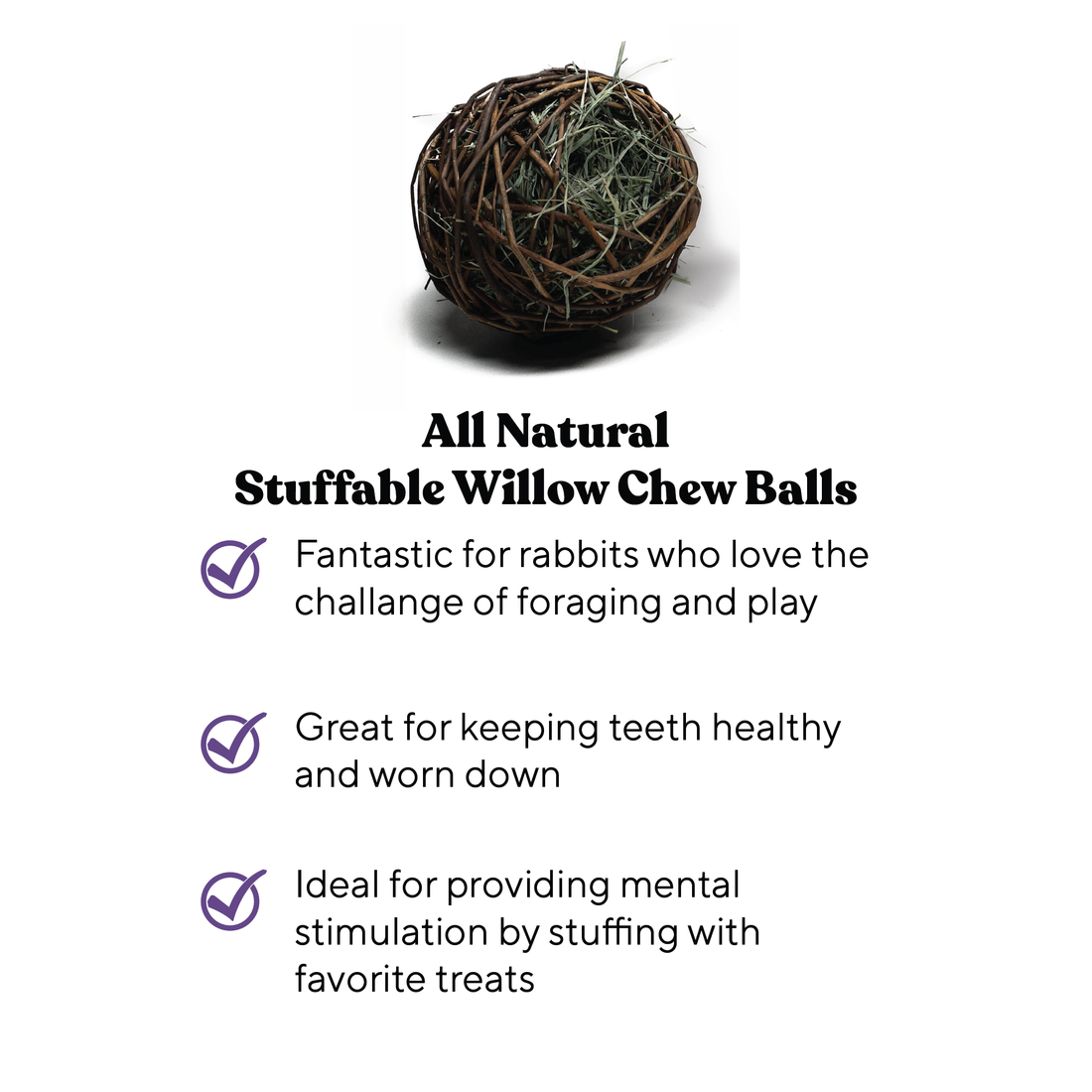


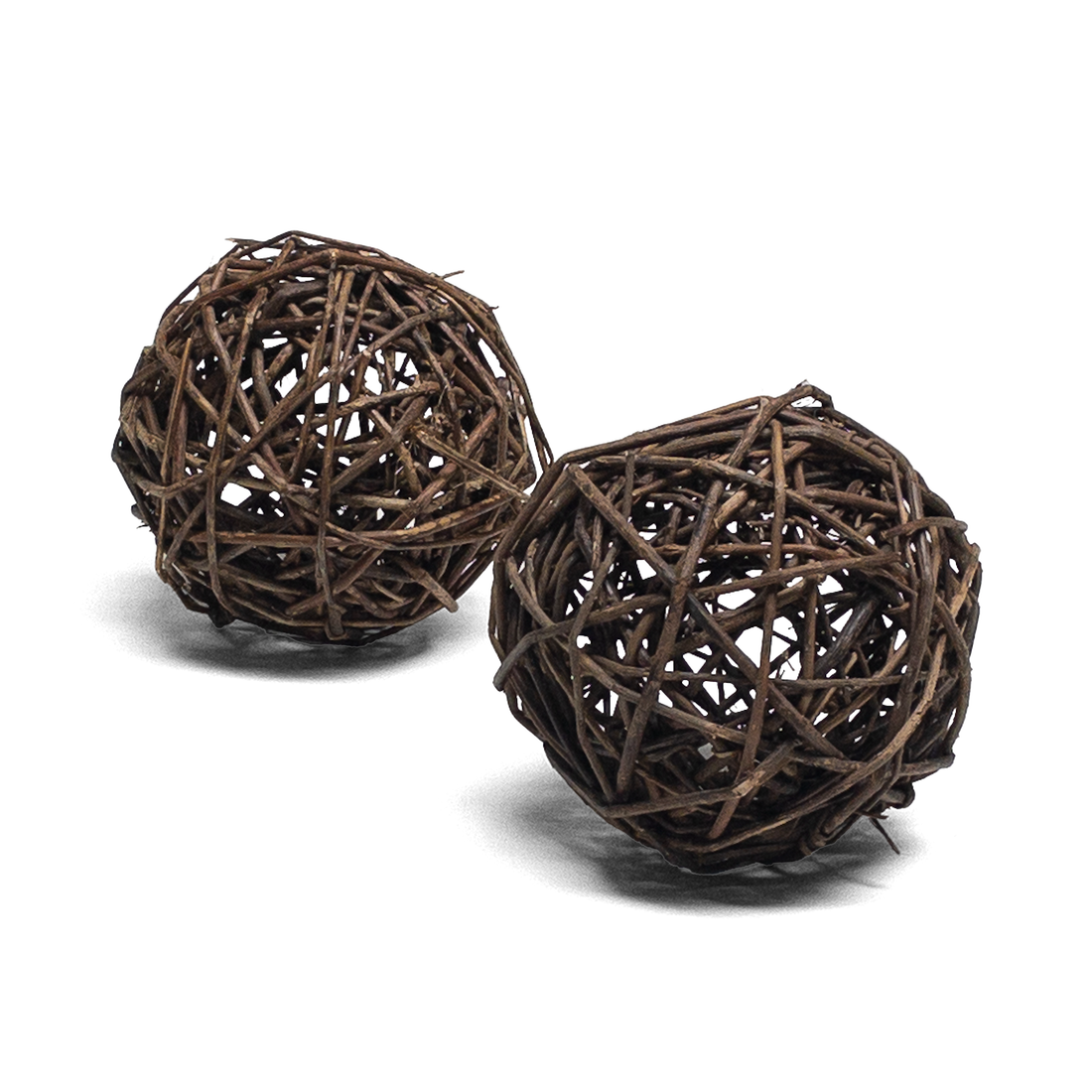
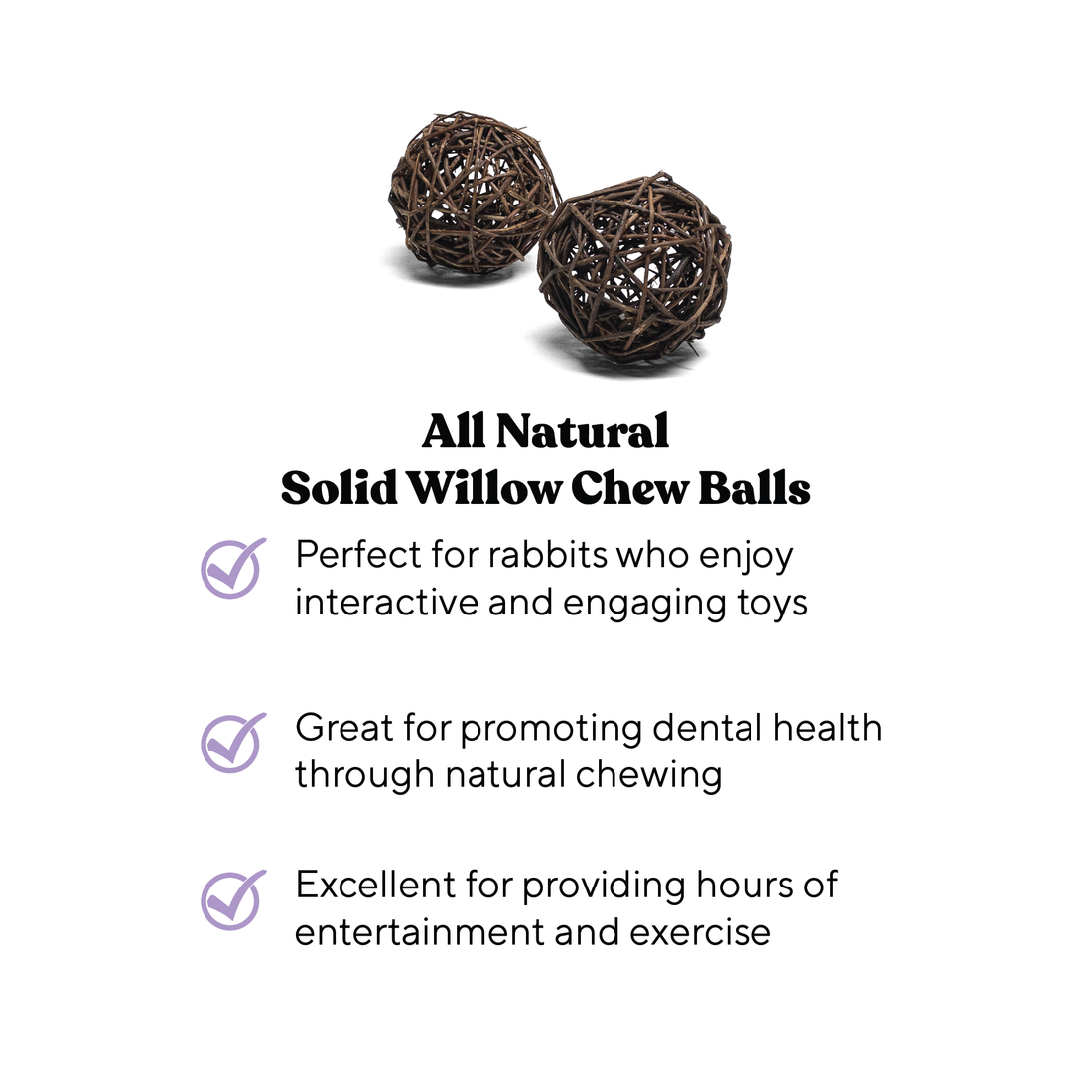
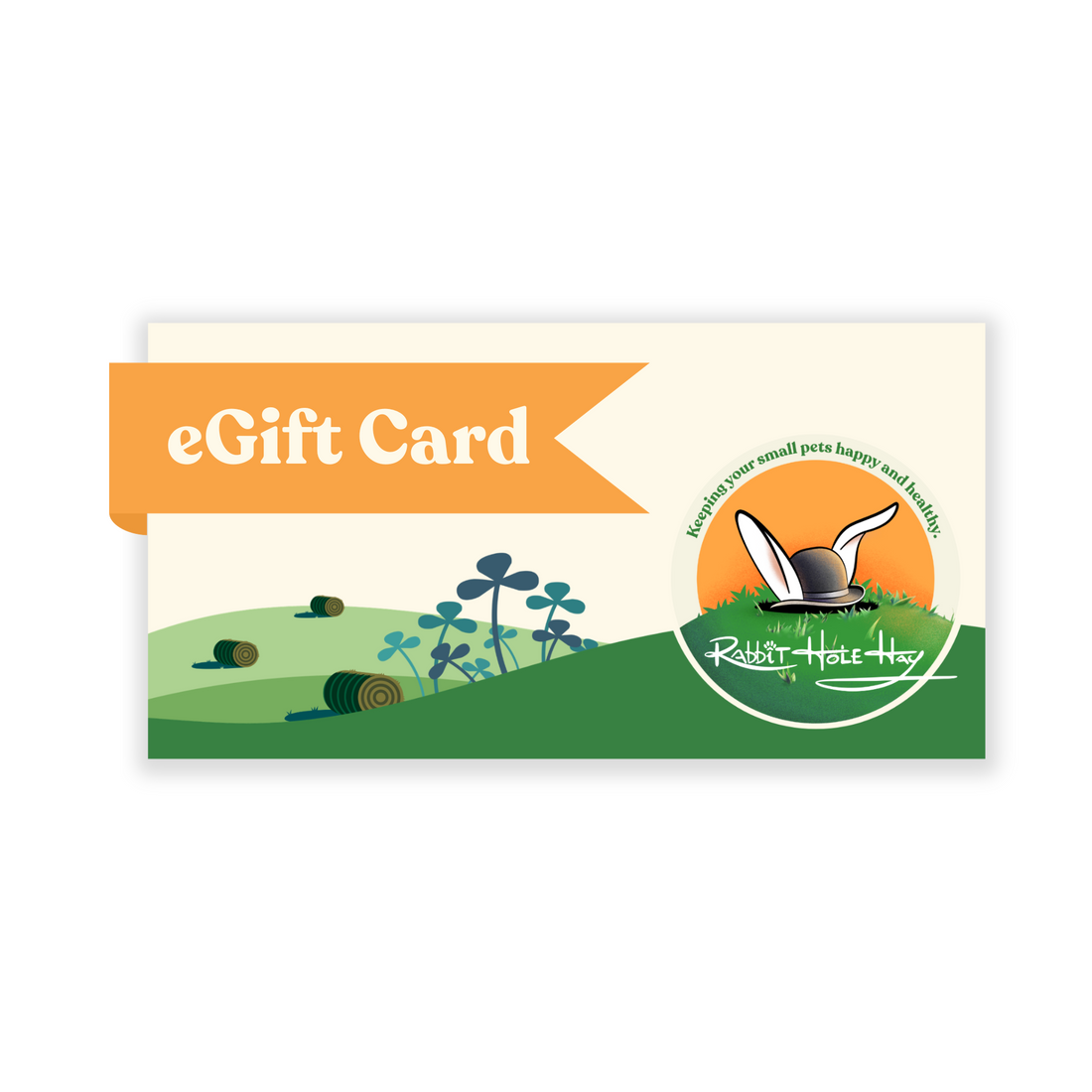
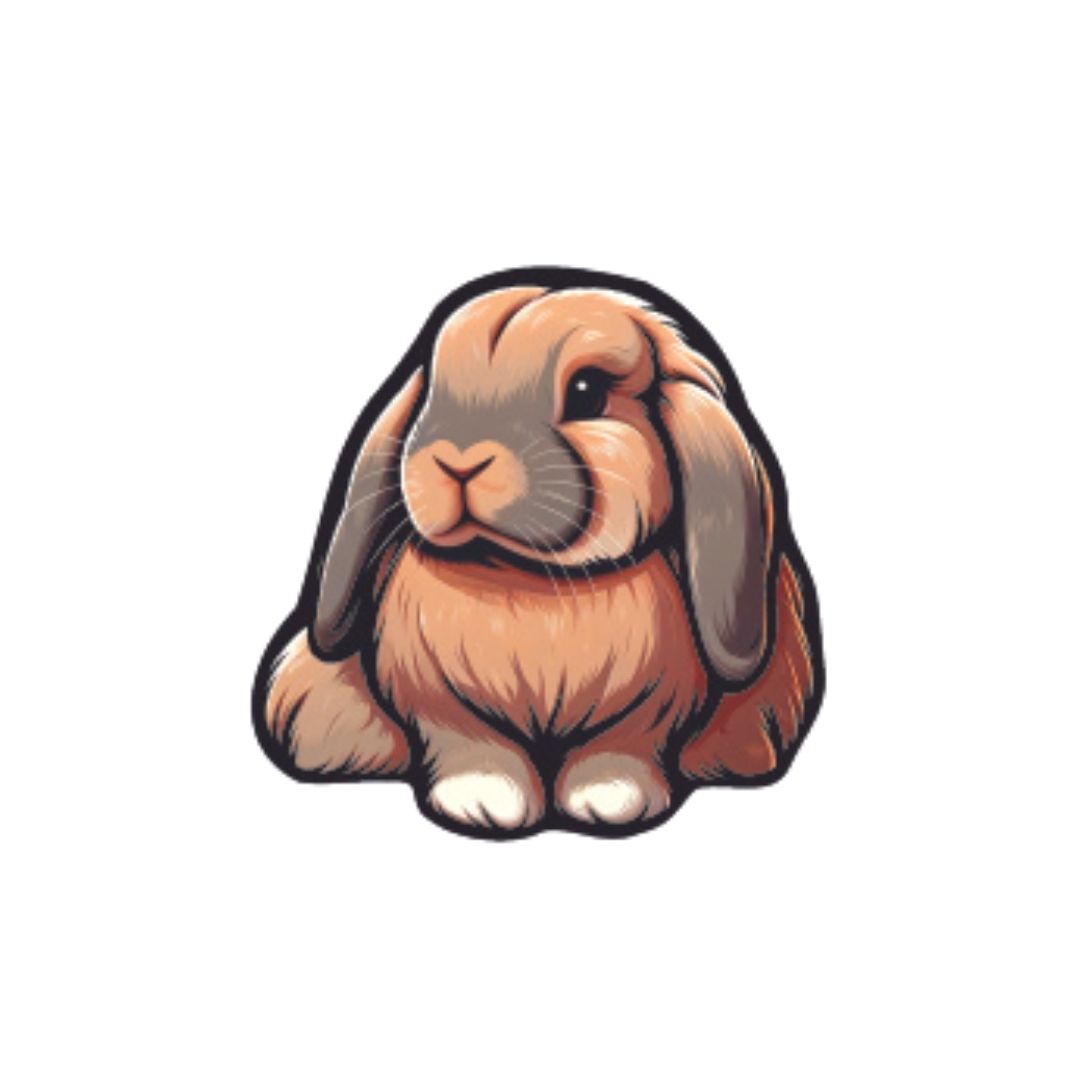
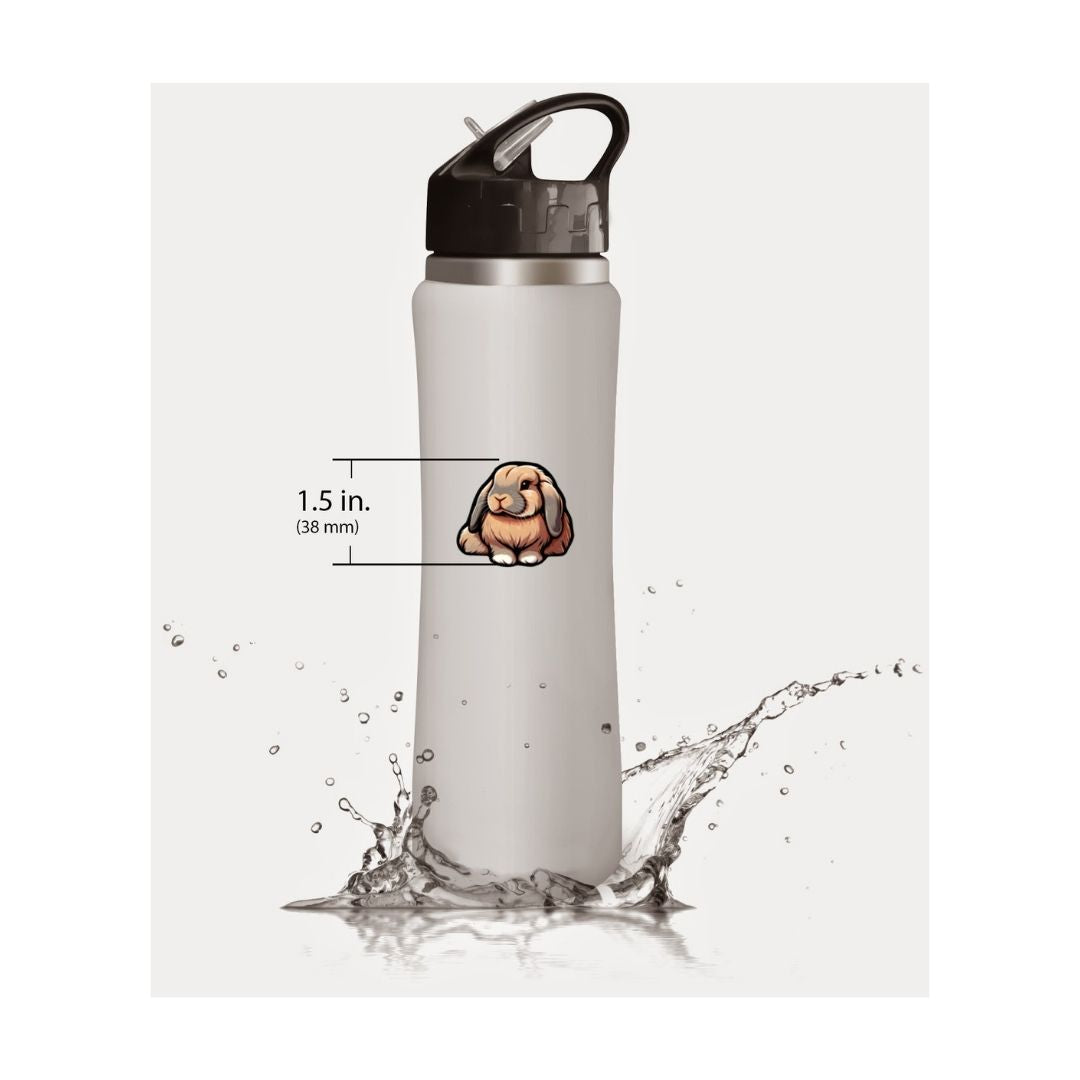


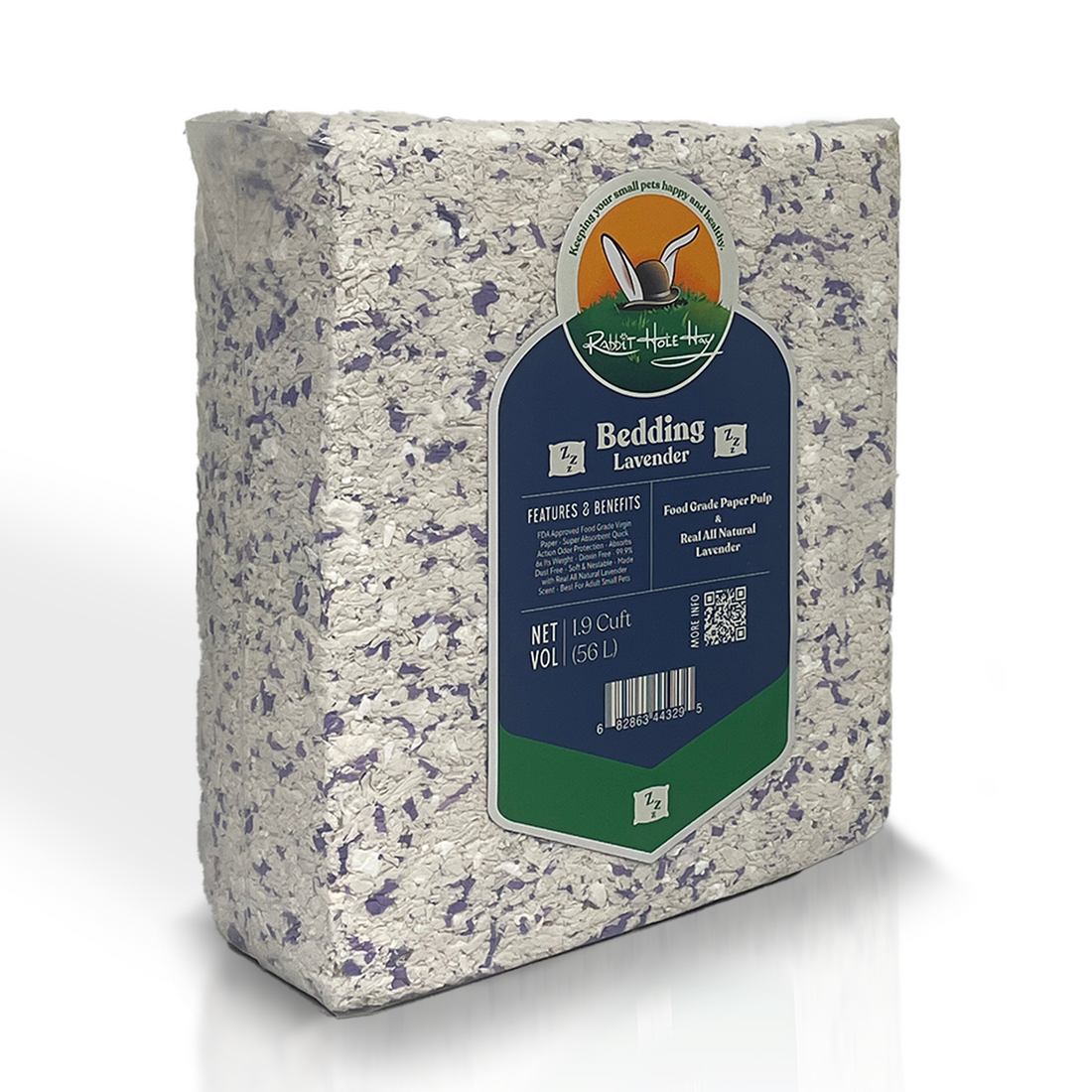
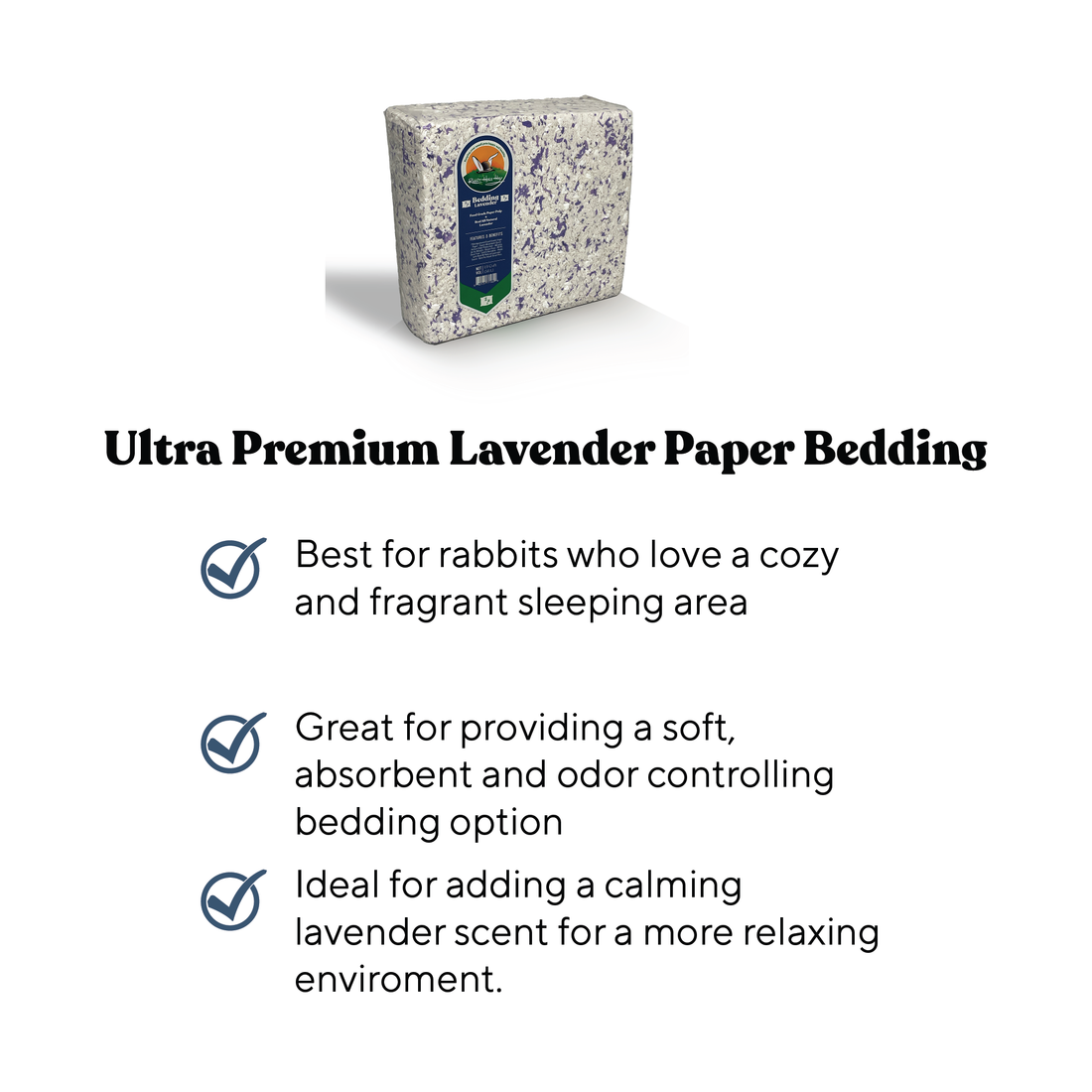
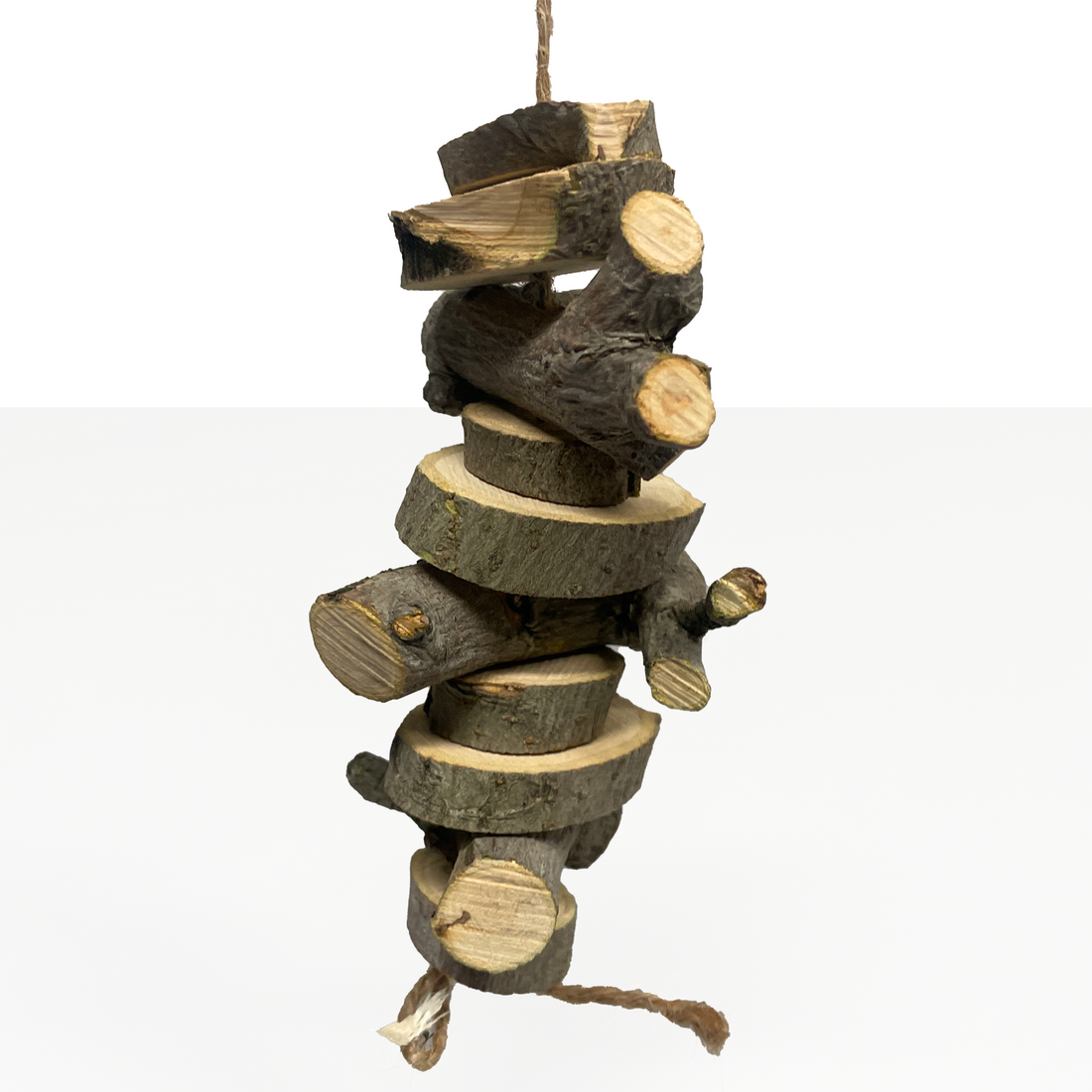
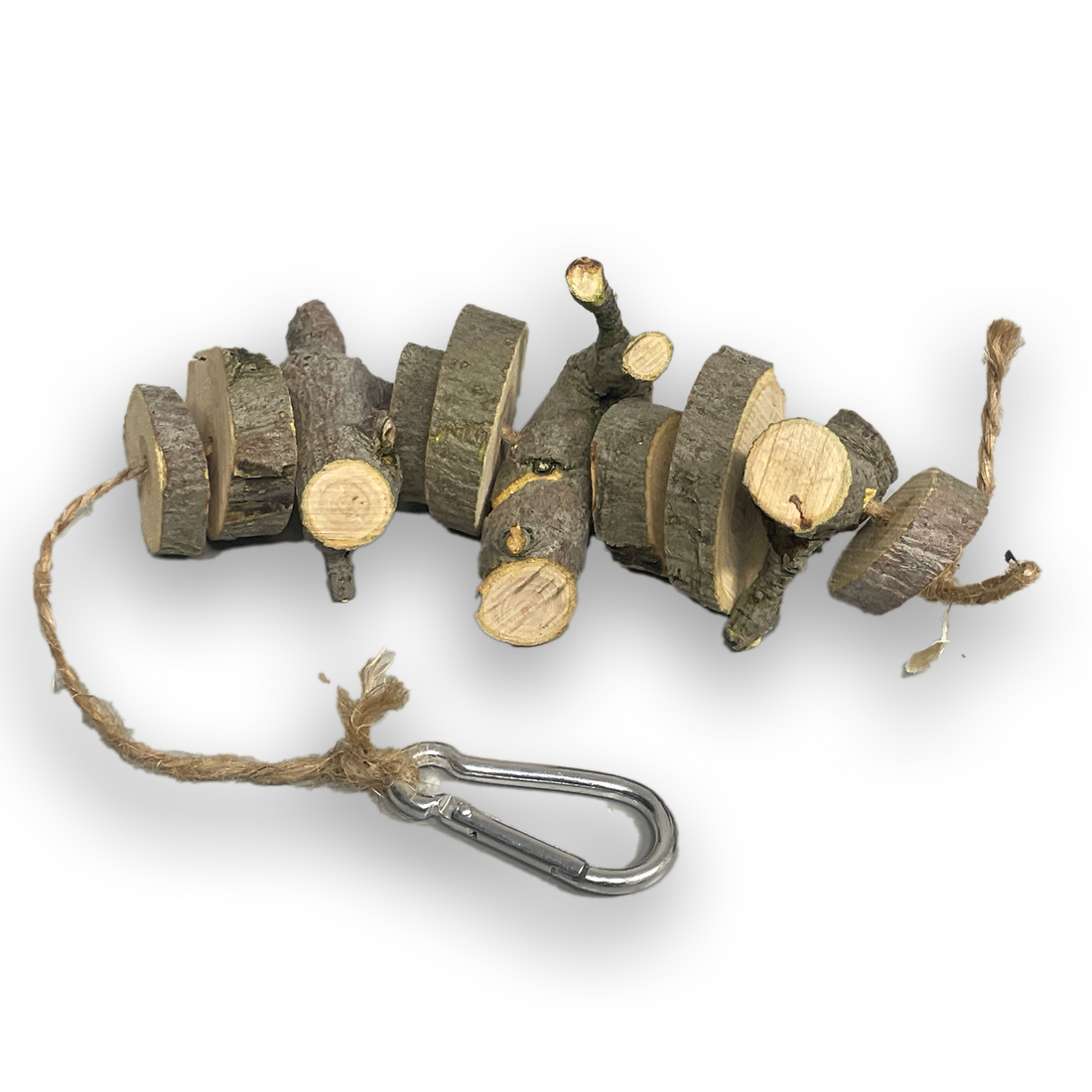


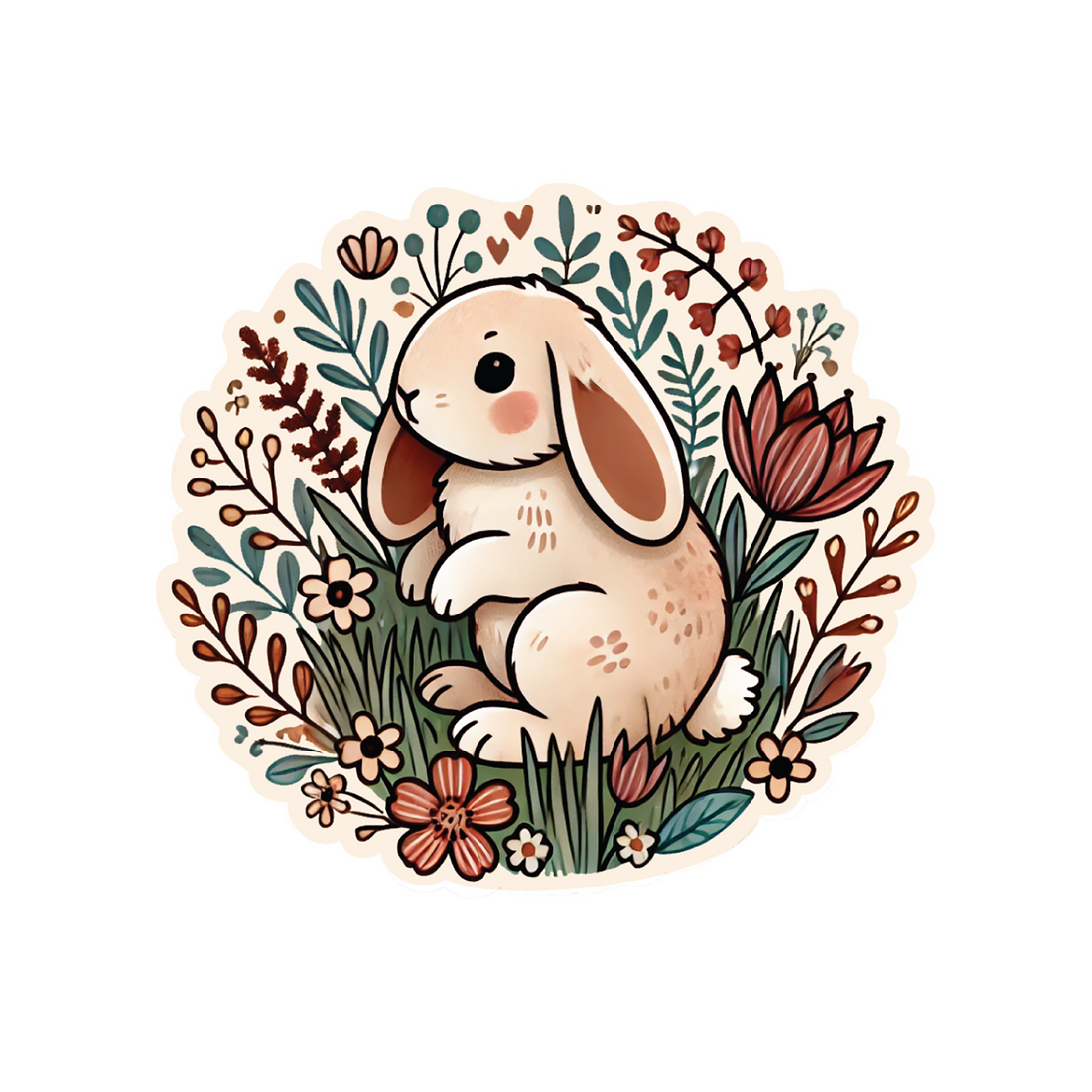
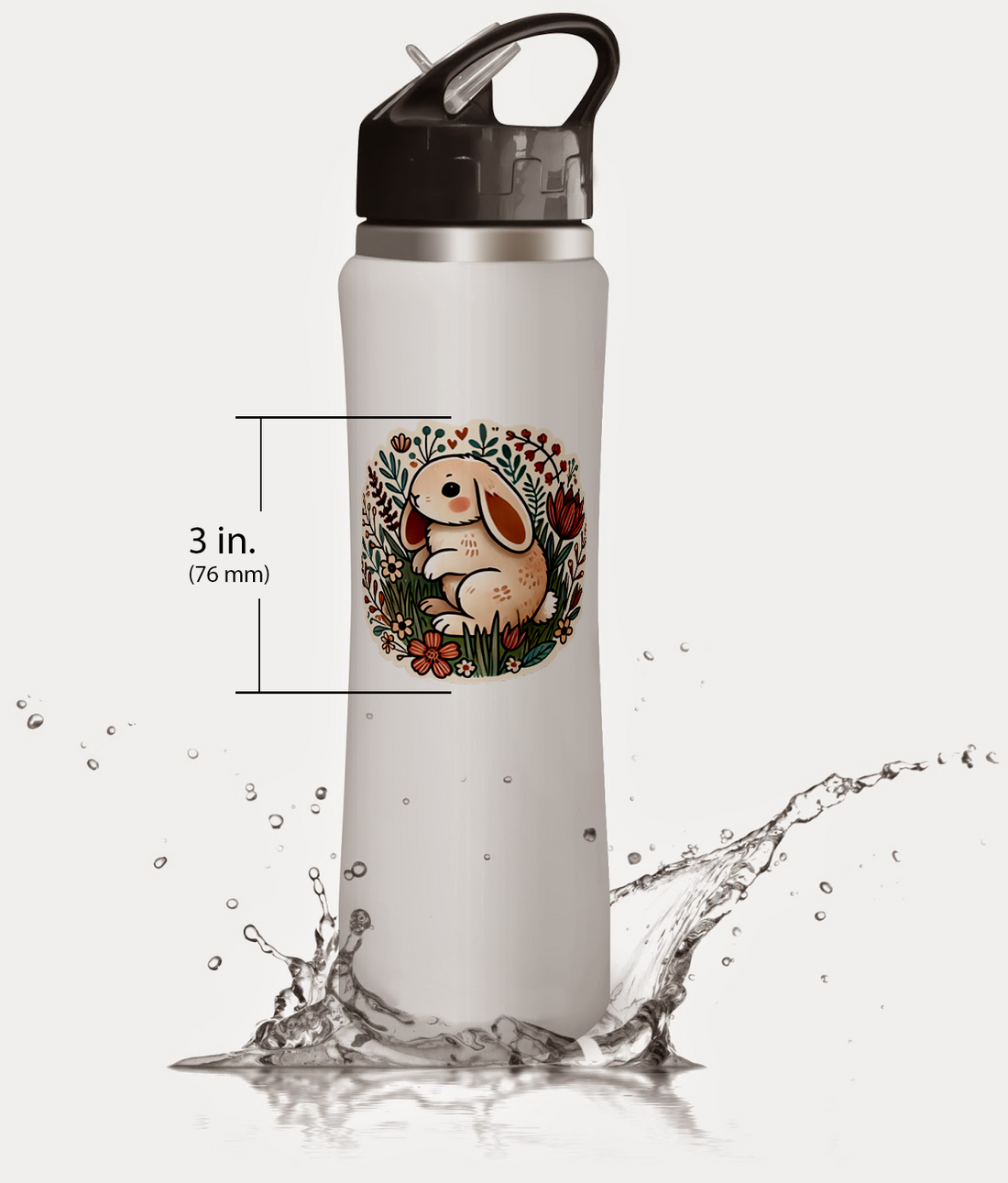
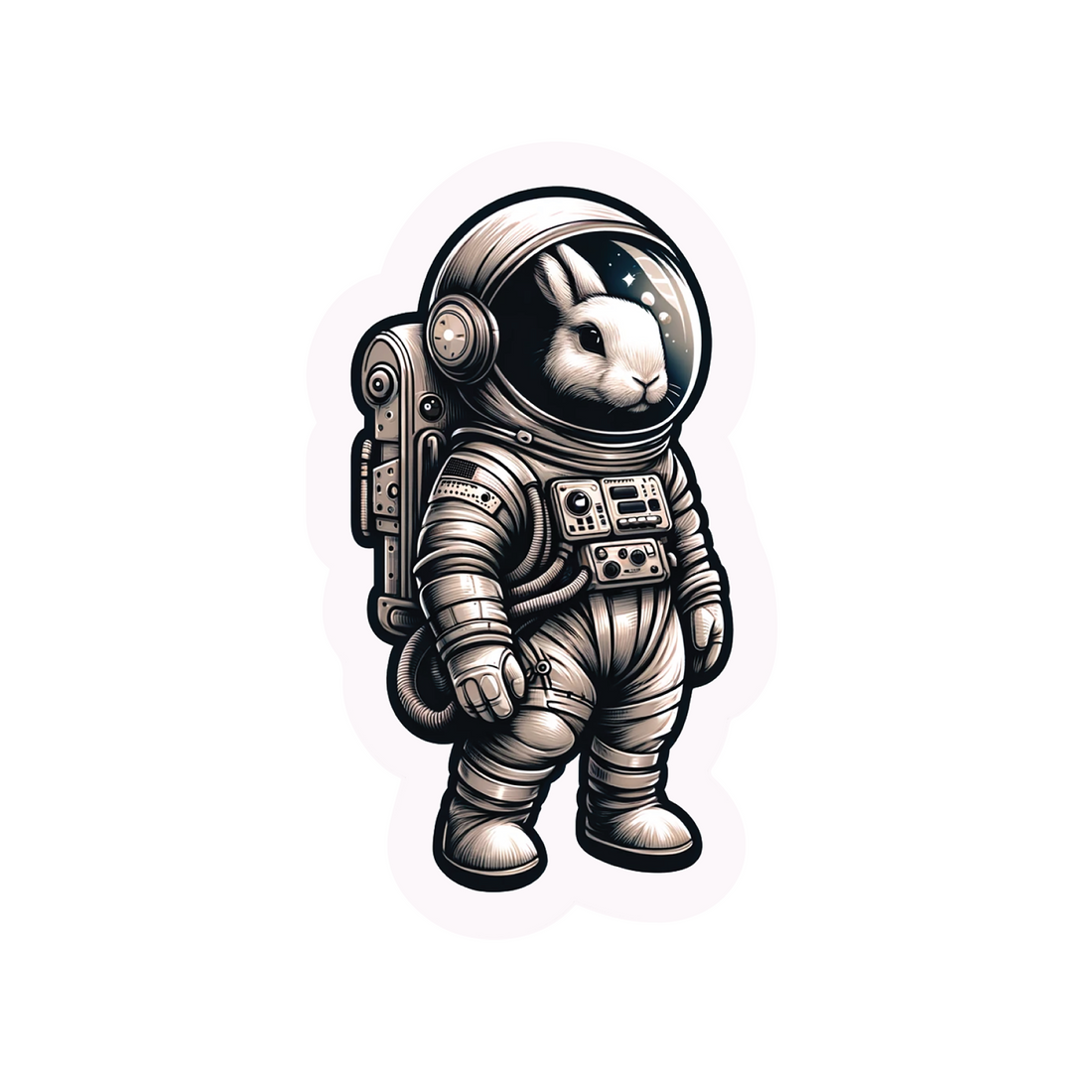
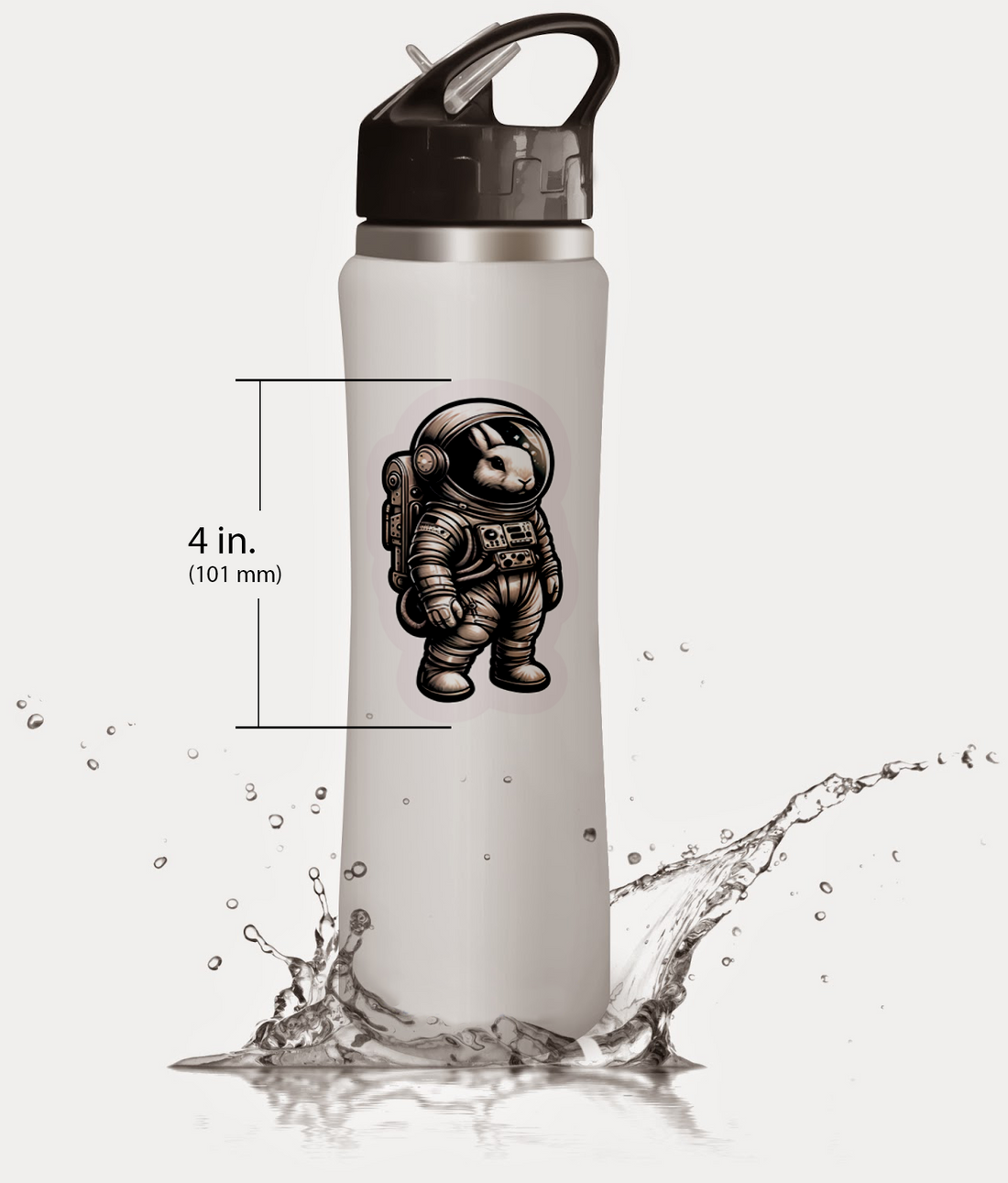
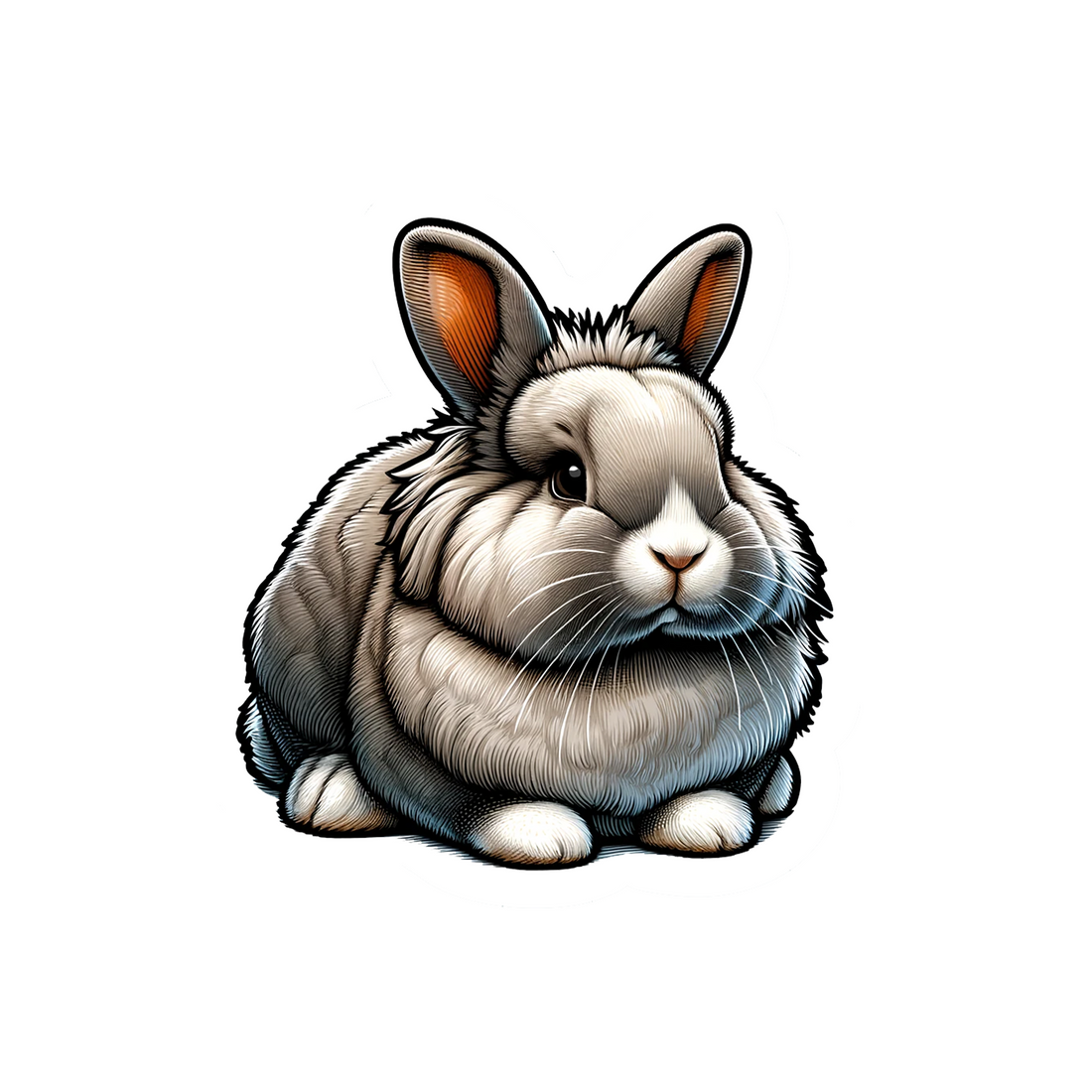
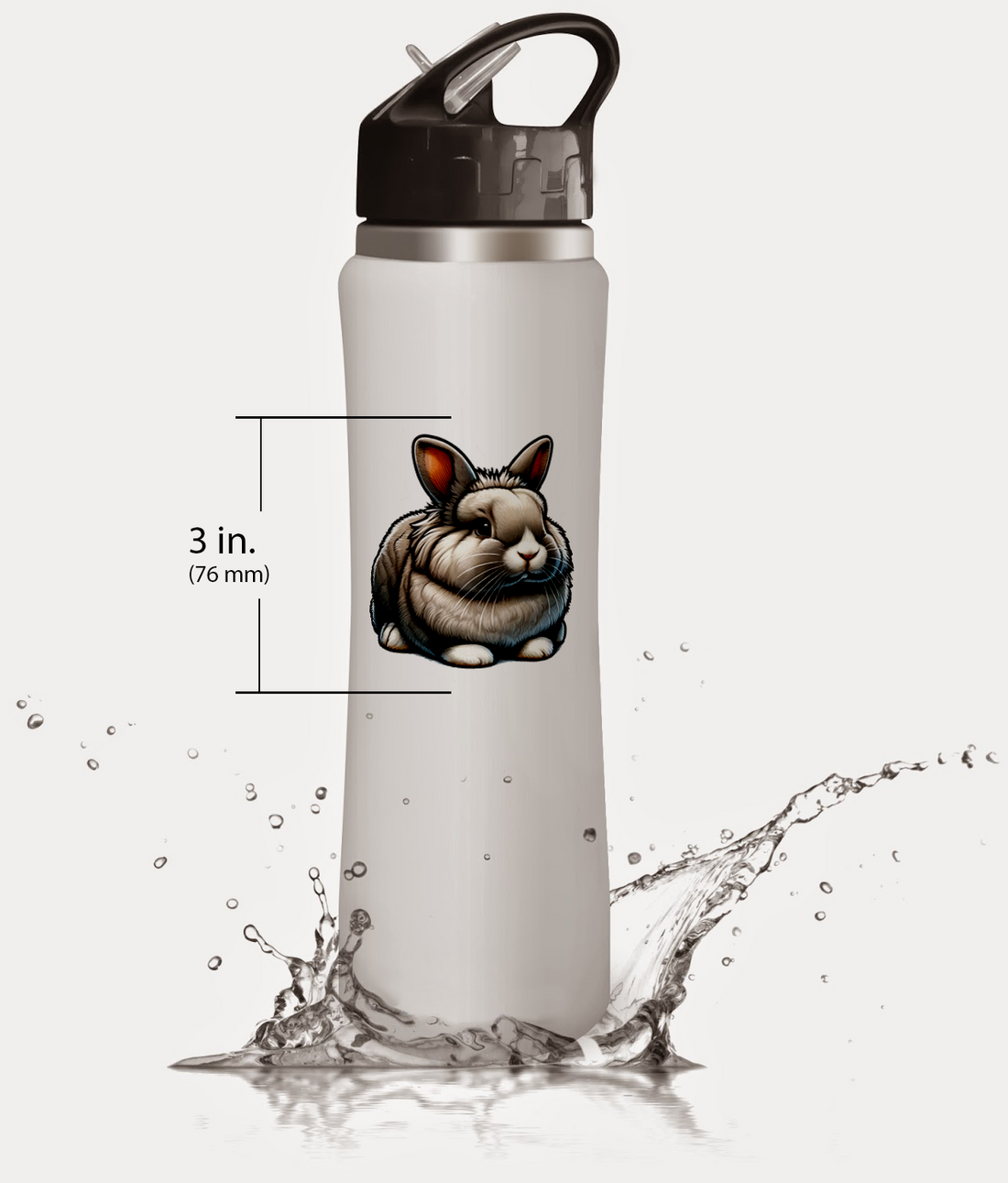
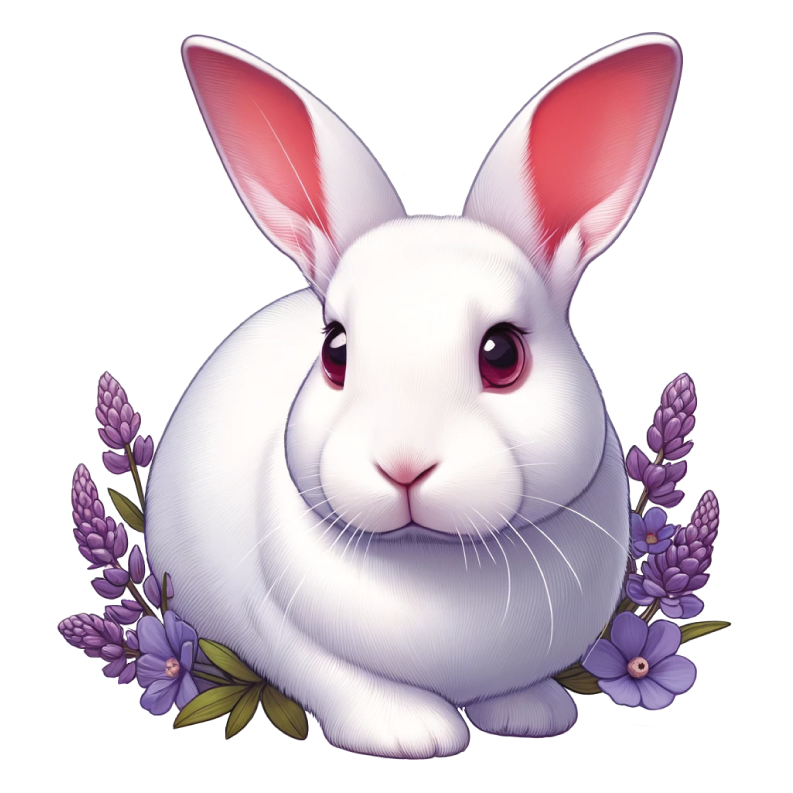
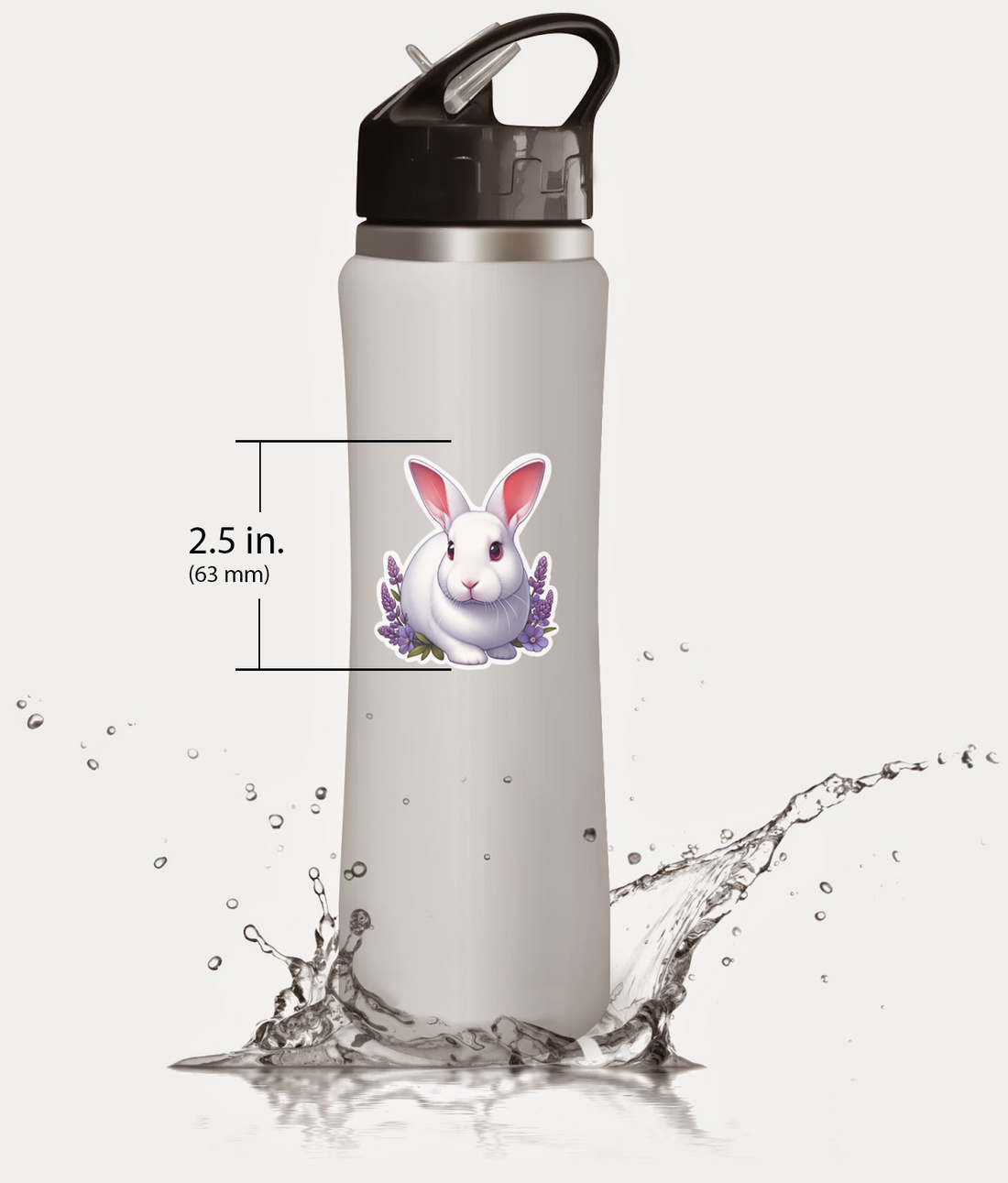
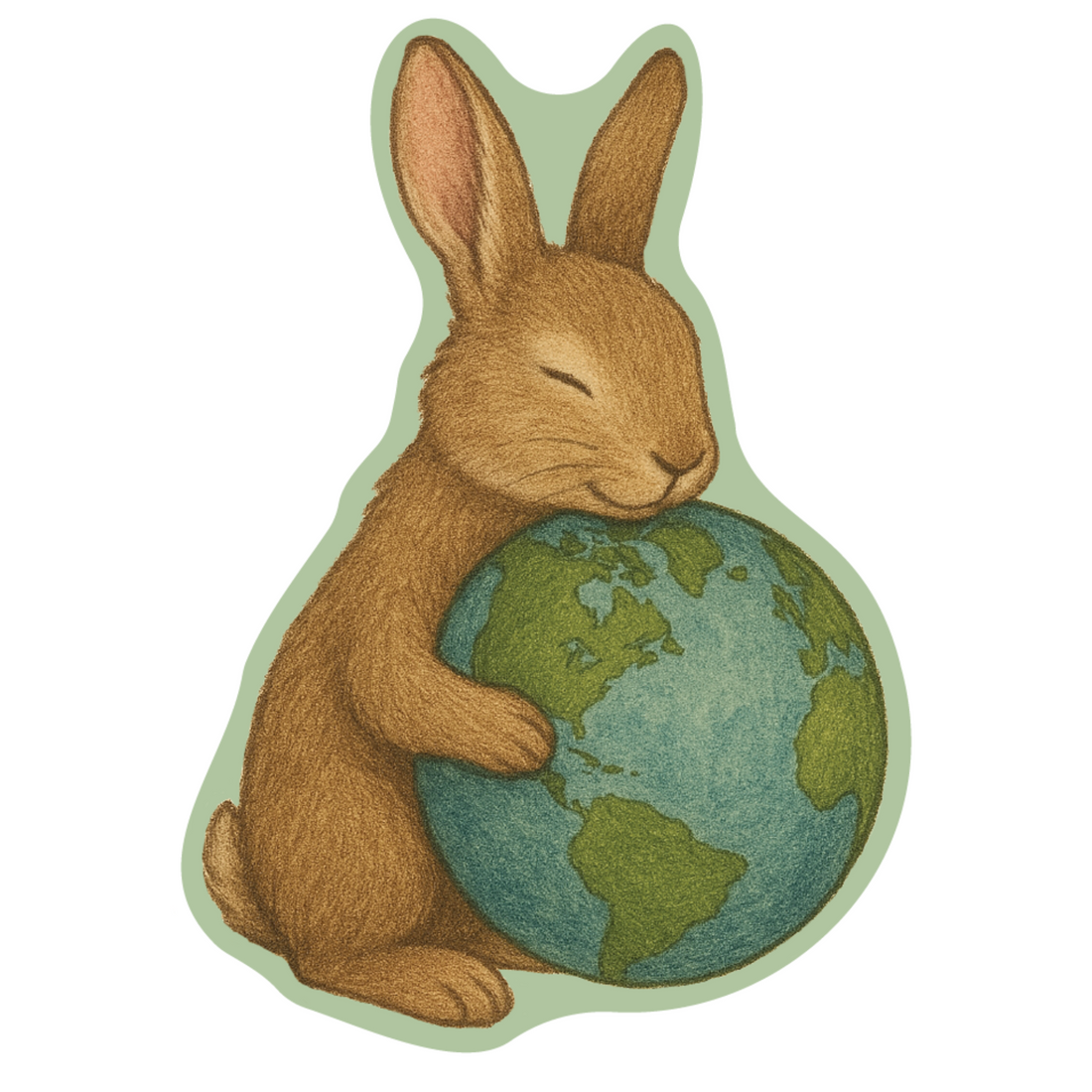
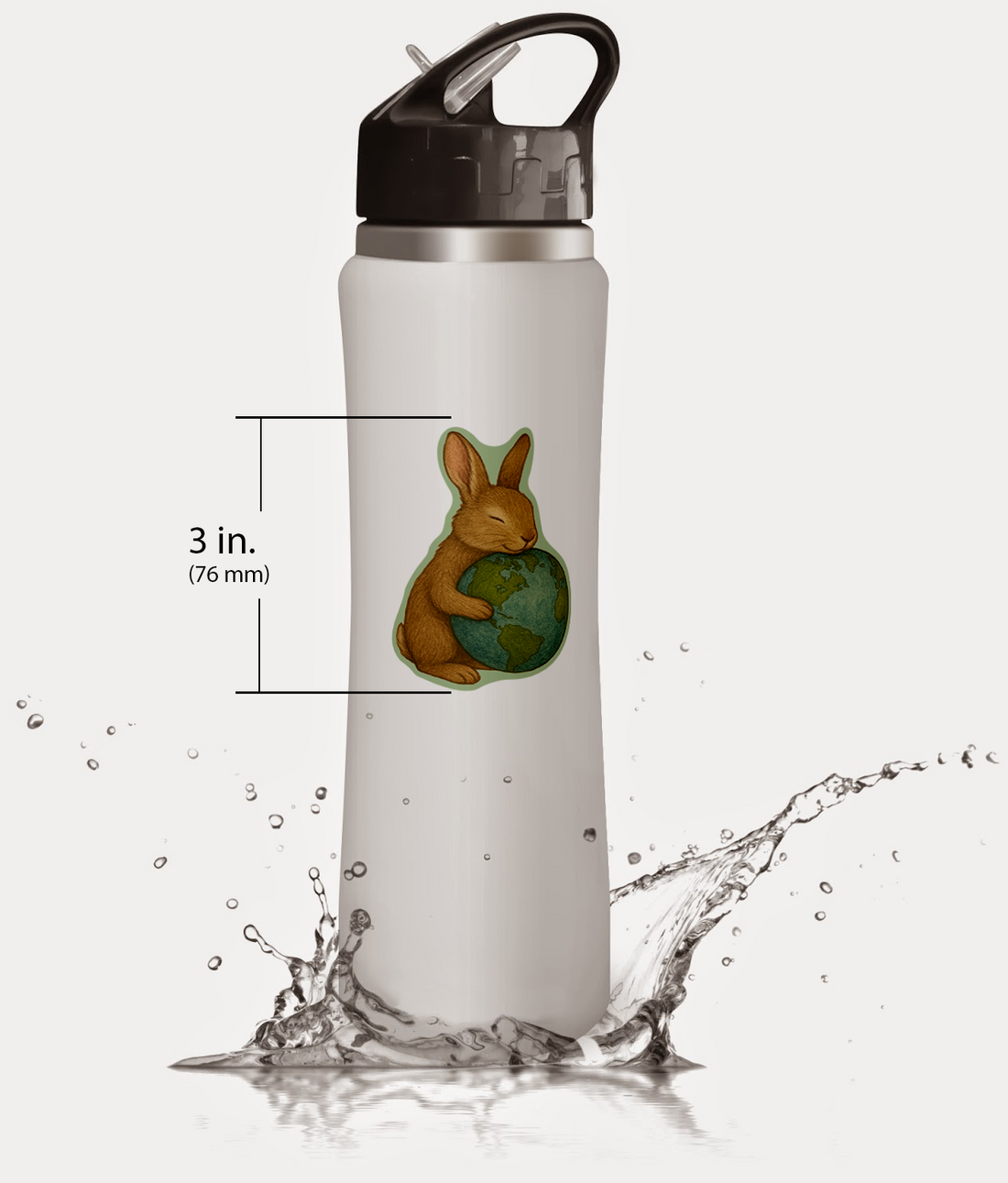
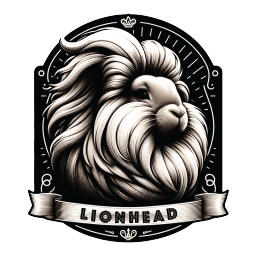
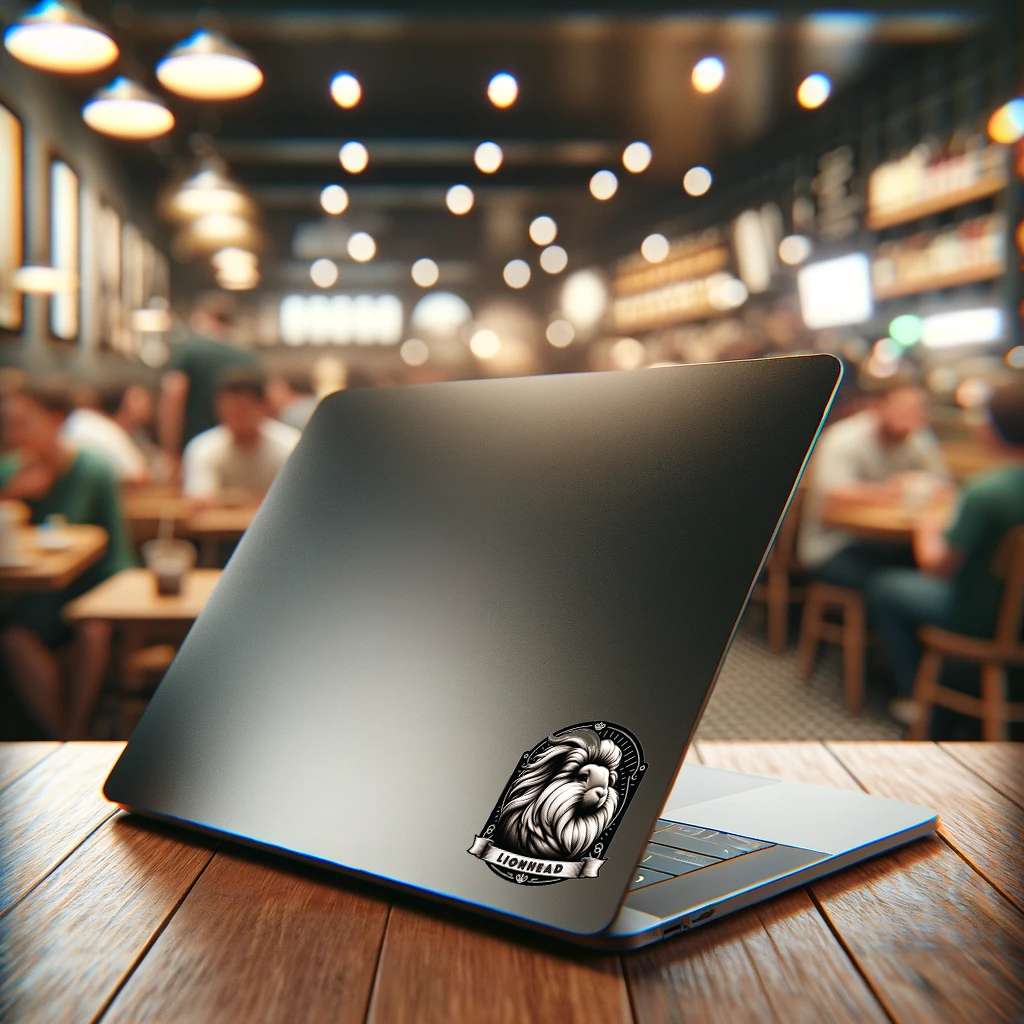
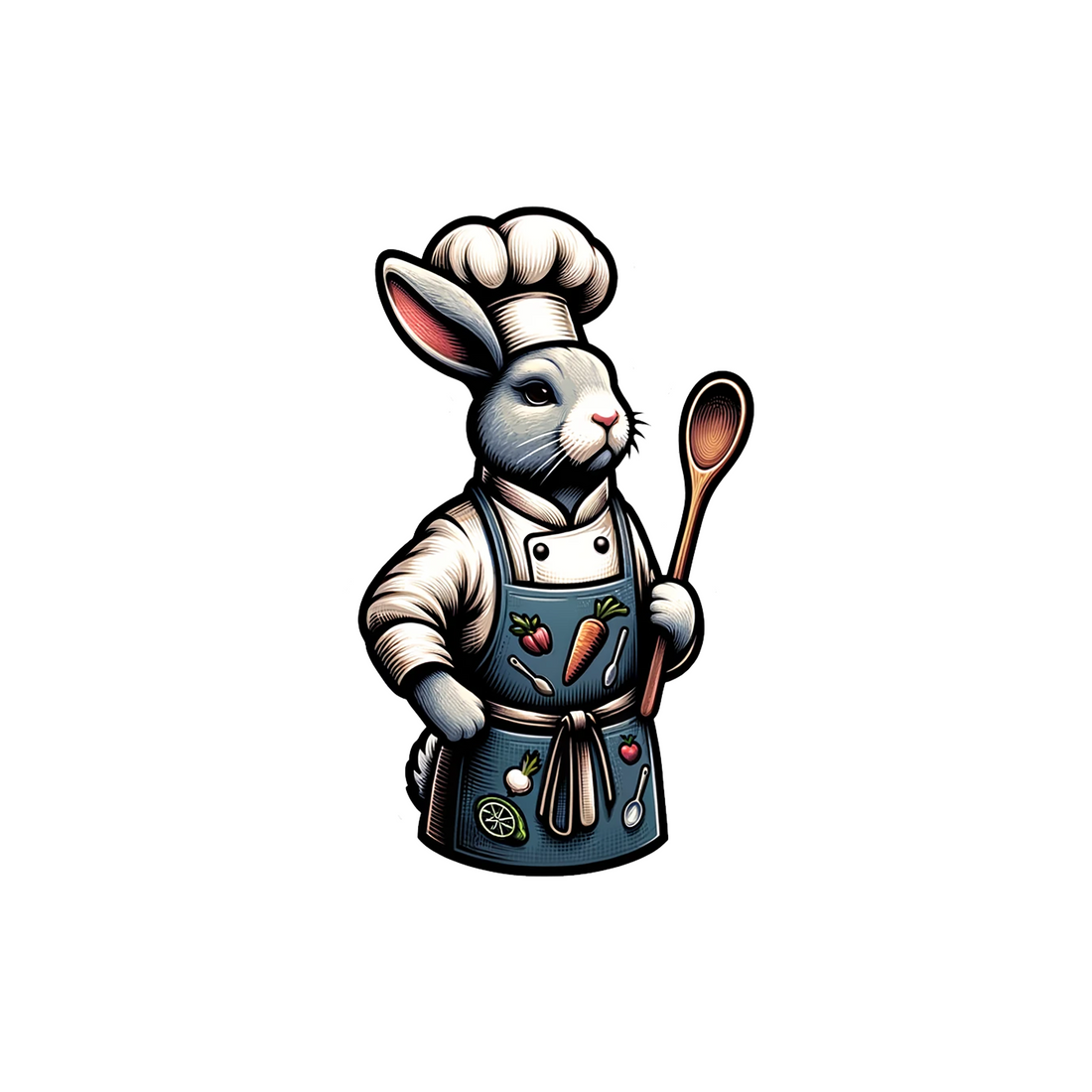
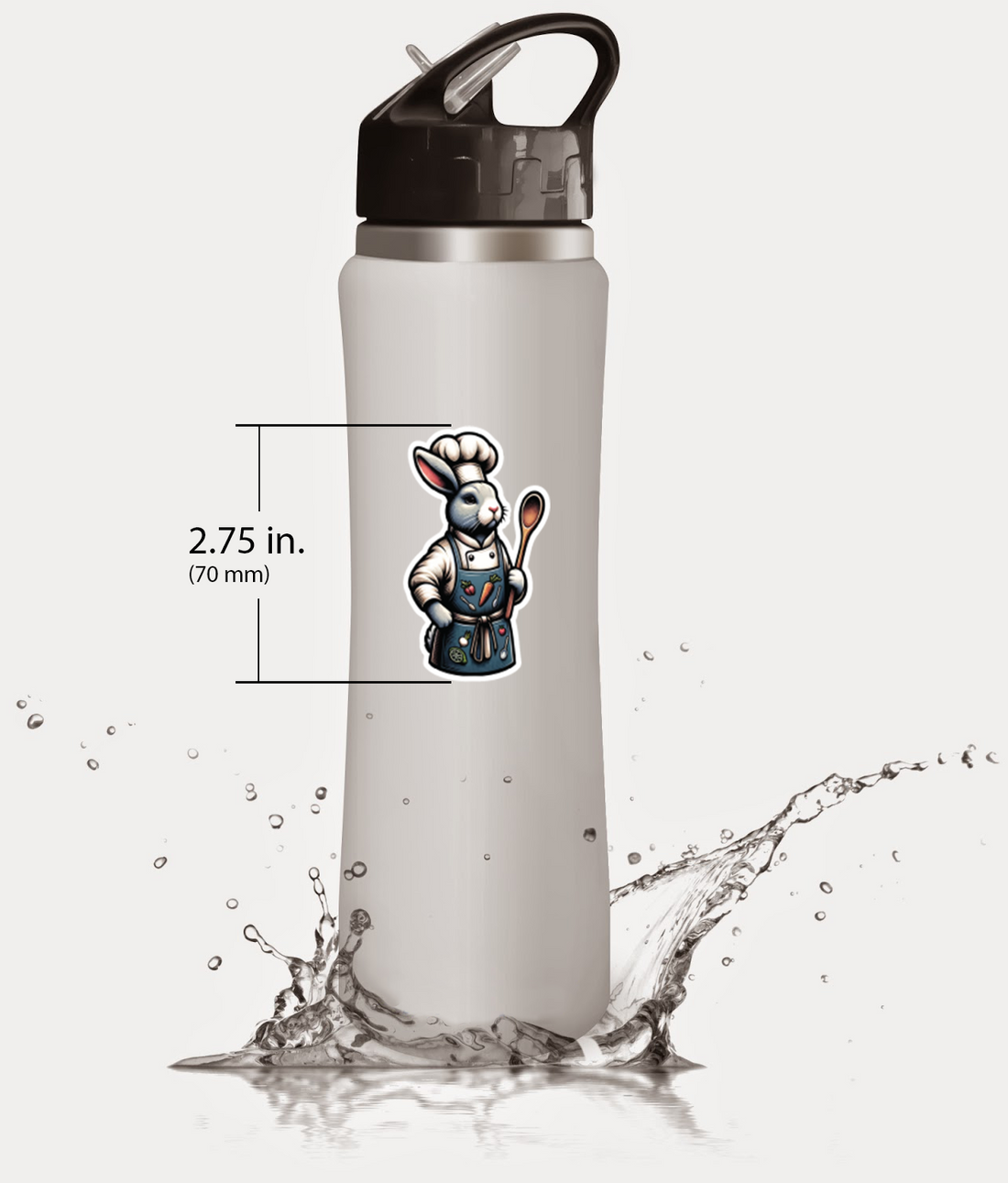
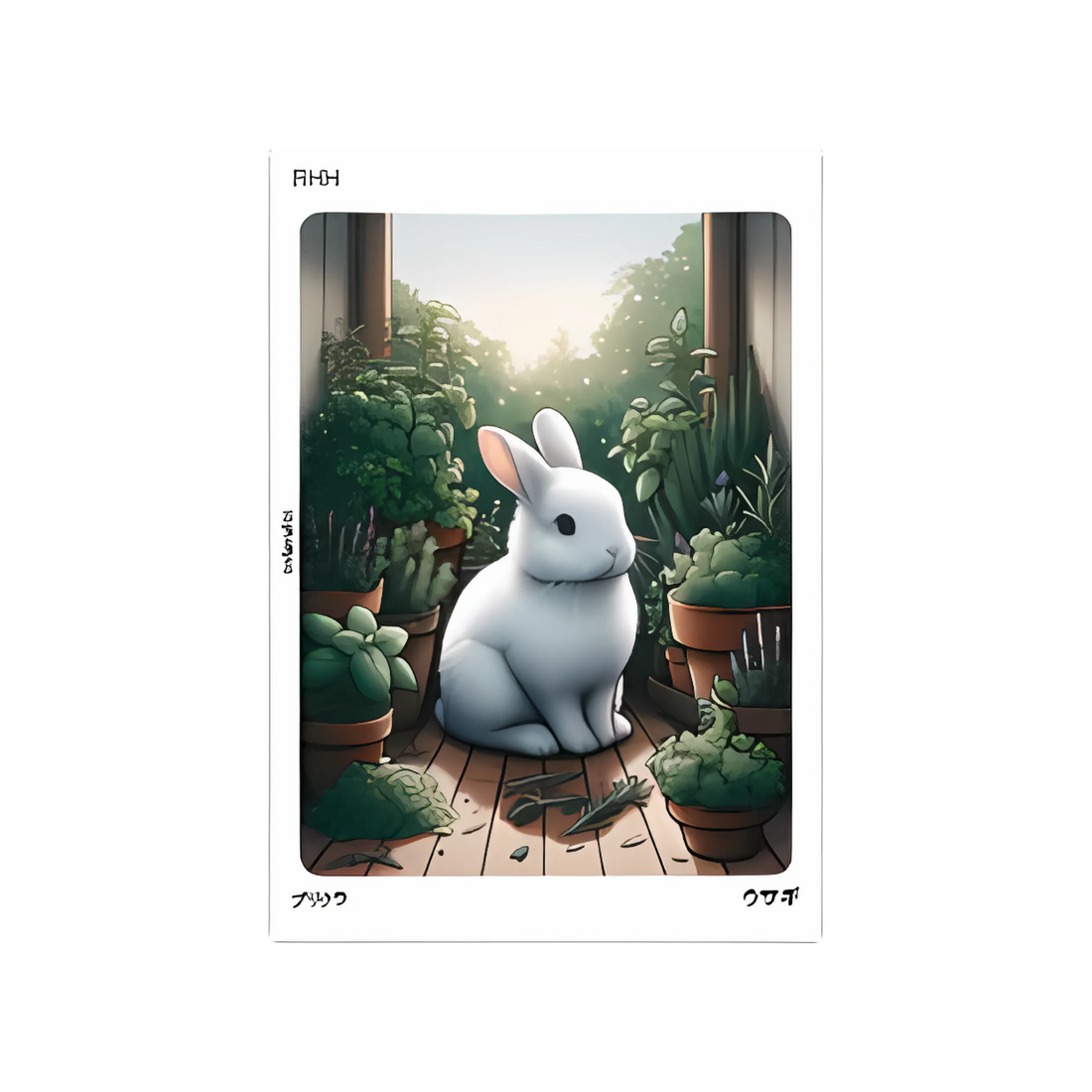

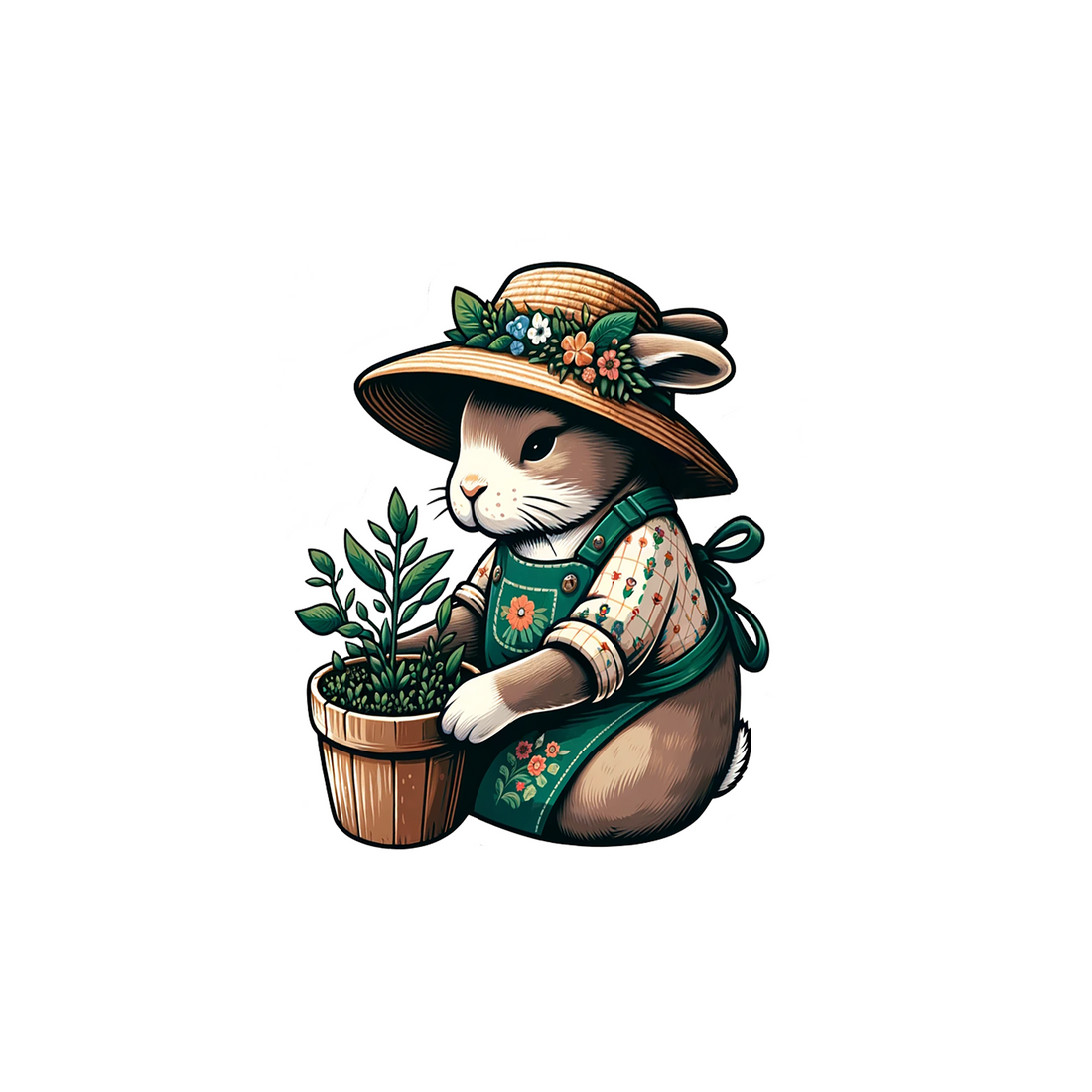
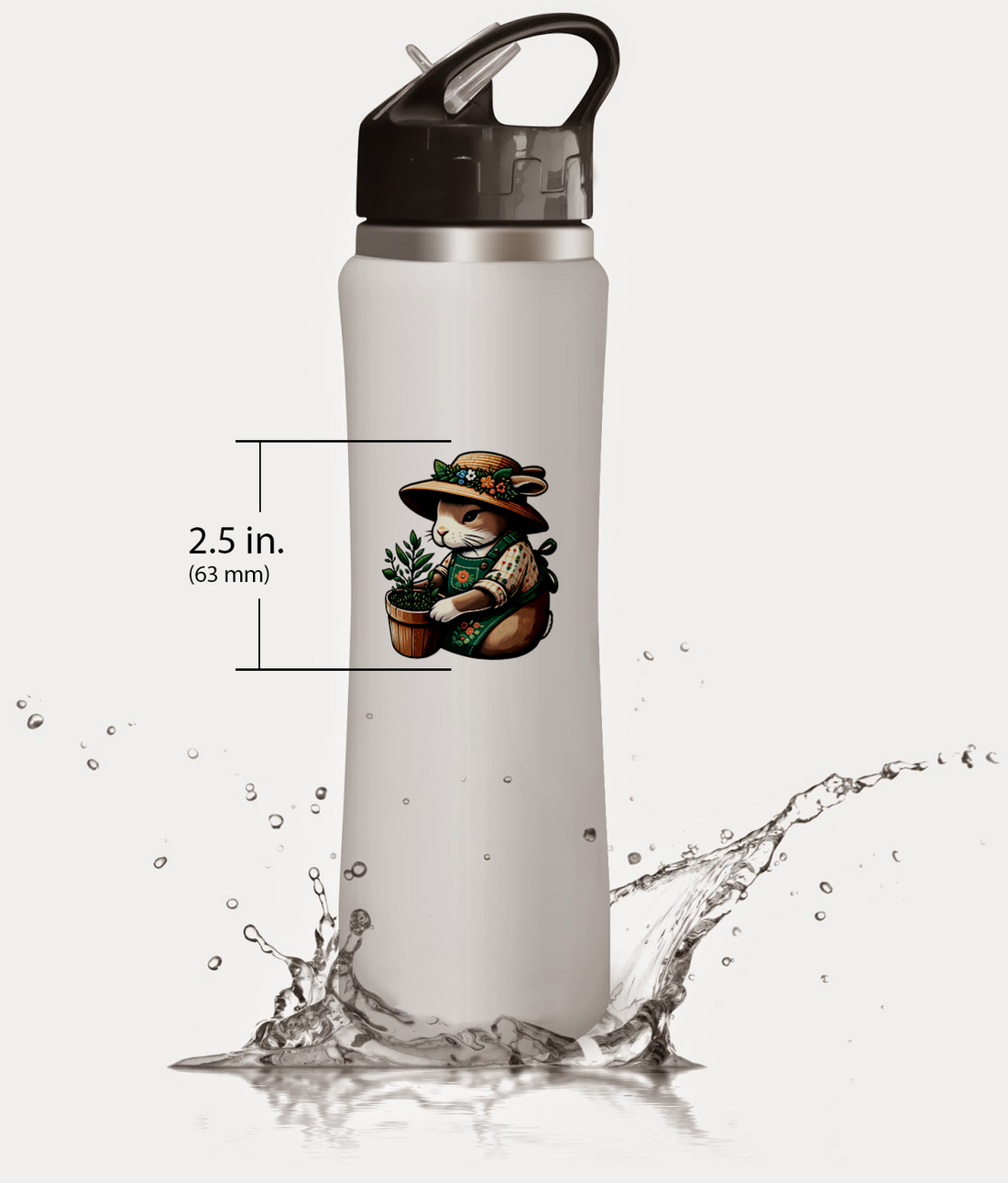
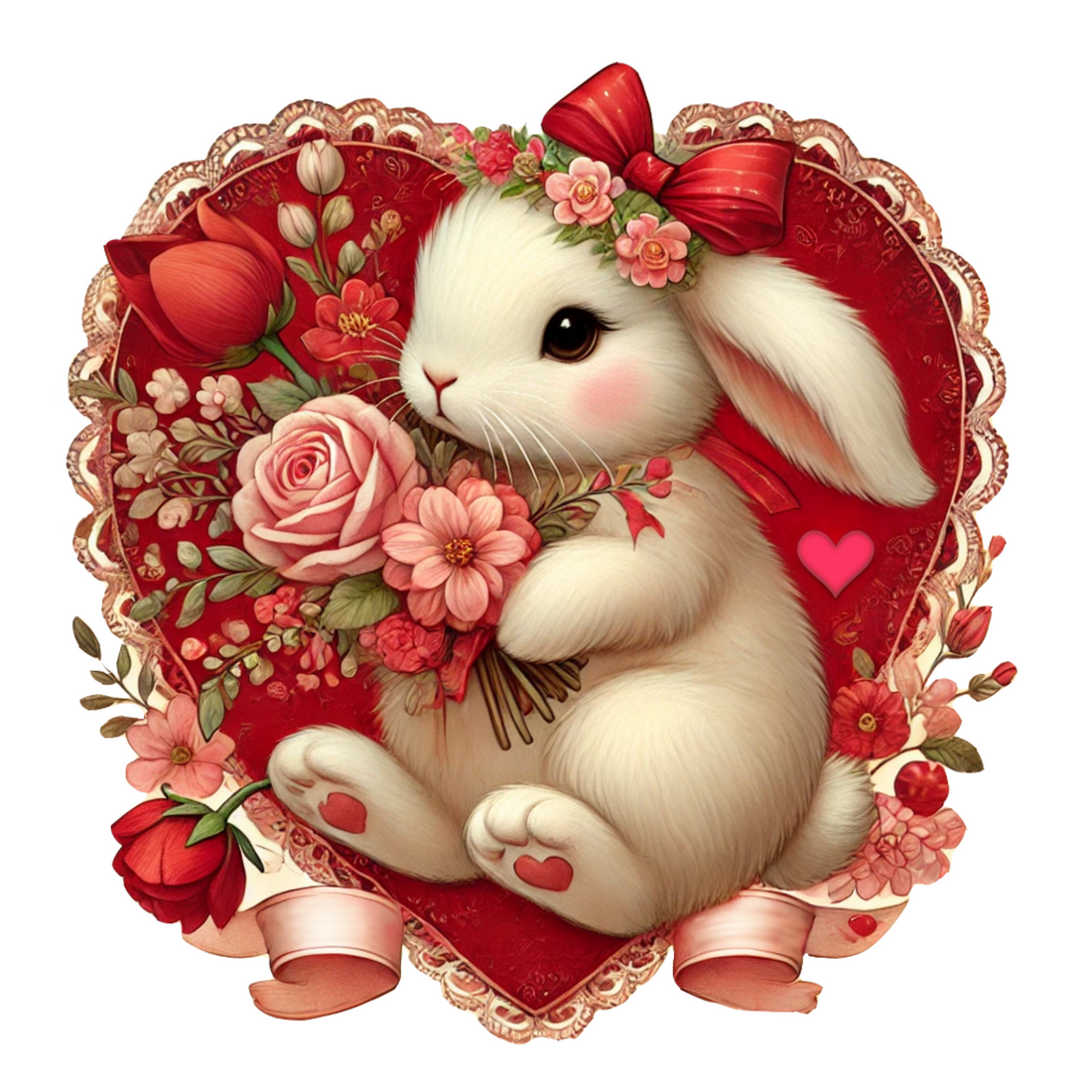
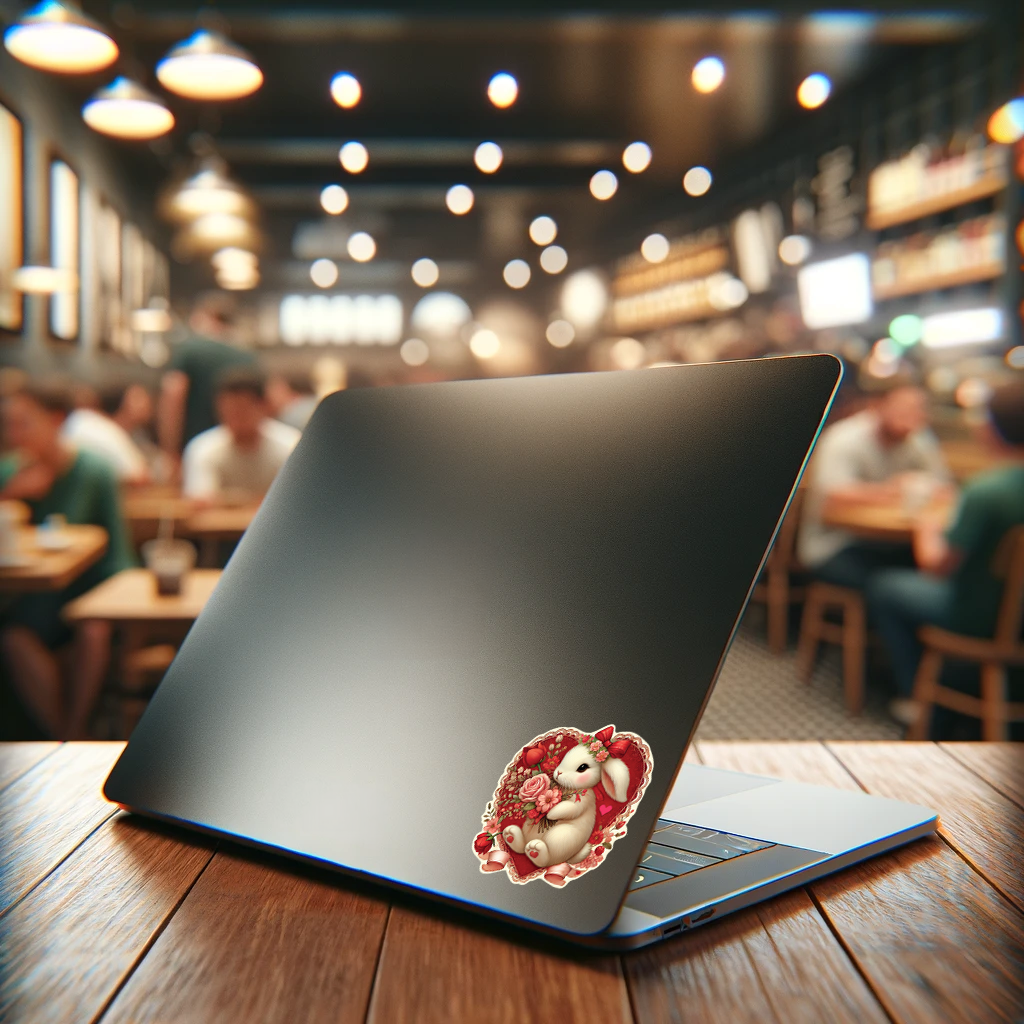
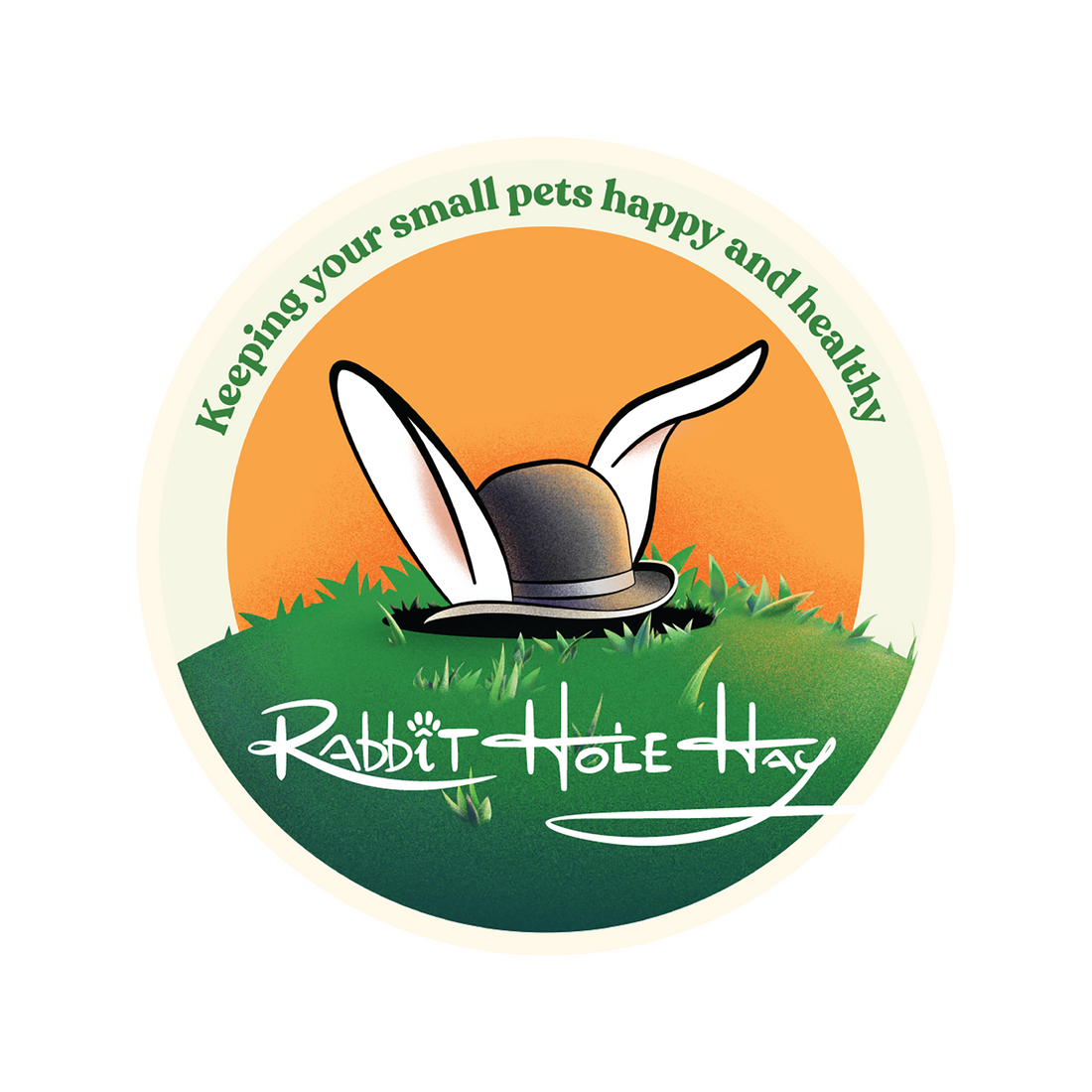
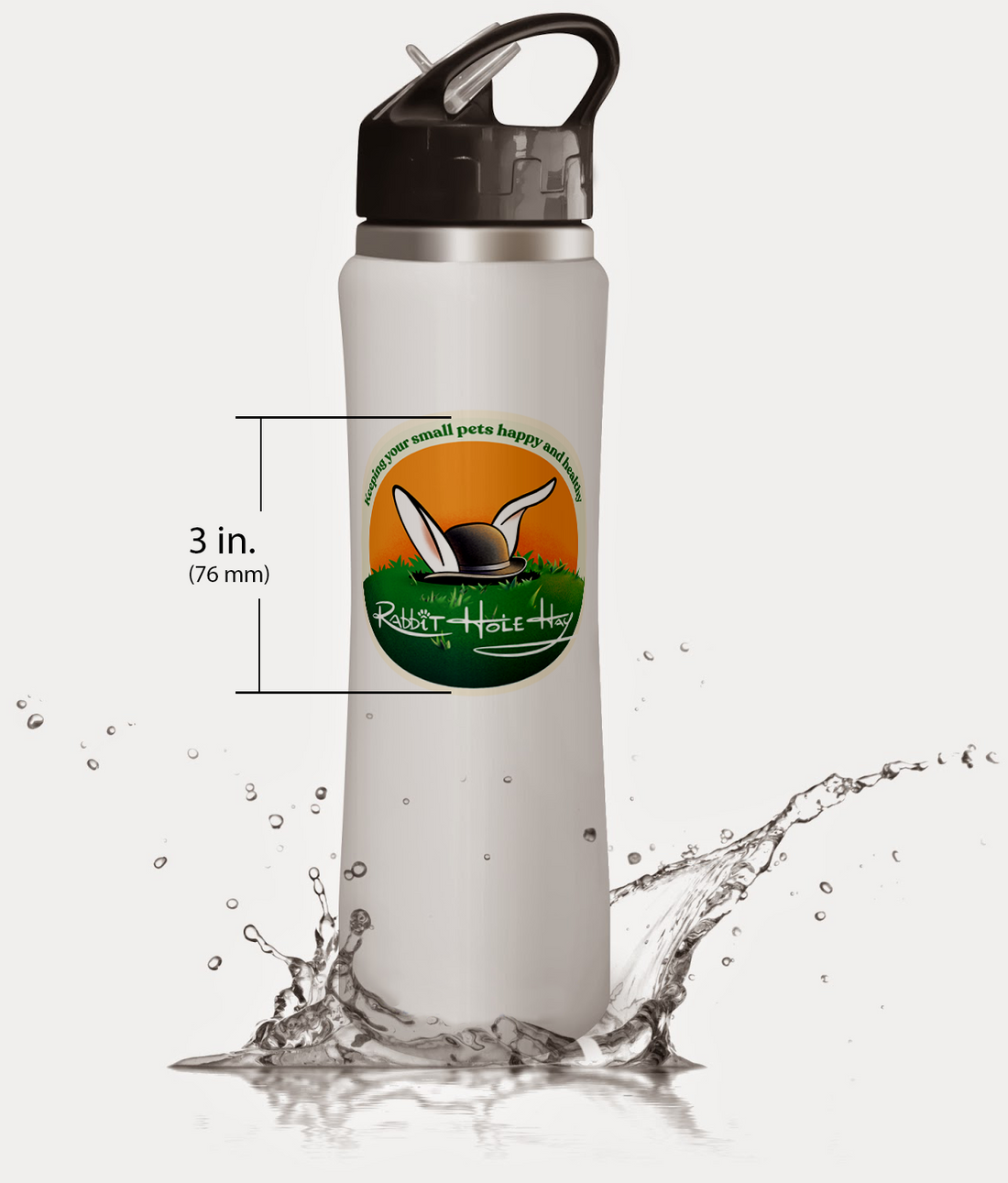
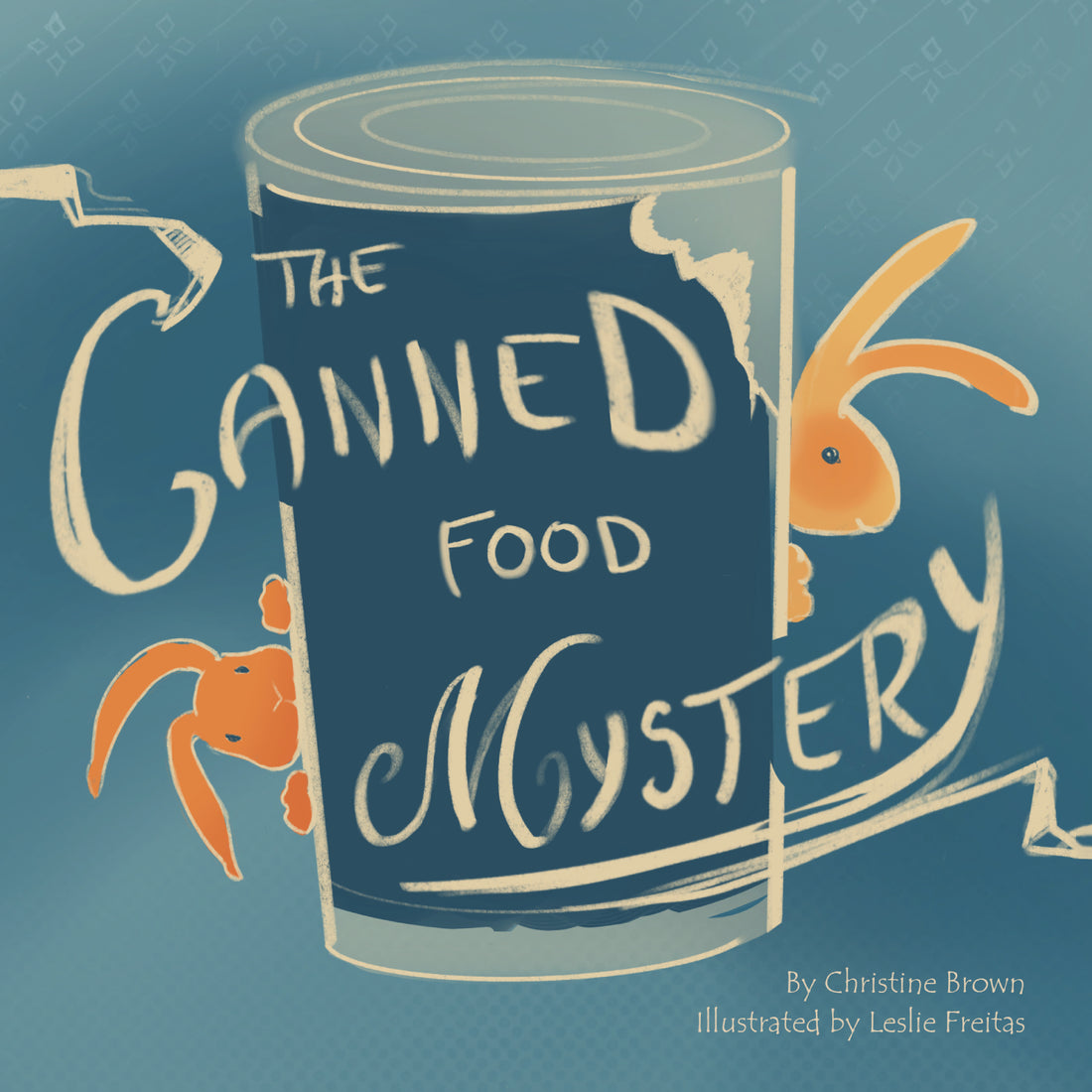
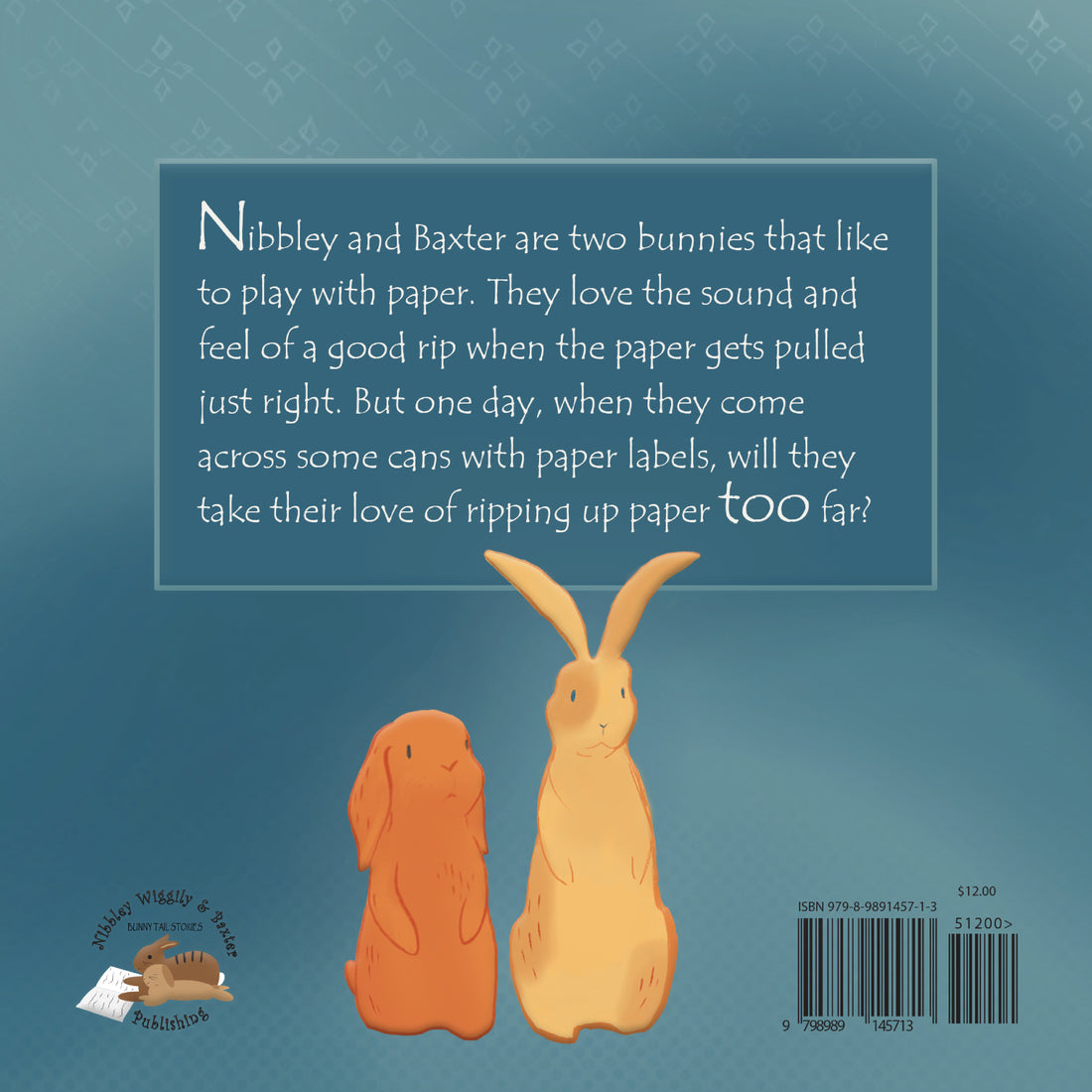
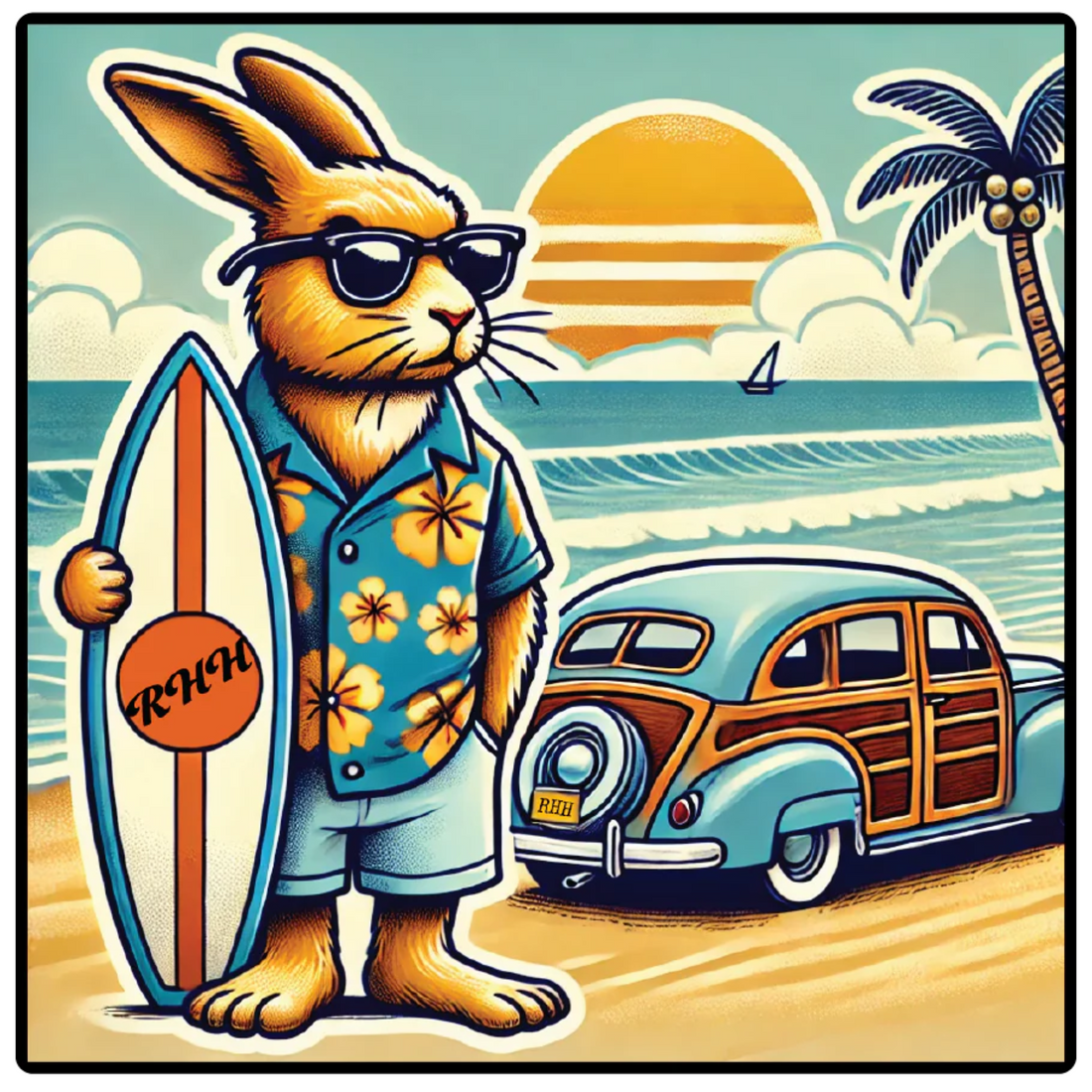


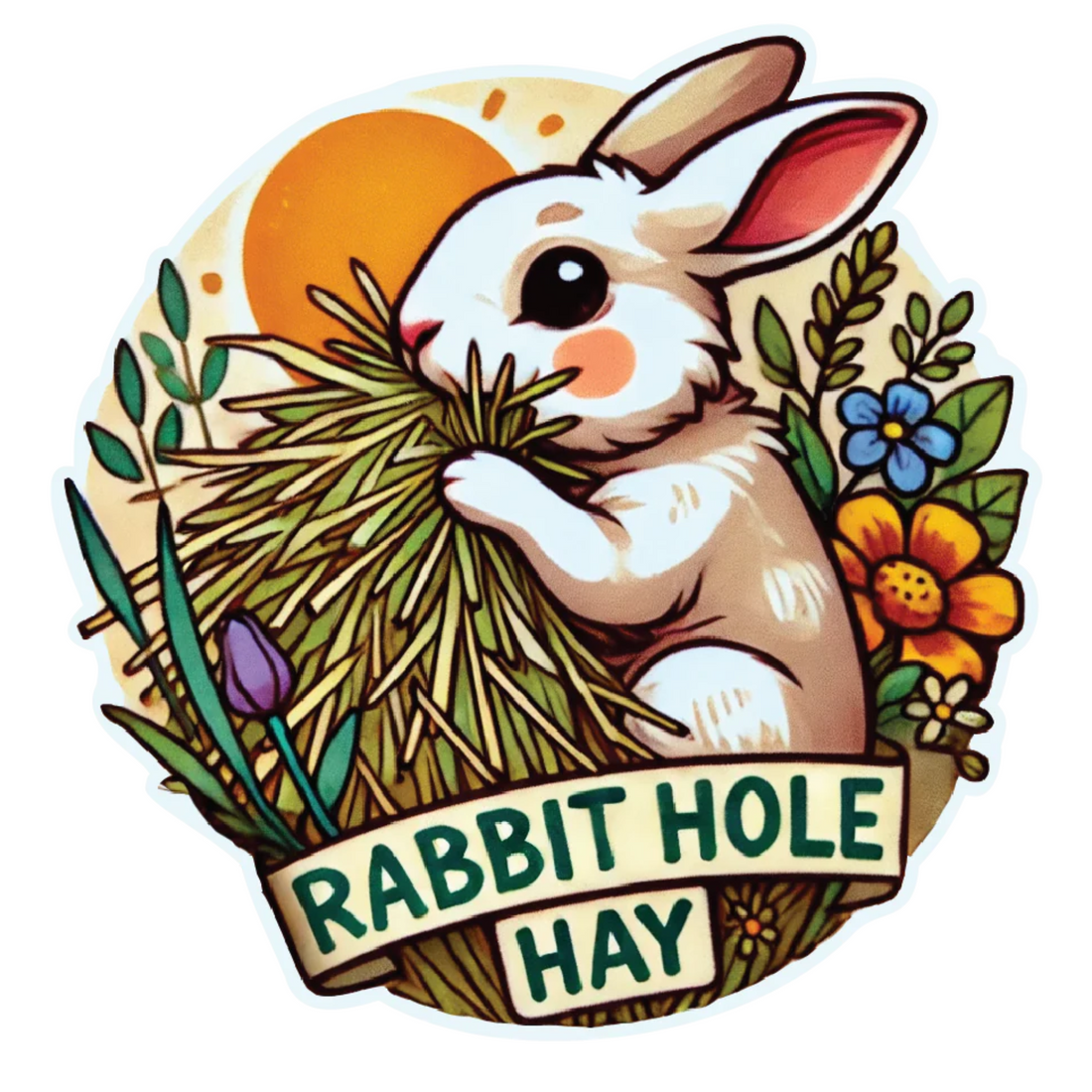
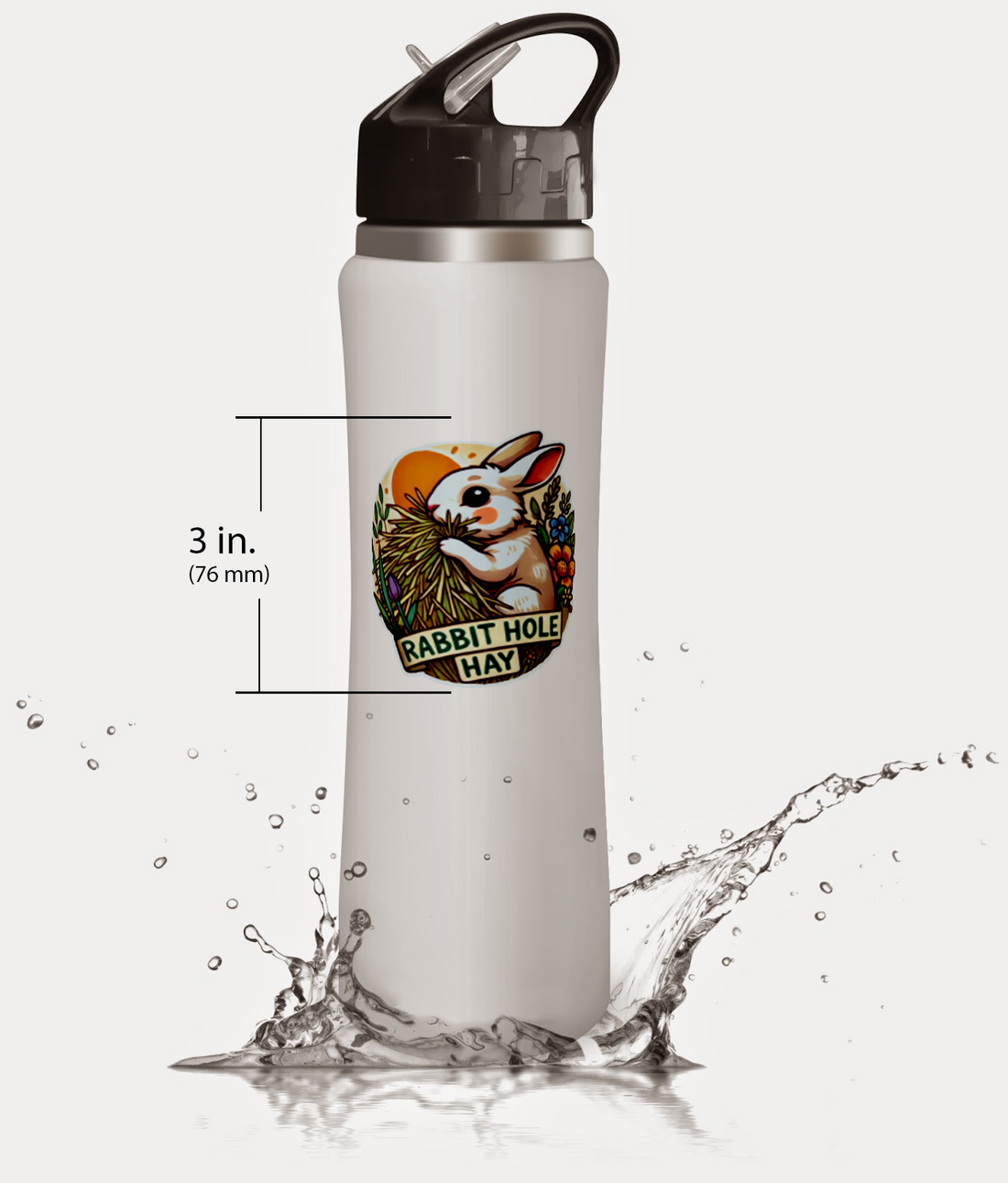


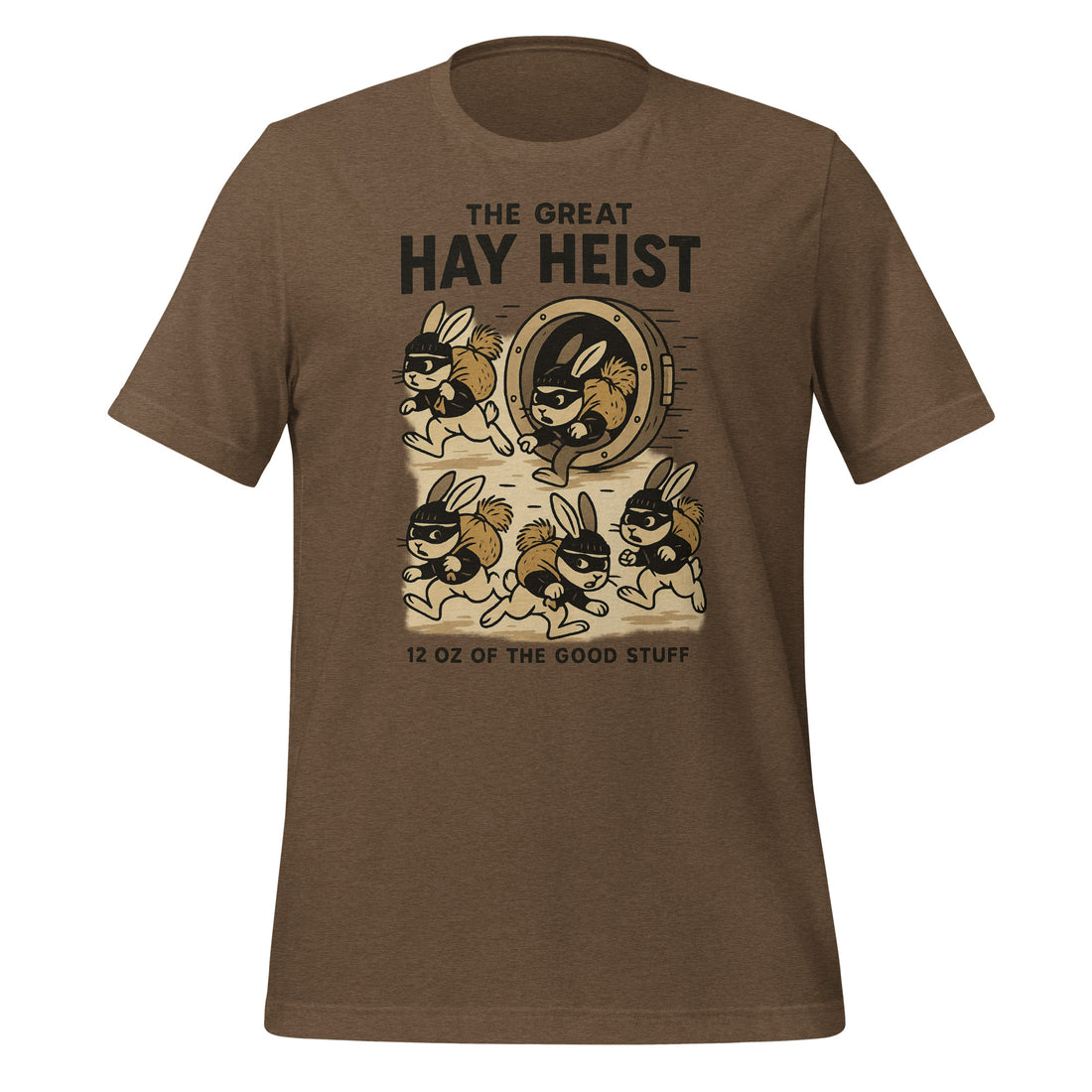

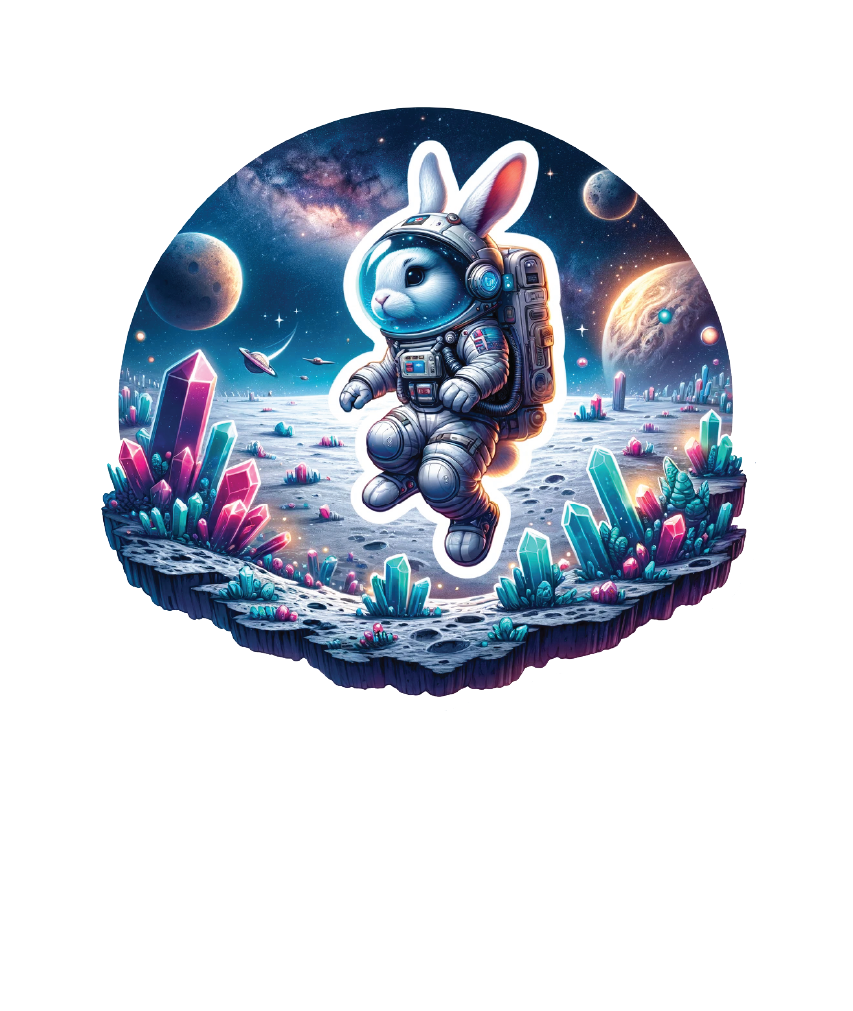
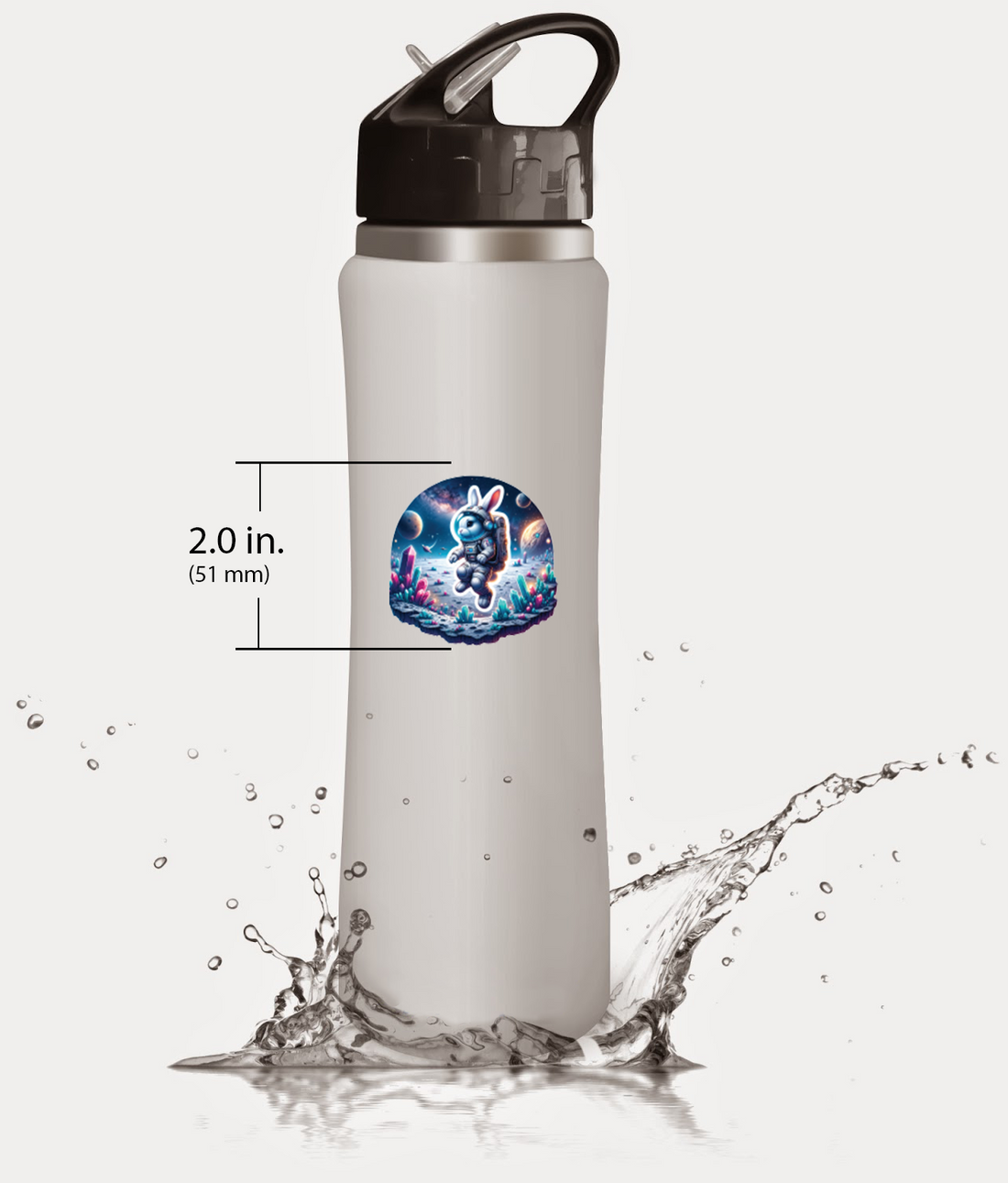








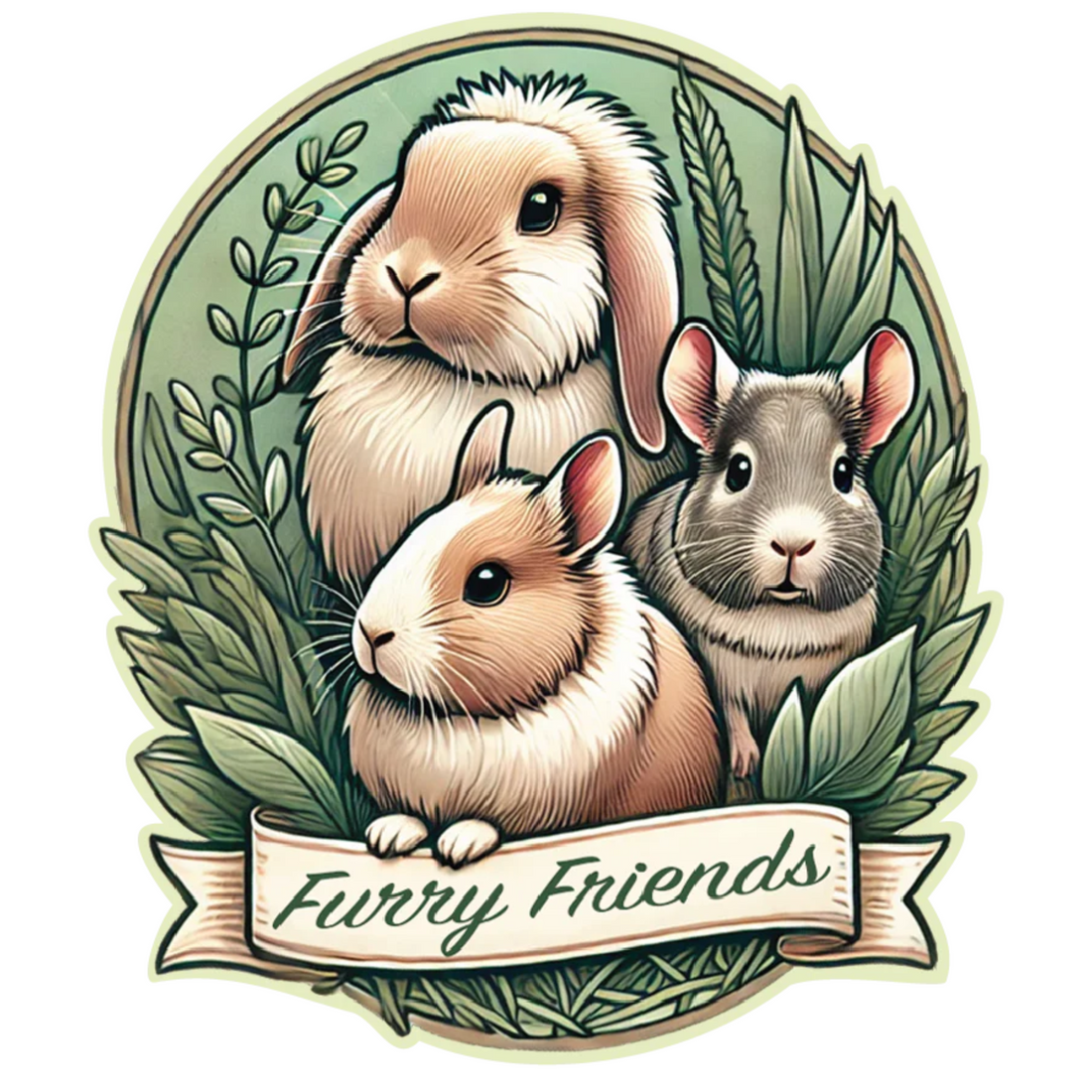
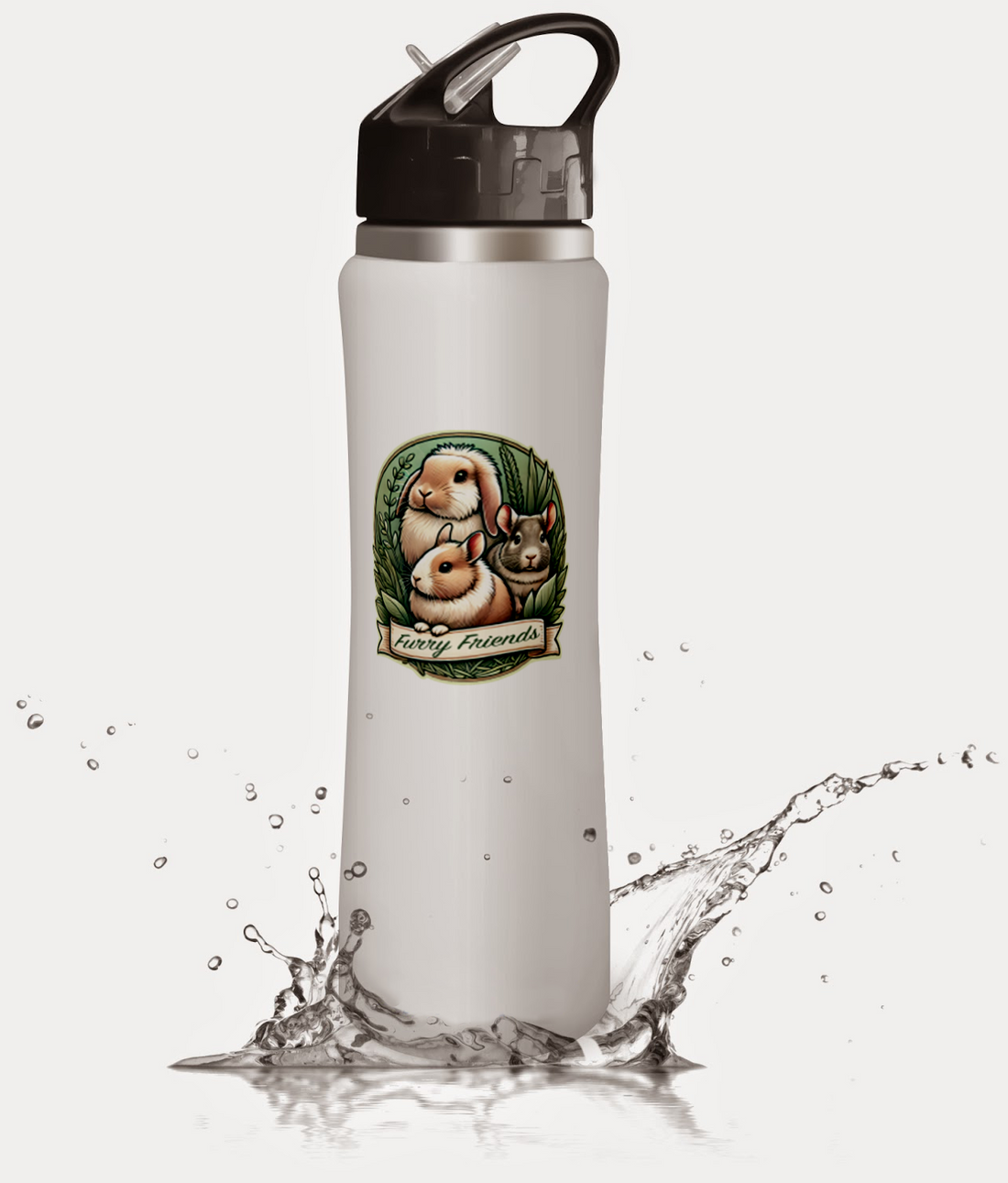









Comments